Economics
About this Collection
Classic works in the discipline are joined by explorations of how economic reasoning applies to political science and other social sciences, as well as the relevance of economics as moral philosophy. A consistent theme is the view that economics is the study of human choice and its consequences, both intended and unintended.
Key People
Titles & Essays
Quotes
Economics
Adam Smith and Loveliness
Economics
Adam Smith and the Uniform Quest for Betterment
Economics
Adam Smith argued that the “propensity to truck, barter, and exchange” was inherent in human nature and gave rise to things such as the division of labour (1776)
Free Trade
Adam Smith argues that retaliation in a trade war can sometimes force the offending country to lower its tariffs, but more often than not the reverse happens (1776)
Economics
Adam Smith debunks that idea that when it comes to public debt “we owe it to ourselves” (1776)
Colonies, Slavery & Abolition
Adam Smith notes that colonial governments might exercise relative freedom in the metropolis but impose tyranny in the distant provinces (1776)
War & Peace
Adam Smith observes that the true costs of war remain hidden from the taxpayers because they are sheltered in the metropole far from the fighting and instead of increasing taxes the government pays for the war by increasing the national debt (1776)
Education
Adam Smith on compulsory attendance in the classroom (1776)
Economics
Adam Smith on consumption as the only end and purpose of production
Economics
Adam Smith on Good Wine and Free Trade
Free Trade
Adam Smith on how “furious monopolists” will fight to the bitter end to keep their privileges (1776)
Taxation
Adam Smith on how governments learn from each other the best way of draining money from the pockets of the people (1776)
Economics
Adam Smith on Inequality Between the Rich and the Poor
Money & Banking
Adam Smith on money as an instrument of commerce as well as a measure of value
Economics
Adam Smith on the Butcher, the Brewer, and the Baker
Economics
Adam Smith on the greater productivity brought about by the division of labor and technological innovation (1760s)
Economics
Adam Smith on the natural ordering Tendency of Free Markets, or what he called the “Invisible Hand” (1776)
Free Trade
Adam Smith on the “liberal system” of free trade (1776)
Education
Adam Smith on who colleges and universities ACTUALLY benefit
Economics
Adam Smith, Employment, and the Advantages to Society
Quote
Alchian on Competition and Coordinated Cooperation
Economics
Alchian on the Right and “cost” of Free Speech
Economics
Anthony de Jasay on the free rider problem (2008)
Economics
Armen Alchian and the Scarcity of Resources
Economics
Armen Alchian on Perpetuities
Economics
Armen Alchian on Scarcity
Economics
Arthur Seldon on the problem of “who guards us from the guardians”? (1990)
Money & Banking
Bagehot on Government, the banking system, and moral hazard (1873)
Money & Banking
Bagehot on the monopoly central bank (1873)
Economics
Bastiat asks the fundamental question of political economy: what should be the size of the state? (1850)
Socialism & Interventionism
Bastiat criticizes the socialists of wanting to be the “Great Mechanic” who would run the “social machine” in which ordinary people were merely so many lifeless cogs and wheels (1848)
War & Peace
Bastiat on disbanding the standing army and replacing it with local militias (1847)
Politics & Liberty
Bastiat on the fact that even in revolution there is an indestructible principle of order in the human heart (1848)
Politics & Liberty
Bastiat on the many freedoms that make up liberty (1848)
Free Trade
Bastiat on the most universally useful freedom, namely to work and to trade (1847)
Politics & Liberty
Bastiat on the need for urgent political and economic reform (1848)
Parties & Elections
Bastiat on the scramble for political office (1848)
Free Trade
Bastiat on the spirit of free trade as a reform of the mind itself (1847)
Economics
Bastiat on the state vs. laissez-faire (1848)
Economics
Bastiat on trade as a the mutual exchange of “a service for another service” (1848)
Liberty
Bastiat’s has a utopian dream of drastically reducing the size of the French state (1847)
The State
Bastiat’s Malthusian theory of the growth of the state (1847)
Food & Drink
Bastiat, the 1830 Revolution, and the Spilling of Wine not Blood (1830)
Economics
Bentham on the liberty of contracts and lending money at interest (1787)
Economics
Bernard Mandeville concludes his fable of the bees with a moral homily on the virtues of peace, hard work, and diligence (1705)
War & Peace
Bernard Mandeville on how the Hardships and Fatigues of War bear most heavily on the “working slaving People” (1732)
Economics
Bernard Mandeville uses a fable about bees to show how prosperity and good order comes about through spontaneous order (1705)
Politics & Liberty
Bernhard Knollenberg on the Belief of many colonial Americans that Liberty was lost because the Leaders of the People had failed in their Duty (2003)
Free Trade
Condy Raguet argues that governments cannot create wealth by means of legislation and that individuals are better judges of the best way to use their capital and labor than governments (1835)
Economics
David Ricardo and the Happiness of a Country
Taxation
David Ricardo considered taxation to be a “great evil” which hindered the accumulation of productive capital and reduced consumption (1817)
Property Rights
David Ricardo on how “insecure tenure” of property rights harms the poor (1824)
Economics
David Ricardo on Taxation
Money & Banking
David Ricardo on the “mere increase of money” (1809)
Economics
David Ricardo on Wages and the Deflation of Currency
Economics
David Ricardo, Paper Money, and the Abuse of Power
Economics
Destutt de Tracy on society as “nothing but a succession of exchanges” (1817)
Economics
Destutt de Tracy on the damage which government debt and the class which lives off loans to the state cause the industrious classes (1817)
Economics
Destutt de Tracy on the mutually beneficial nature of exchange (1817)
Socialism & Interventionism
Eugen von Böhm-Bawerk argues that Marx ignored the fact that the same amount of labor time should be rewarded differently depending upon where along the structure of production it took place (1898)
Origin of Government
Frédéric Bastiat, while pondering the nature of war, concluded that society had always been divided into two classes - those who engaged in productive work and those who lived off their backs (1850)
Economics
Frank Taussig argues for the reverse of a common misconception about the relationship between high wages and the use of machinery (1915)
The State
Frédéric Bastiat and the state as “la grande fiction à travers laquelle Tout Le Monde s'efforce de vivre aux dépens de Tout Le Monde (1848)
Law
Frédéric Bastiat asks what came first, property or law? (1850)
The State
Frédéric Bastiat on the state as the great fiction by which everyone seeks to live at the expense of everyone else (1848)
Free Trade
Frédéric Bastiat’s theory of plunder (1850)
Money & Banking
Friedrich Hayek rediscovers the importance of Henry Thornton’s early 19th century work on “paper credit” and its role in financing the British Empire (1802)
Economics
Friedrich List and Manufacturing Power
Free Trade
Guyot on the protectionist tyranny (1906)
Economics
Hayek on Spontaneous Order and the Division of Labor
Free Trade
Henry George on a “free trade America” as the real city set on a hill (1886)
Free Trade
Henry George on how trade sanctions hurt domestic consumers (1886)
Free Trade
Henry George on the scramble to get government favors known as trade “protection” (1886)
Society
Herbert Spencer on the idea that society is a spontaneous growth and not artificially put together (1860)
Economics
Horace Say on “I, Pin” and the international division of labor (1852)
Economics
Israel Kirzner on the Individual and the Market
Colonies, Slavery & Abolition
J.B. Say argues that colonial slave labor is really quite profitable for the slave owners at the expense of the slaves and the home consumers (1817)
Property Rights
J.B. Say on the self-evident nature of property rights which is nevertheless violated by the state in taxation and slavery (1817)
War & Peace
J.M. Keynes reflected on that “happy age” of international commerce and freedom of travel that was destroyed by the cataclysm of the First World War (1920)
Economics
James Buchanan on “process” and the market order (1982)
Economics
James Mill’s formulation of “Say’s Law” (1808)
Free Trade
Jane Haldimand Marcet, in a popular tale written for ordinary readers, shows the benefits to workers of foreign trade, especially at Christmas time (1833)
Law
Jasay on the superiority of “spontaneous conventions” over “legal frameworks” (2007)
Colonies, Slavery & Abolition
Jean-Baptiste Say argues that home-consumers bear the brunt of the cost of maintaining overseas colonies and that they also help support the lavish lifestyles of the planter and merchant classes (1817)
Economics
Jean-Baptiste Say argues that there is a world of difference between private consumption and public consumption; an increase in the latter does nothing to increase public wealth (1803)
Free Trade
Jean-Baptiste Say regards regulations which favor producers as a form of political privilege at the expence of the community (1803)
Economics
Kirzner defines economics as the reconciliation of conflicting ends given the existence of inescapable scarcity (1960)
Politics & Liberty
Leggett on the tendency of the government to become “the universal dispenser of good and evil” (1834)
Presidents, Kings, Tyrants, & Despots
Leonard Read on Ludwig von Mises as the economic dictator of the U.S. (1971)
Economics
Lord Macaulay writes a devastating review of Southey’s Colloquies in which the Poet Laureate’s ignorance of the real condition of the working class in England is exposed (1830)
Economics
Ludwig Lachmann and the free market as a leveling process in the distribution of wealth (1956)
Socialism & Interventionism
Ludwig von Mises argues that monopolies are the direct result of government intervention and not the product of any inherent tendency within the capitalist system (1949)
Economics
Ludwig von Mises argues that the division of labor and human cooperation are the two sides of the same coin and are not antagonistic to each other (1949)
Money & Banking
Ludwig von Mises lays out five fundamental truths of monetary expansion (1949)
Socialism & Interventionism
Ludwig von Mises on the impossibility of rational economic planning under Socialism (1922)
Money & Banking
Ludwig von Mises shows the inevitability of economic slumps after a period of credit expansion (1951)
Economics
Mandeville on the social cooperation which is required to produce a piece of scarlet cloth (1723)
Property Rights
McCulloch argues that the right to property extends to “the faculties of (one’s) mind and the powers of (one’s) body” (1864)
Liberty
Milton Friedman and the Free Society
The State
Milton Friedman on the Deconcentration of Power
Free Trade
Mises on how the “boon” of a tariff privilege is soon dissipated (1949)
Money & Banking
Mises on the gold standard as the symbol of international peace and prosperity (1949)
Economics
Mises on the interconnection between economic and political freedom (1949)
Taxation
Mises on the public sector as “tax eaters” who “feast” on the assets of the ordinary tax payer (1953)
Property Rights
Molinari defends the right to property against the socialists who want to overthrow it, and the conservatives who defend it poorly (1849)
Rhetoric of Liberty
Molinari on mankind’s never-ending struggle for liberty (1849)
Economics
Montesquieu thought that commerce improves manners and cures “the most destructive prejudices” (1748)
The State
Nassau Senior argues that government is based upon extortion (1854)
Socialism & Interventionism
Nassau Senior objected to any government regulation of factories which meant that a horde of inspectors would interfere with the organization of production (1837)
Money & Banking
Nassau Senior on how the universal acceptance of gold and silver currency creates a world economy (1830)
Free Trade
Nicholas Barbon on the mutual benefits of free trade even in luxury goods (“wants of the mind”) (1690)
Sport and Liberty
Nisbet on how violent, contact sports like football redirect people’s energies away from war (1988)
Economics
Paul Heyne on THE economic way of thinking (1995)
Economics
Philip Wicksteed on how impersonal economic relations help others (1910)
Economics
Philip Wicksteed on “non-tuism” in economic relations (1910)
Economics
Philip Wicksteed’s positive vision of the “cash nexus” (1910)
Free Trade
Richard Cobden on how free trade would unite mankind in the bonds of peace (1850)
Free Trade
Richard Cobden’s “I have a dream” speech about a world in which free trade is the governing principle (1846)
War & Peace
Robert Nisbet on the Shock the Founding Fathers would feel if they could see the current size of the Military Establishment and the National Government (1988)
Economics
Samuel Fortrey, Public Profit, and Public Good
Property Rights
Say on a person’s property right in their own “industrious faculties” (1819)
Economics
Spooner on the “natural right to labor” and to acquire all one honestly can (1846)
Money & Banking
The 11th Day of Christmas: Mises on the gold standard and peace on earth (1934)
Free Trade
The 12th Day of Christmas: Frank Chodorov on free trade as the harbinger of goodwill among men and peace on earth (1940)
Taxation
Thomas Hodgskin noted in his journey through the northern German states that the burden of heavy taxation was no better than it had been under the conqueror Napoleon (1820)
Property Rights
Thomas Hodgskin on the futility of politicians tinkering with bad laws when the whole political system needed to be changed (1832)
Money & Banking
Vera Smith on Central Banking and the Scottish System
Money & Banking
Vera Smith on How the Civil War Changed the US Banking System
Class
William Cobbett on the dangers posed by the “Paper Aristocracy” (1804)
Money & Banking
William Cobbett opposes the government bail-out at taxpayer expence of those who lent money to the state (1815)
Free Trade
William Fox on the hypocrisy of those who do not want to be dependent on foreign trade (1844)
Free Trade
William Grampp shows how closely connected Richard Cobden’s desire for free trade was to his desire for peace (1960)
Free Trade
Yves Guyot accuses all those who seek Protection from foreign competition of being “Socialists” (1893)
Socialism & Interventionism
Yves Guyot on the violence and lawlessness inherent in socialism (1910)
Notes About This Collection
See also the extracts, chapters, and introductions in the Economics section of the Ideas page.
More material on Economics can be found at our sister website The Library of Economics and Liberty (Econlib). As its name suggests, it specializes in material relating to economics and includes over 120 titles of economic classics, monthly articles on economic topics from around the world, a blog for the discussion of economic ideas (EconLog), a collection of interviews and podcasts (EconTalk), resources for high school teachers of economics, and an Encyclopedia of Economics.
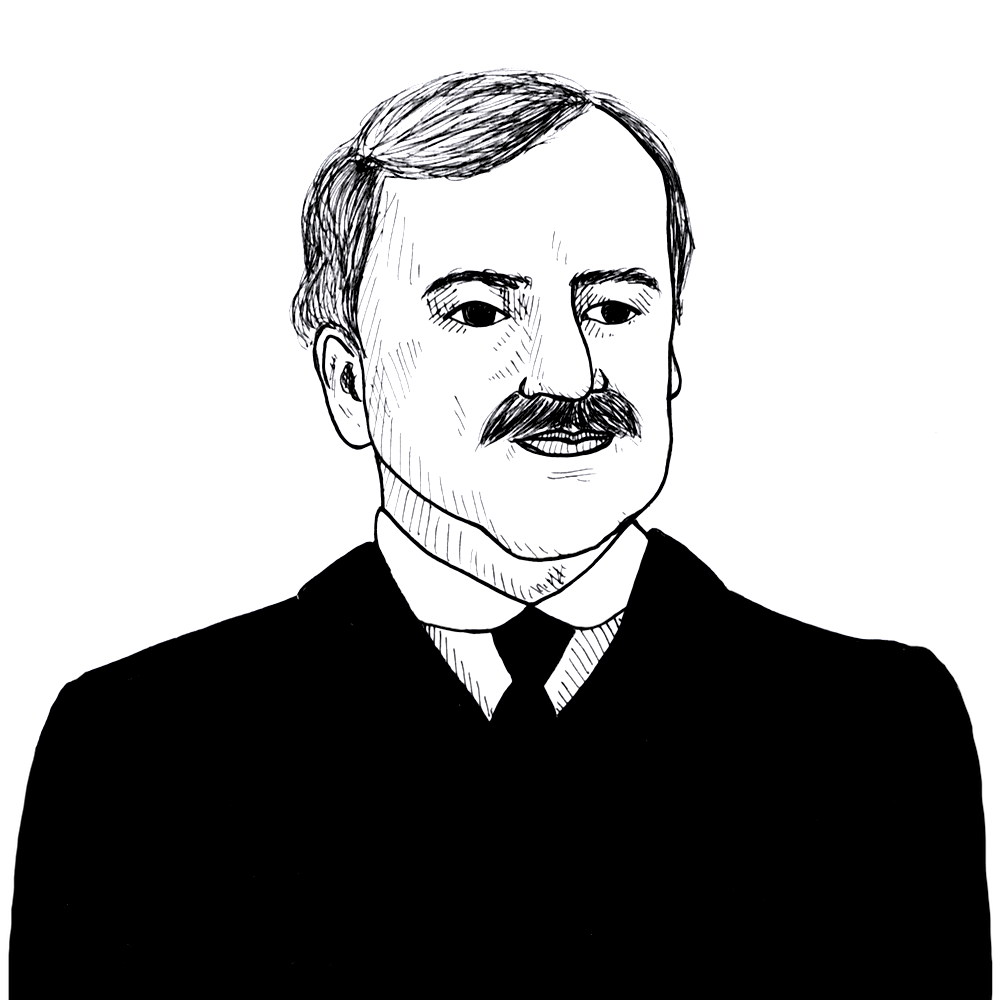
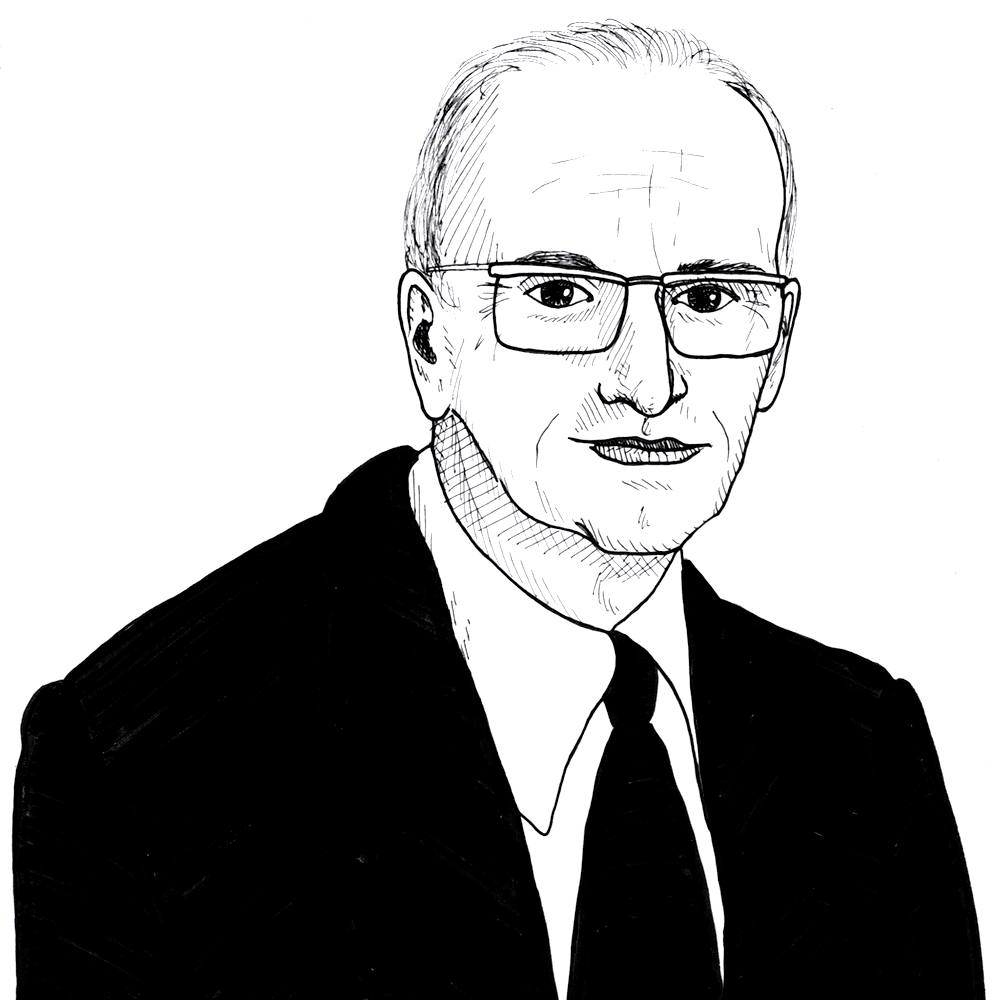
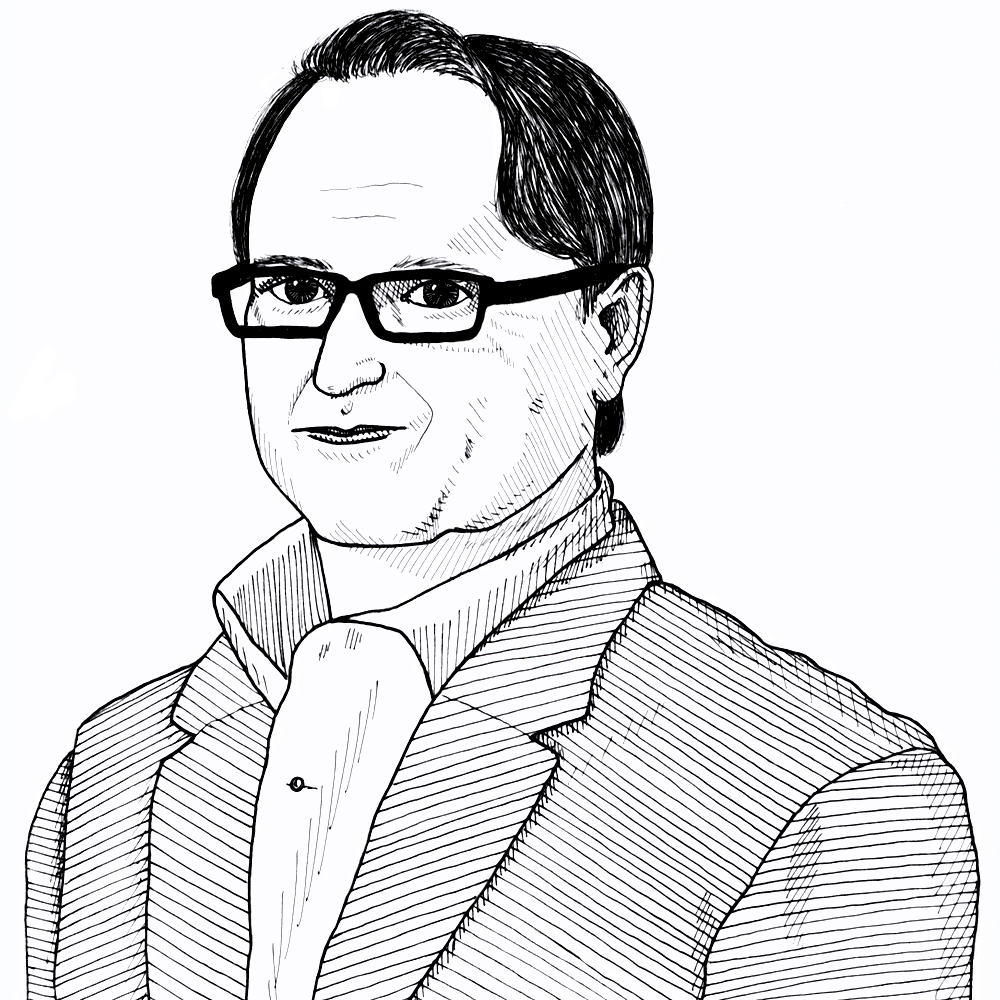


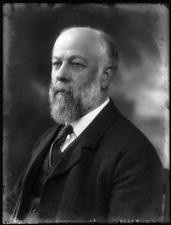
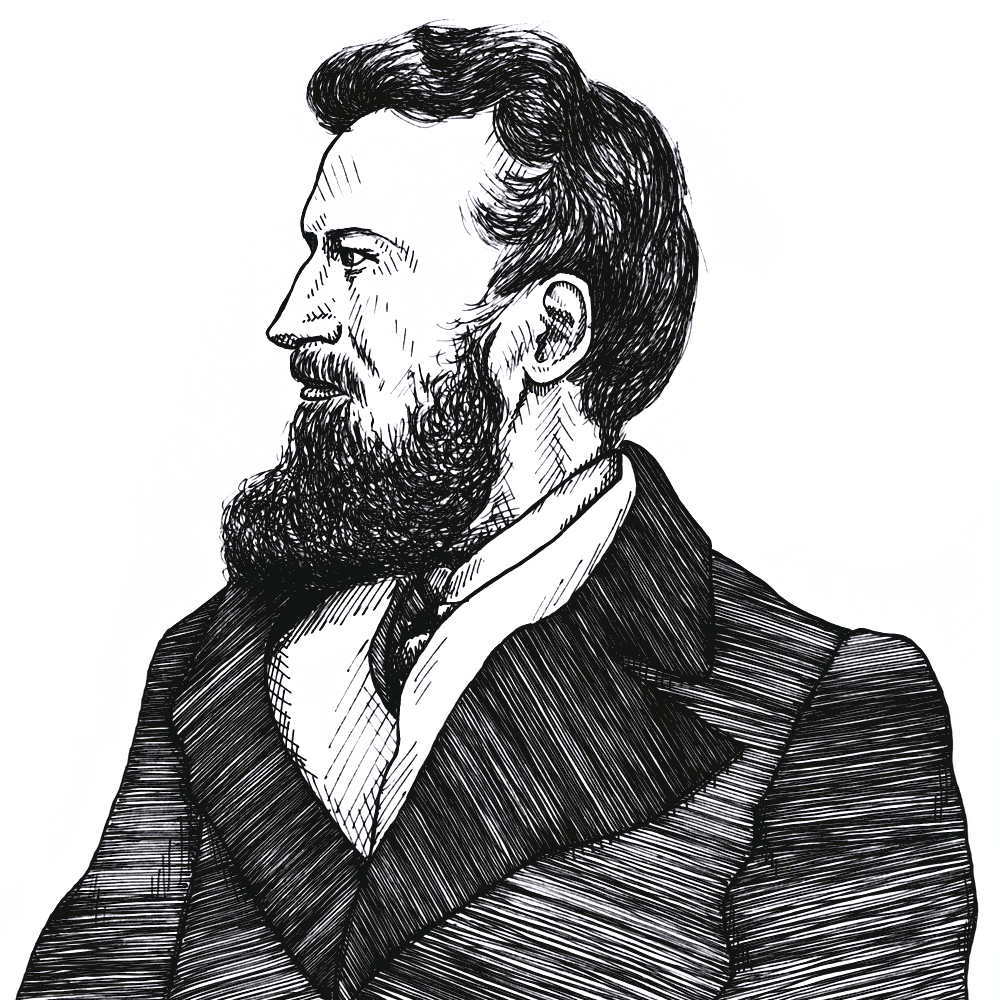
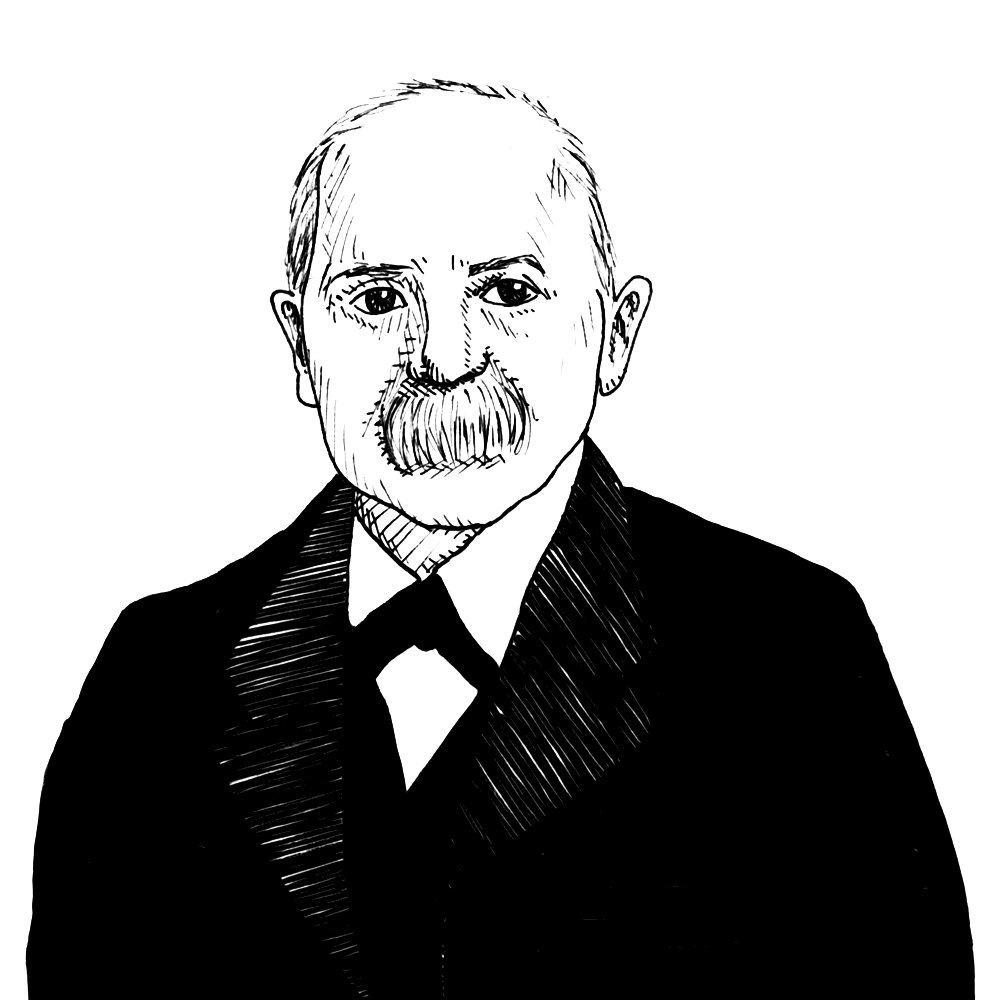
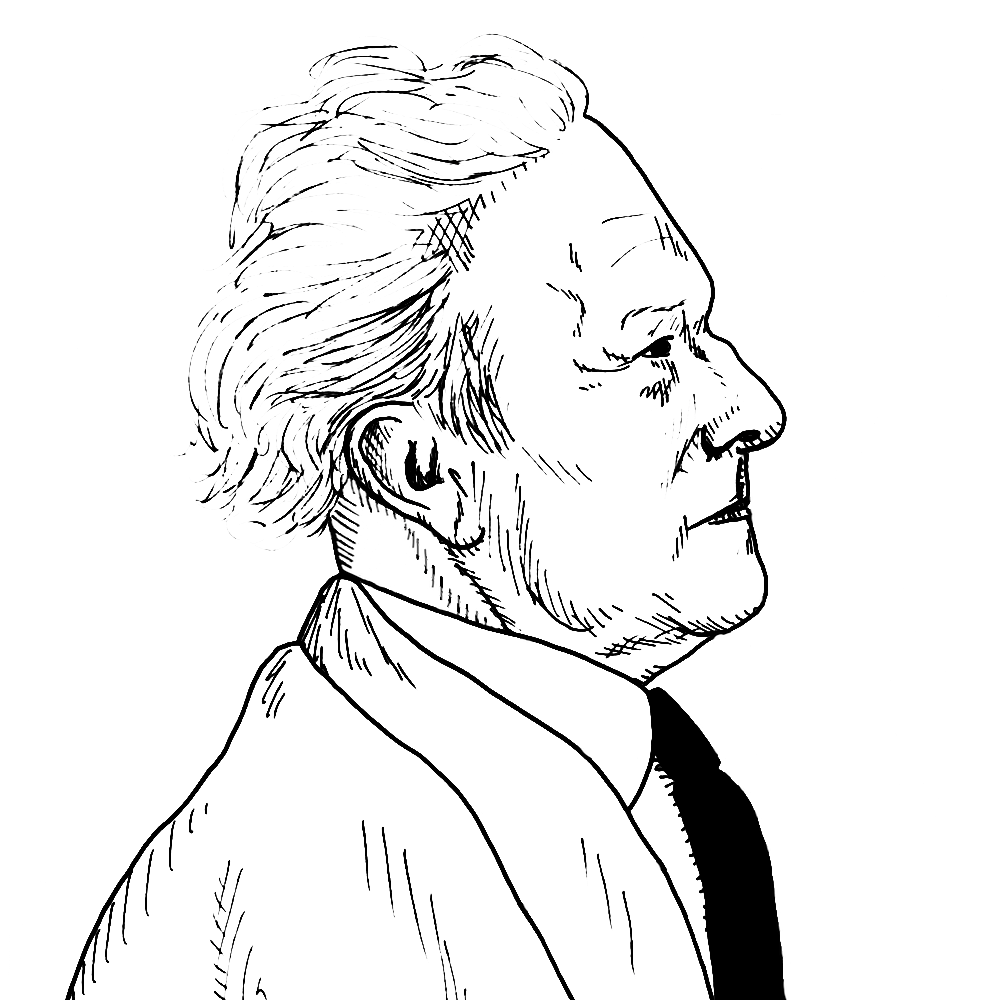

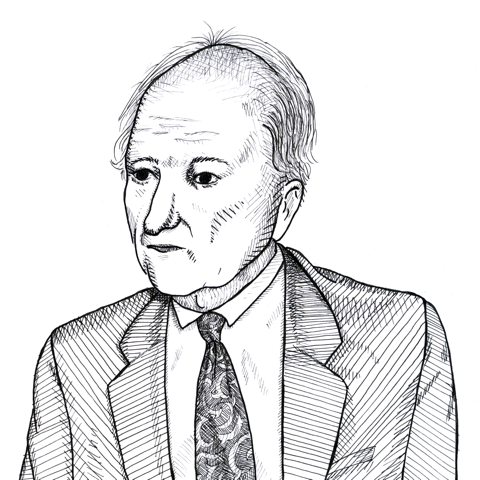
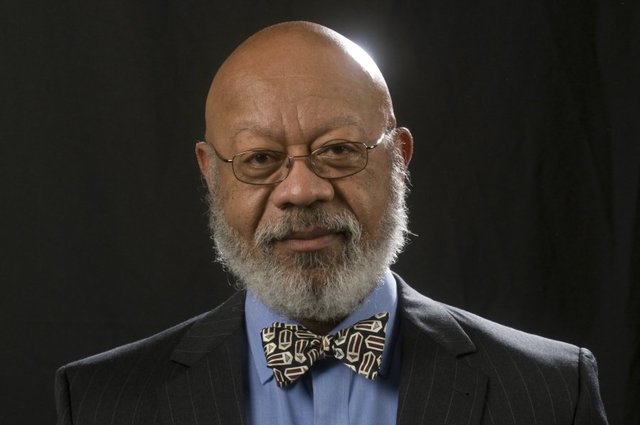
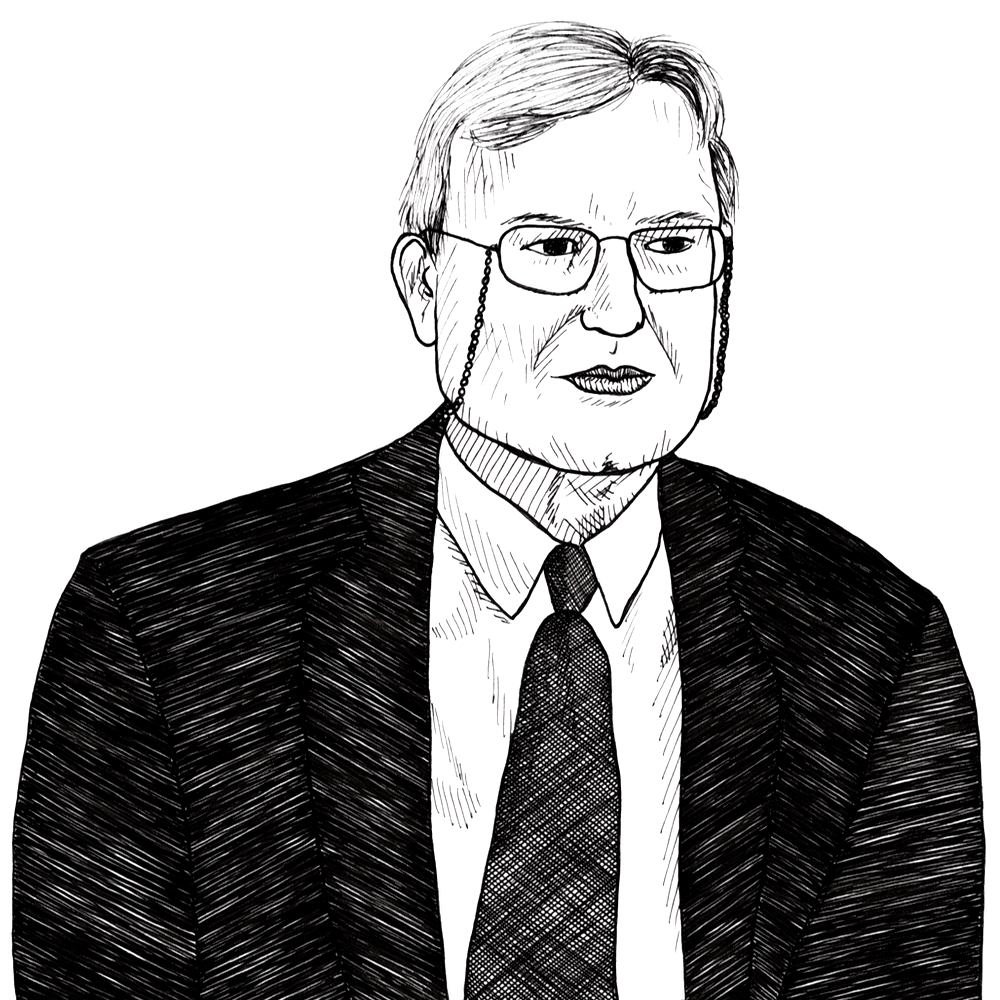

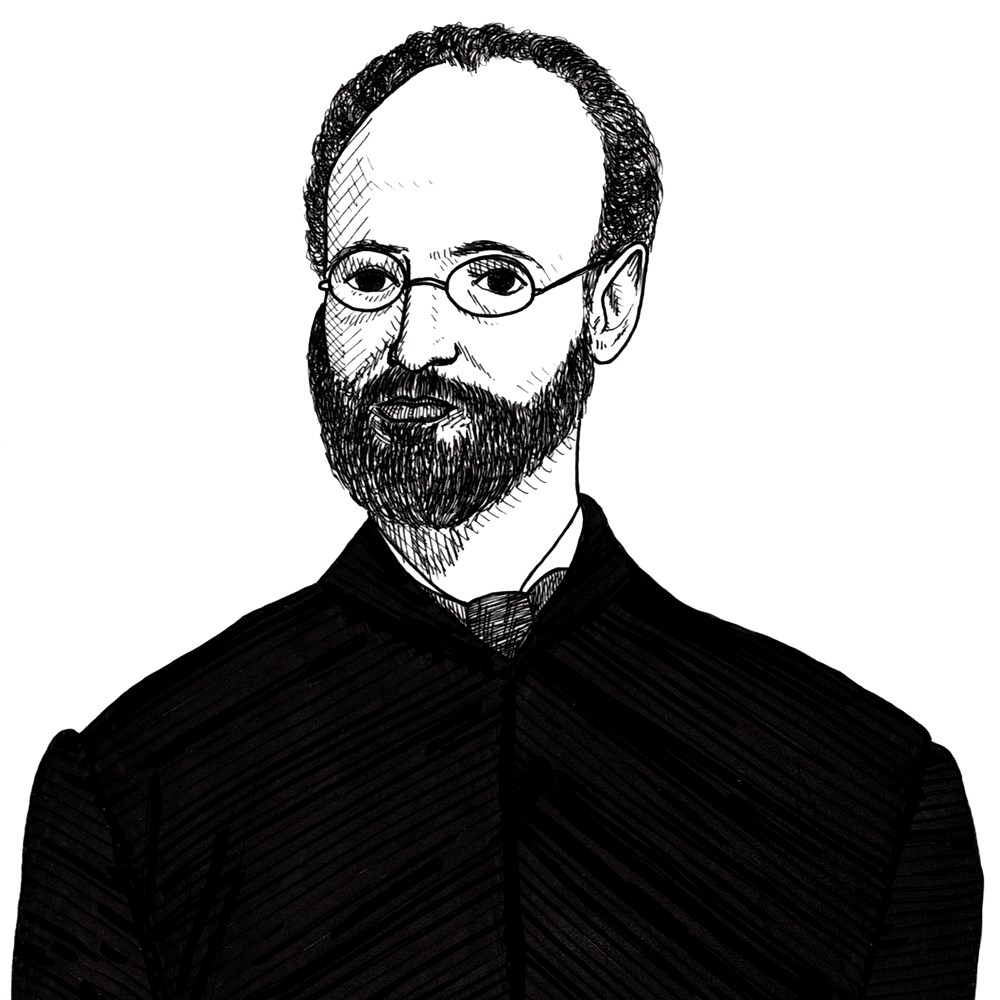

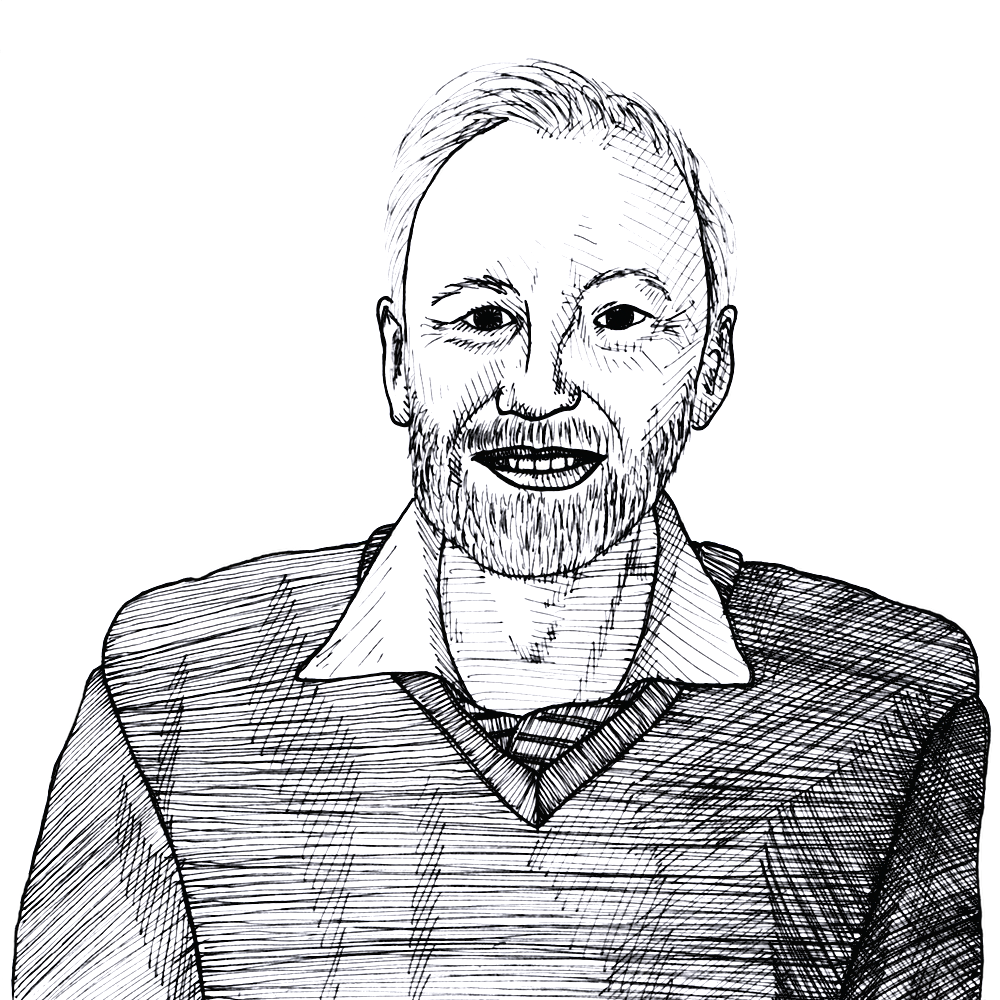


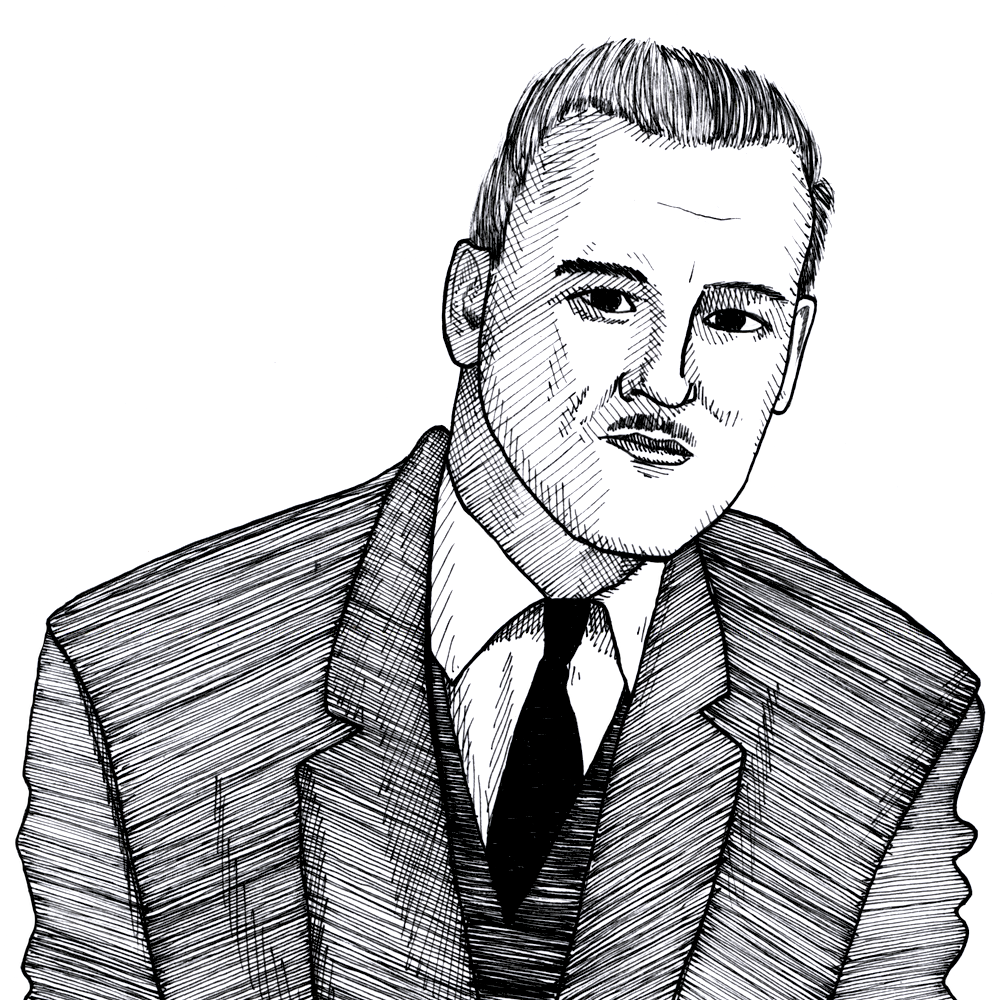


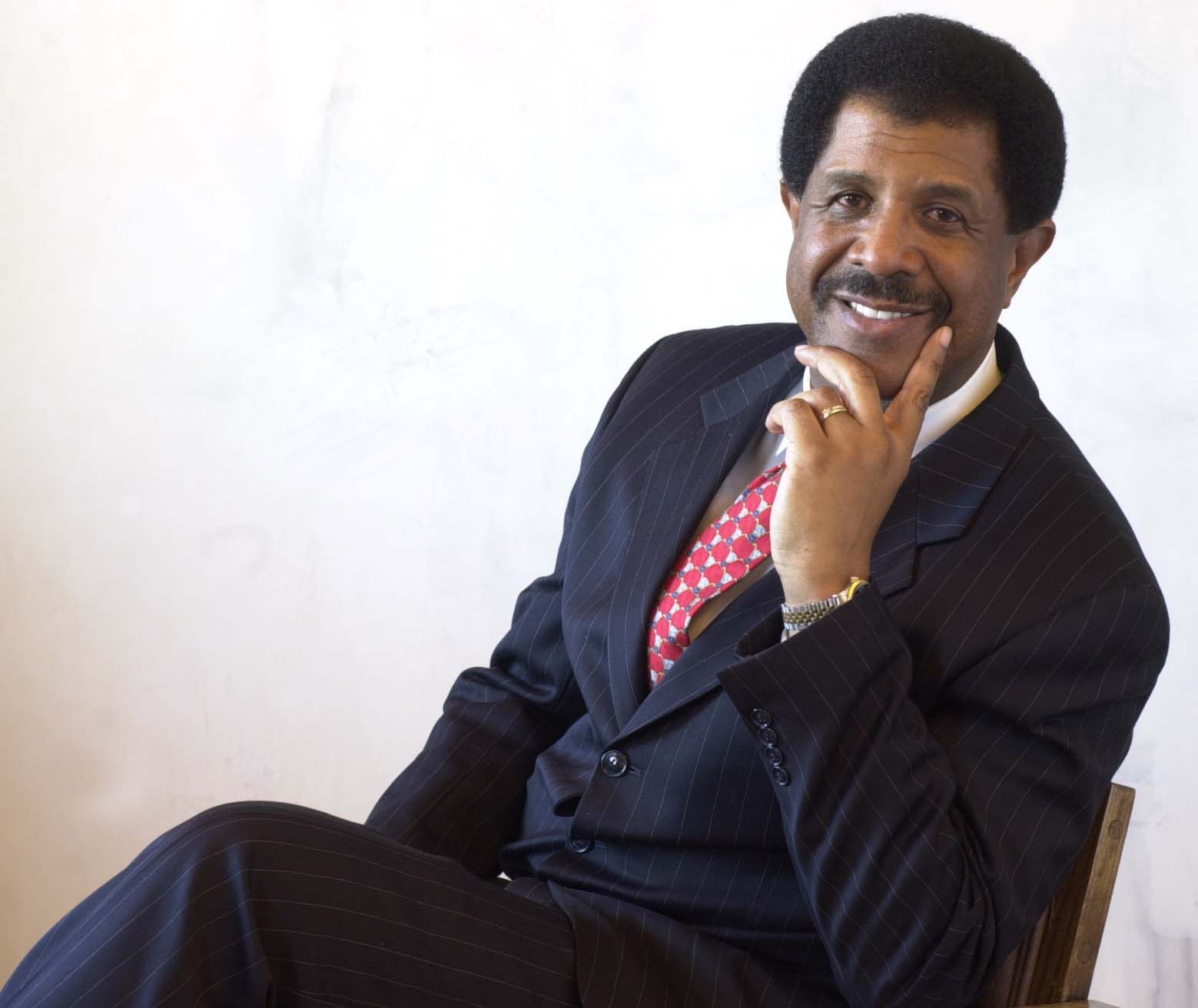


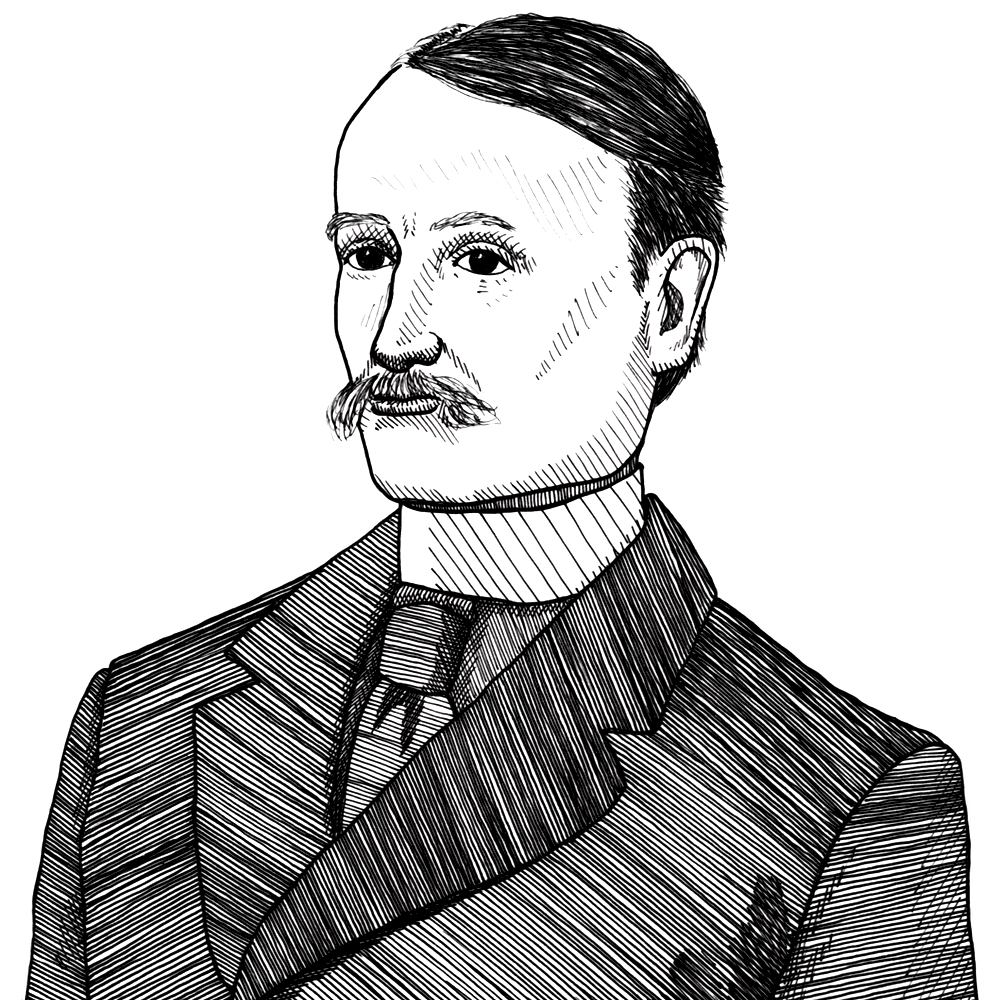

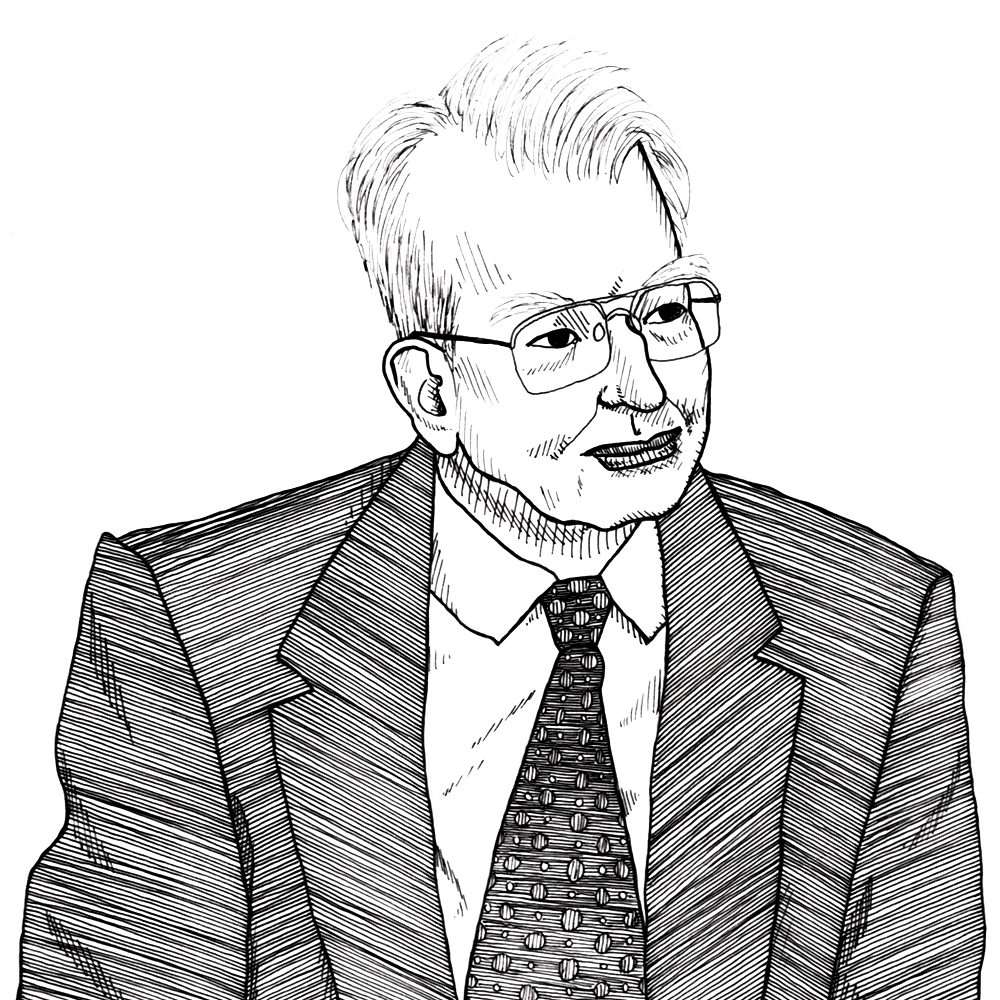


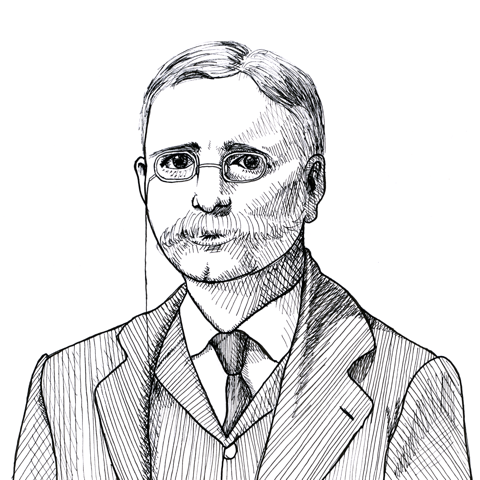

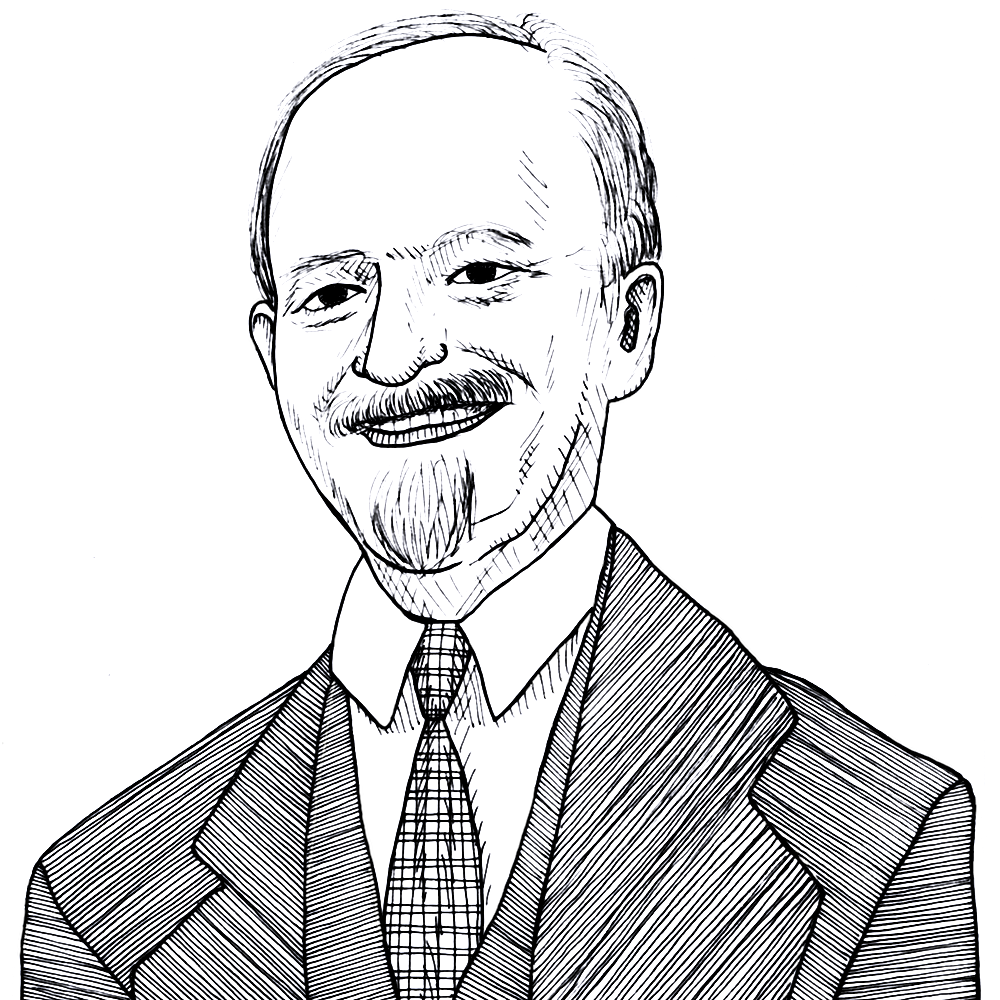
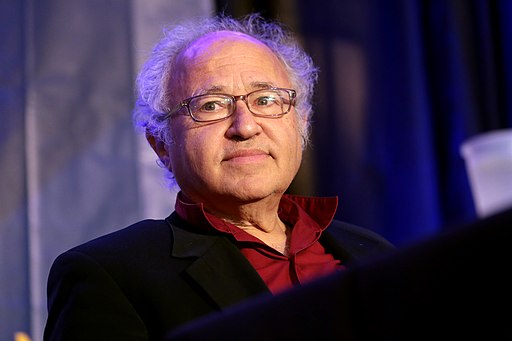
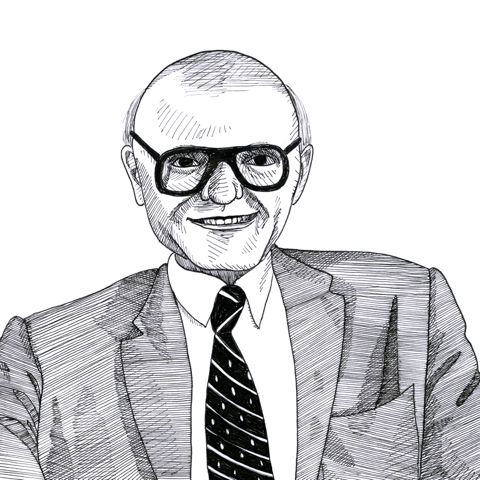
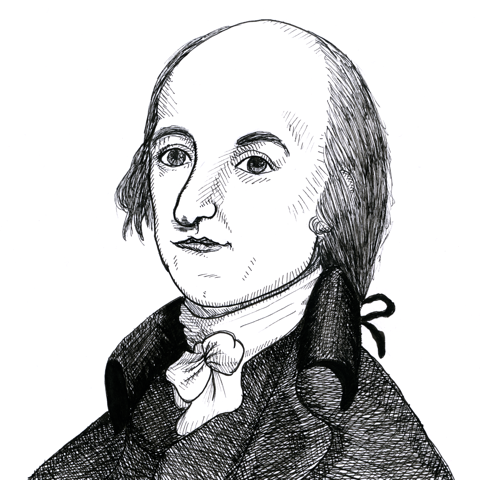


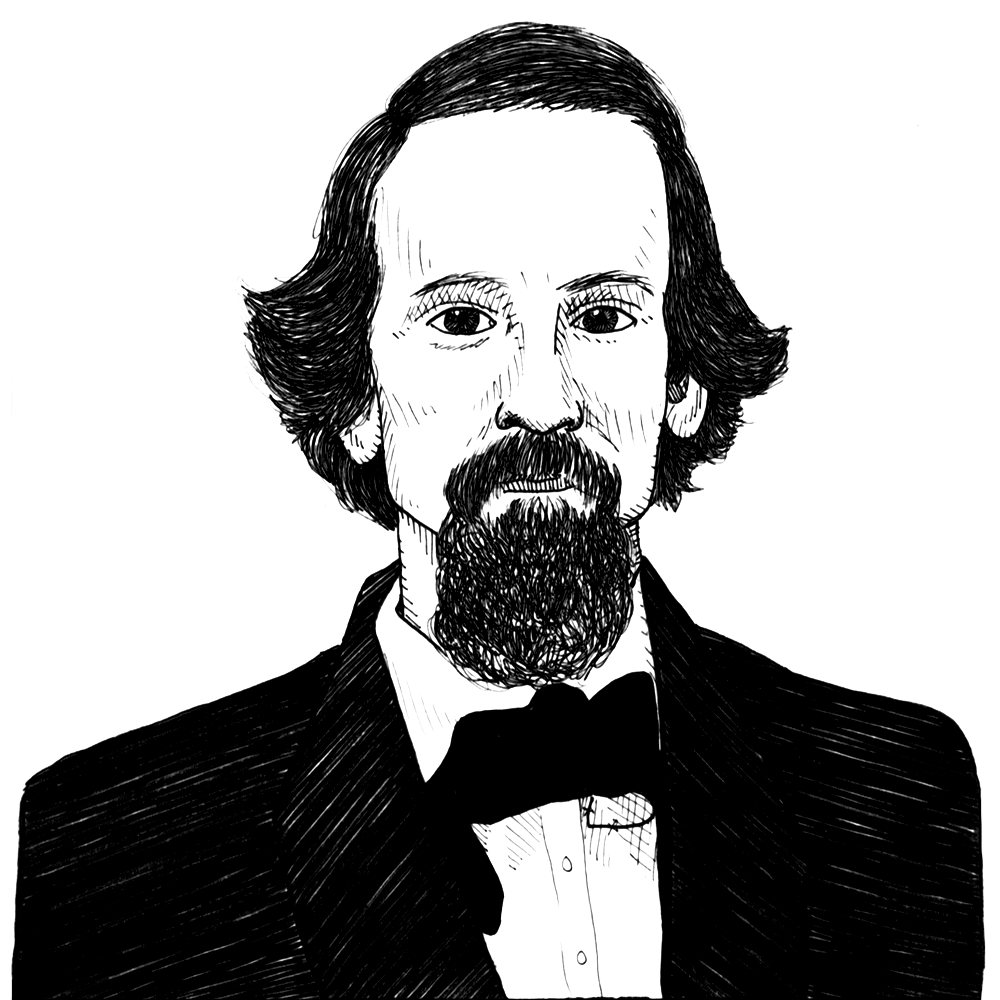




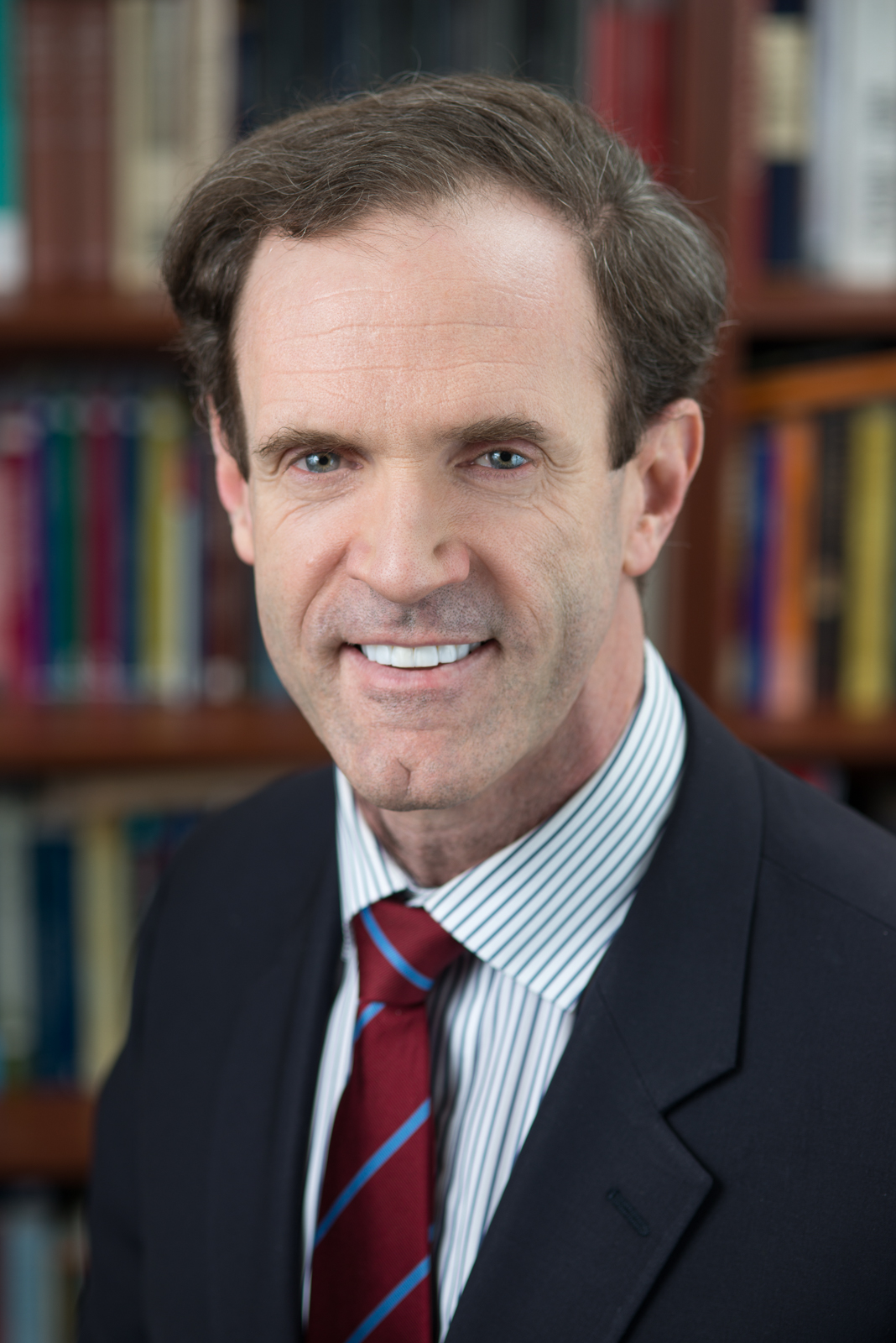
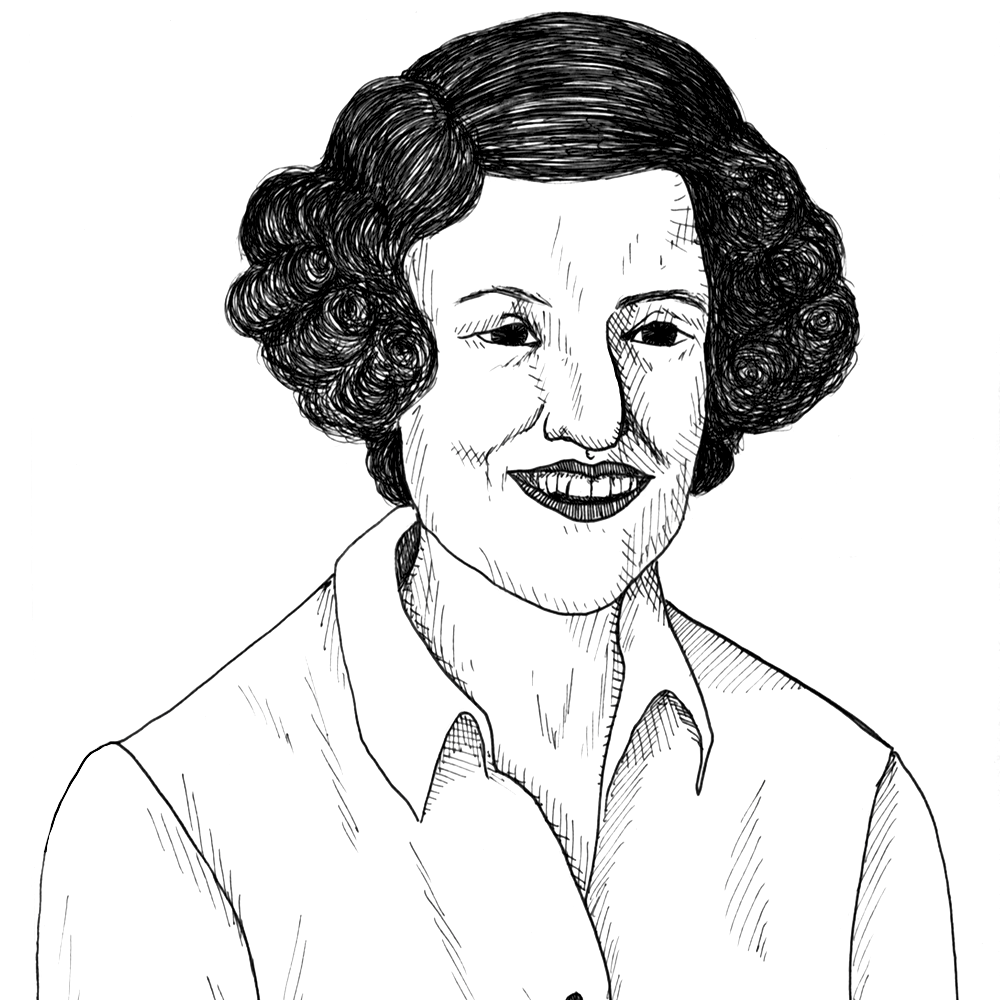
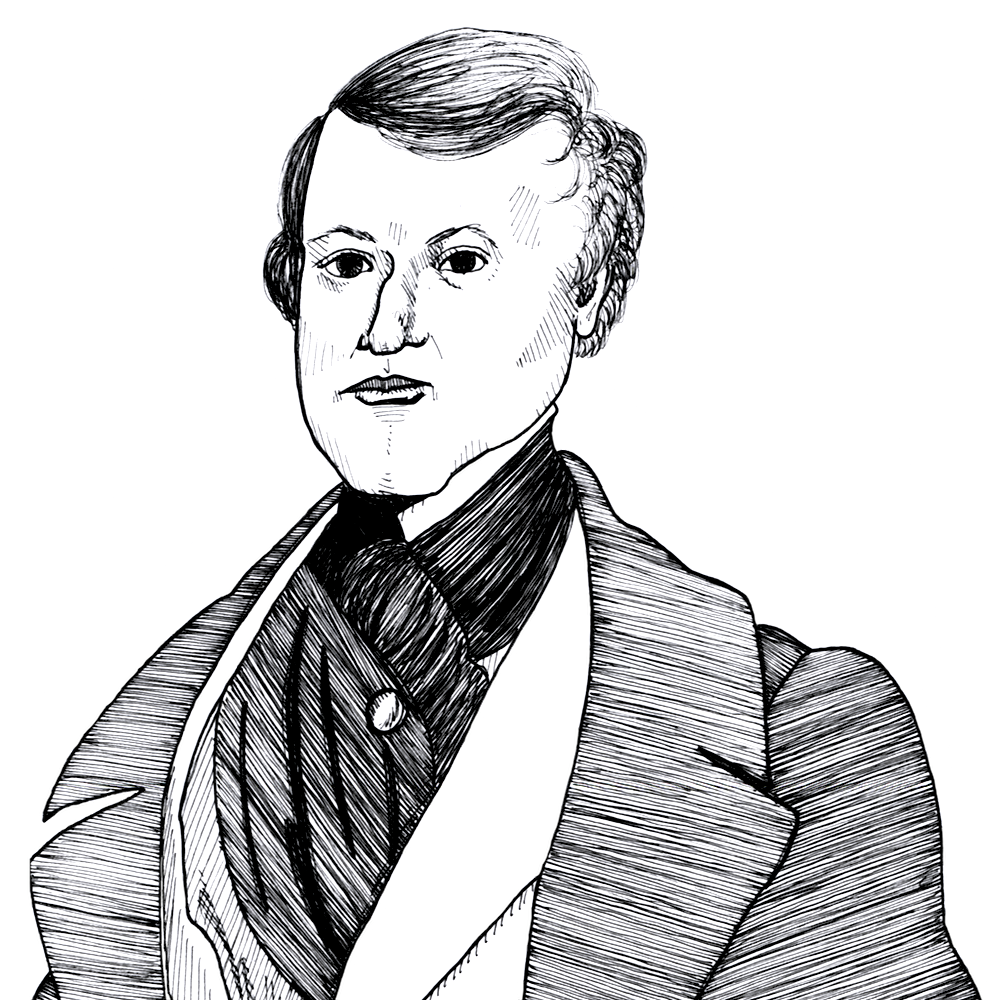


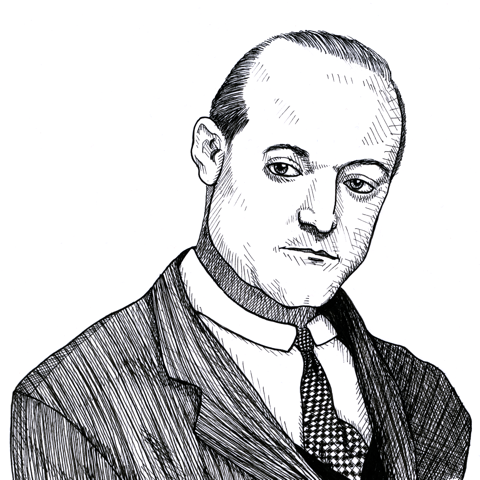
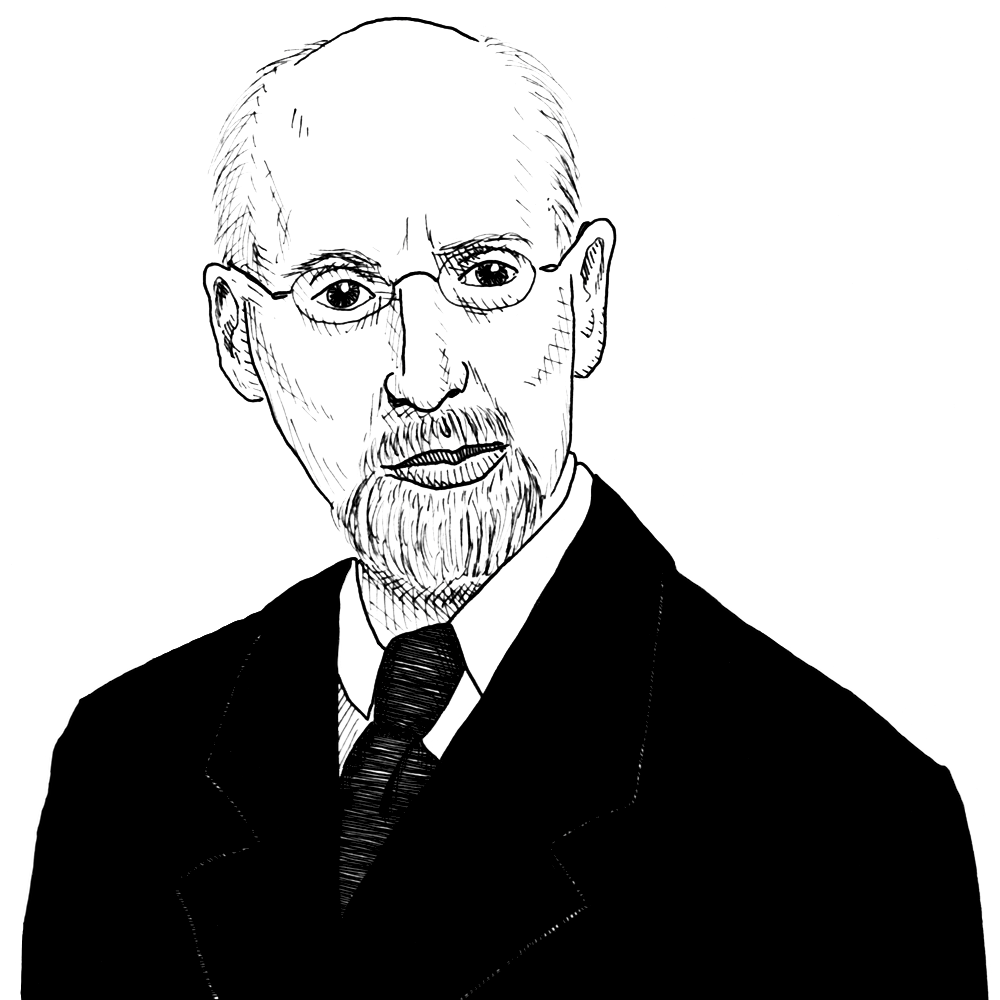
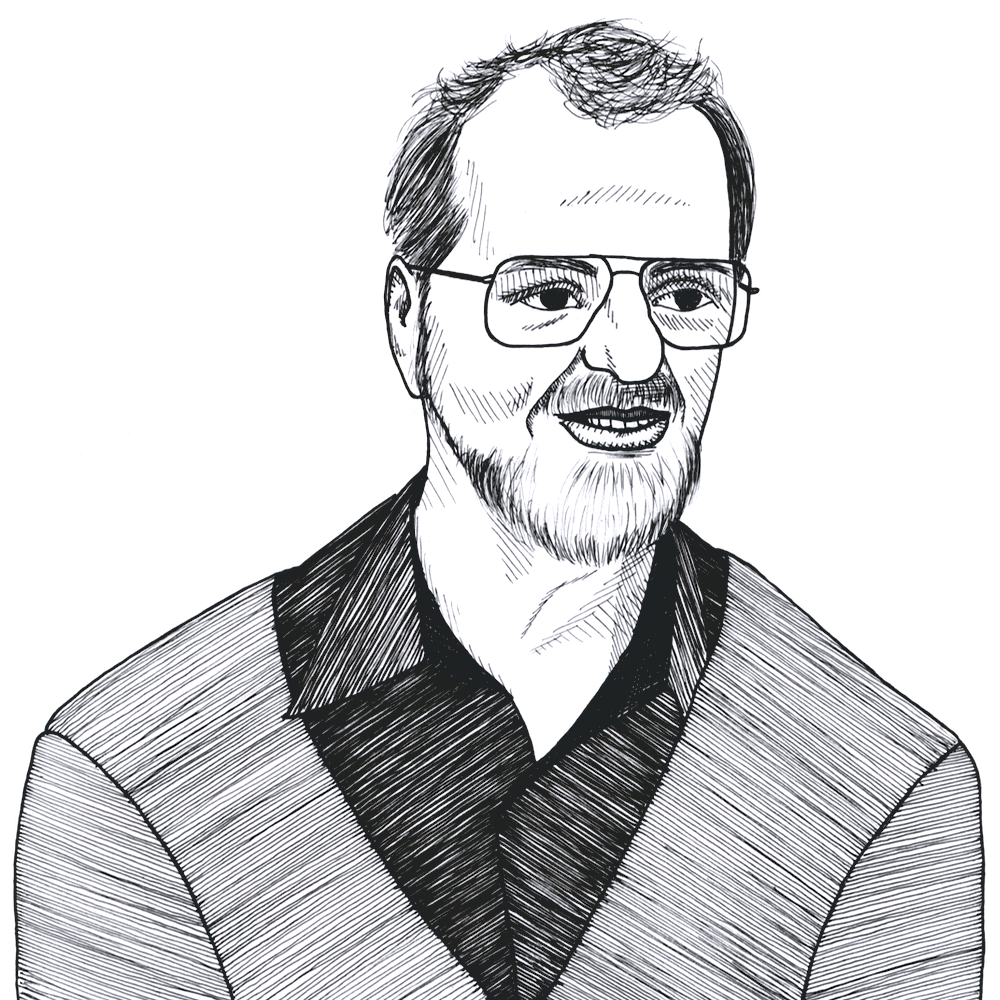
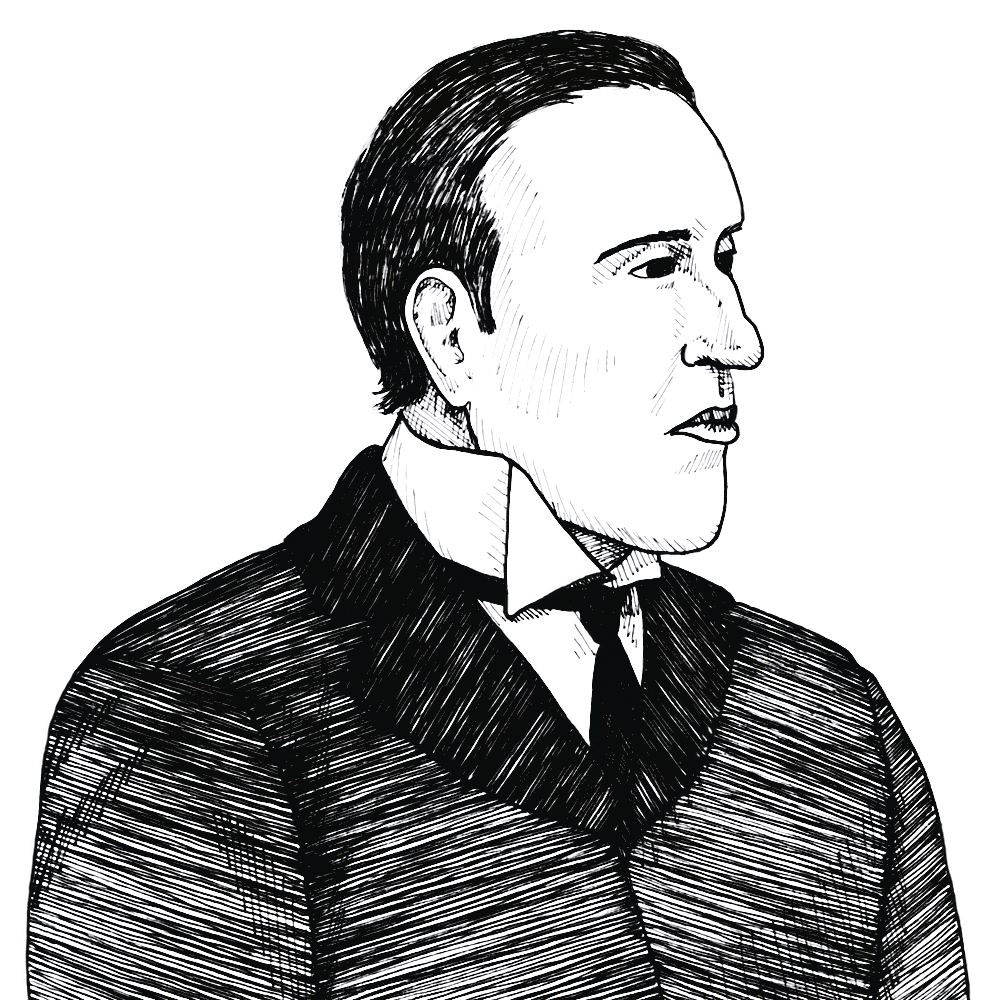

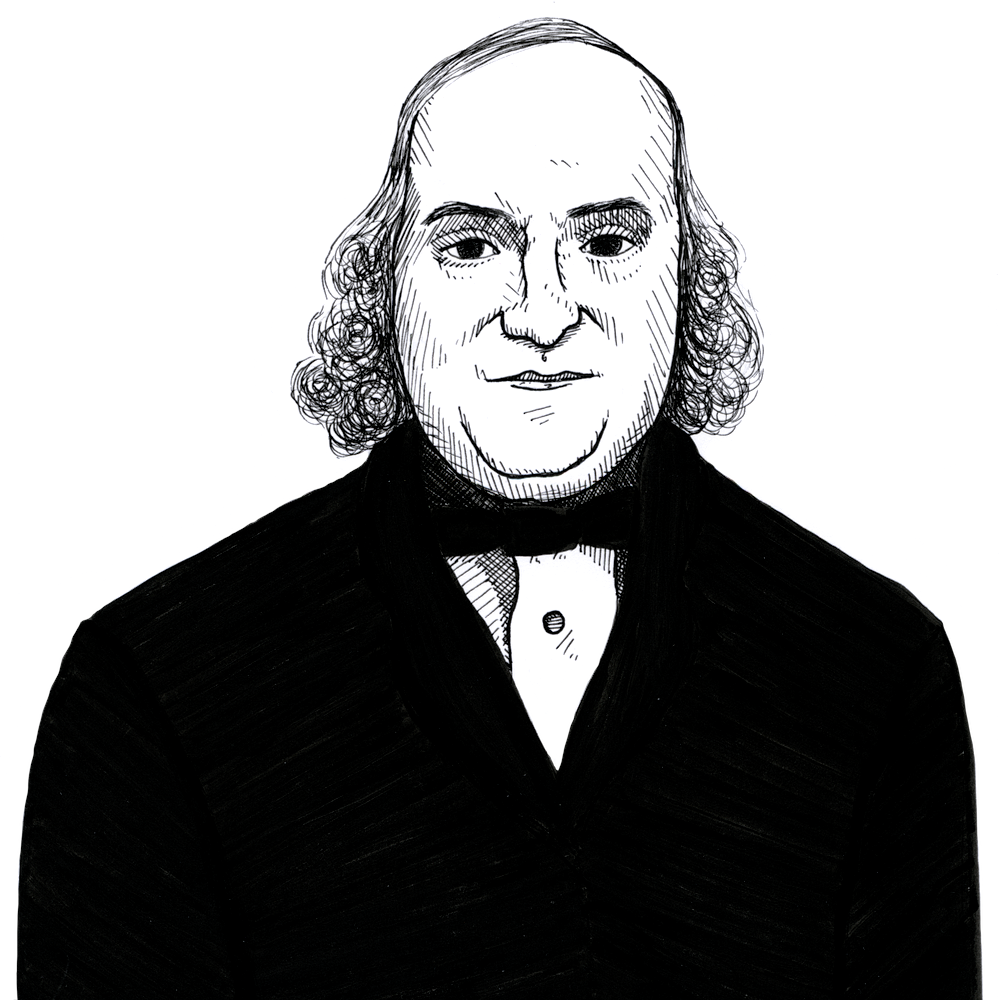




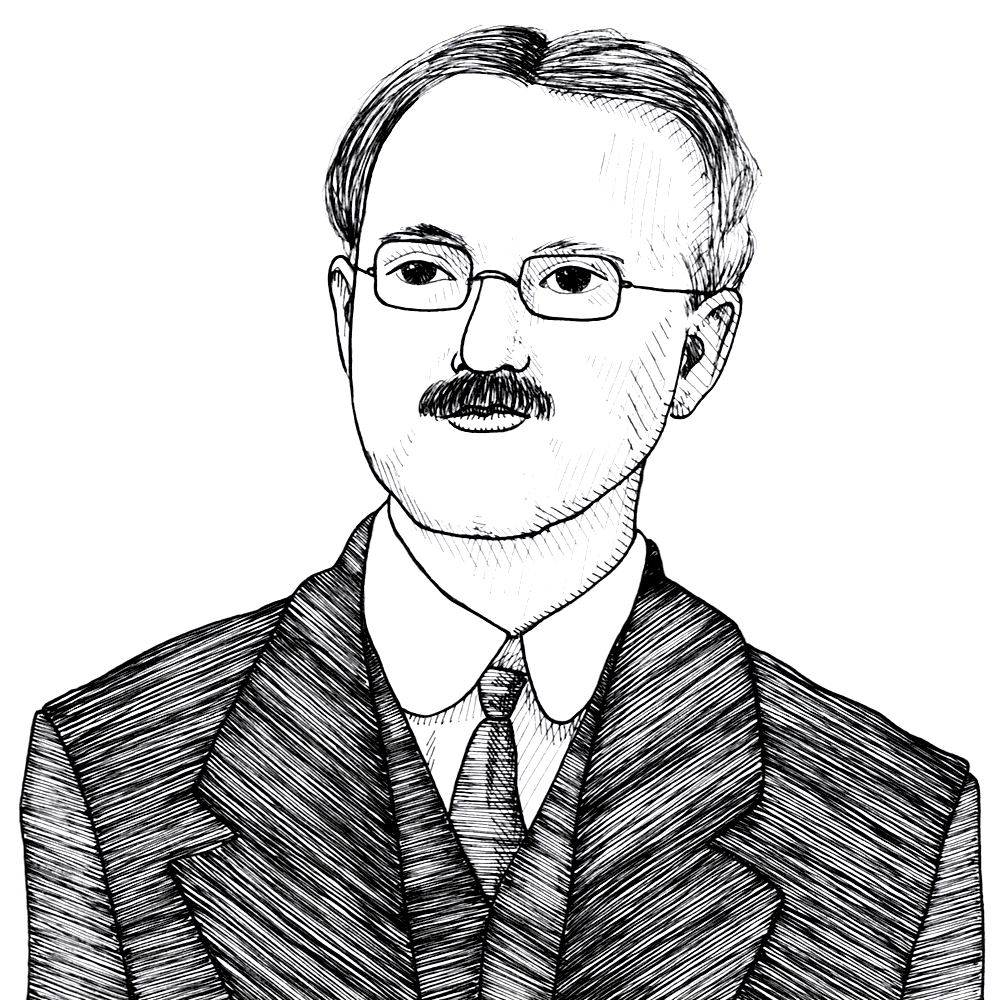

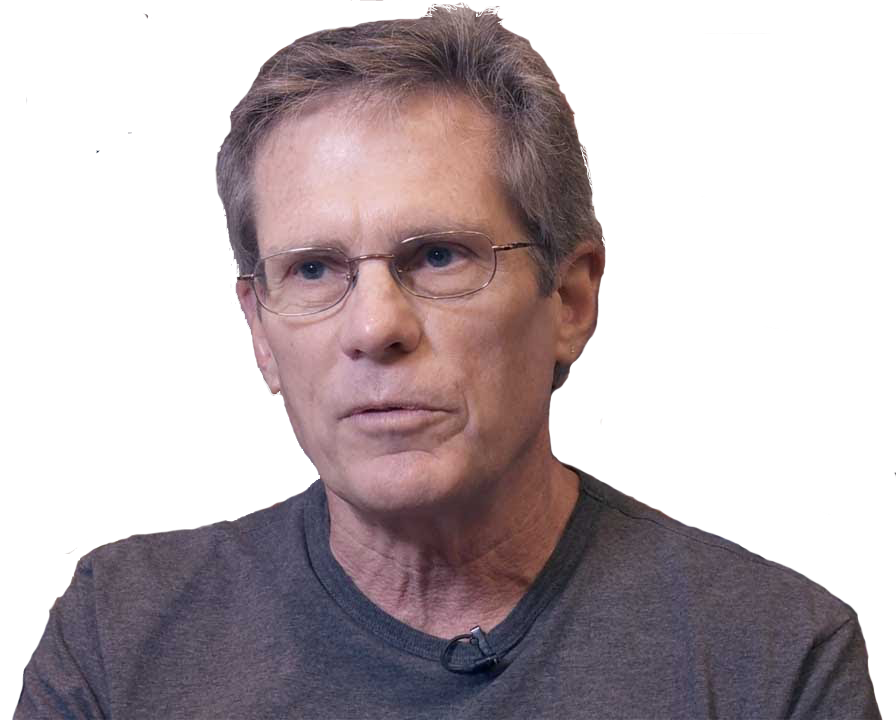


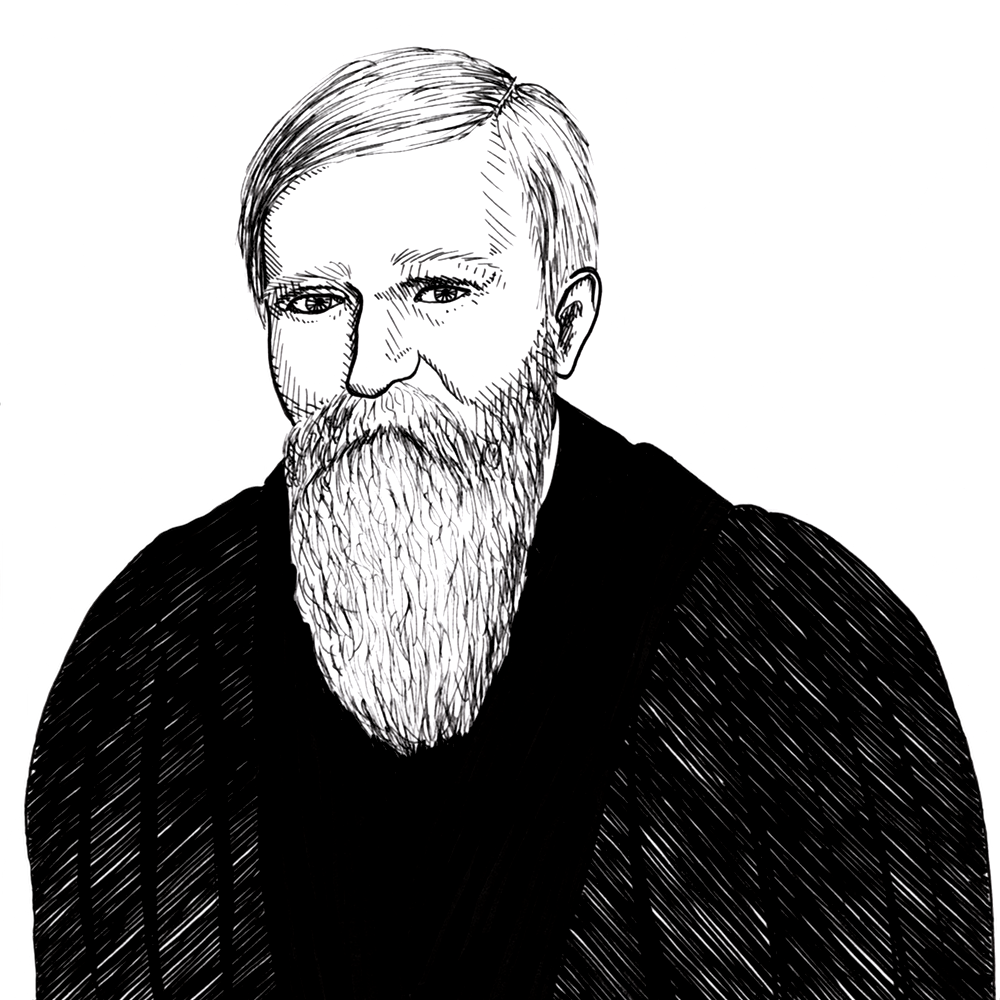
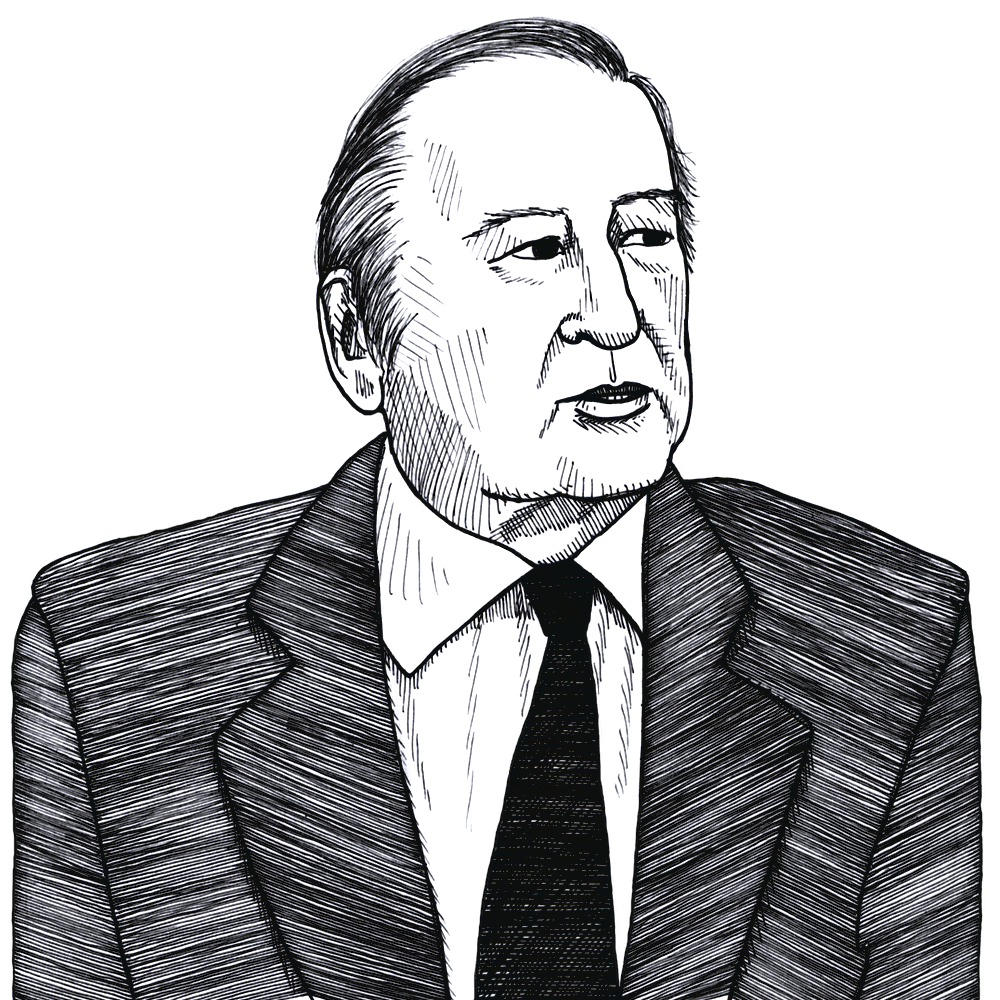
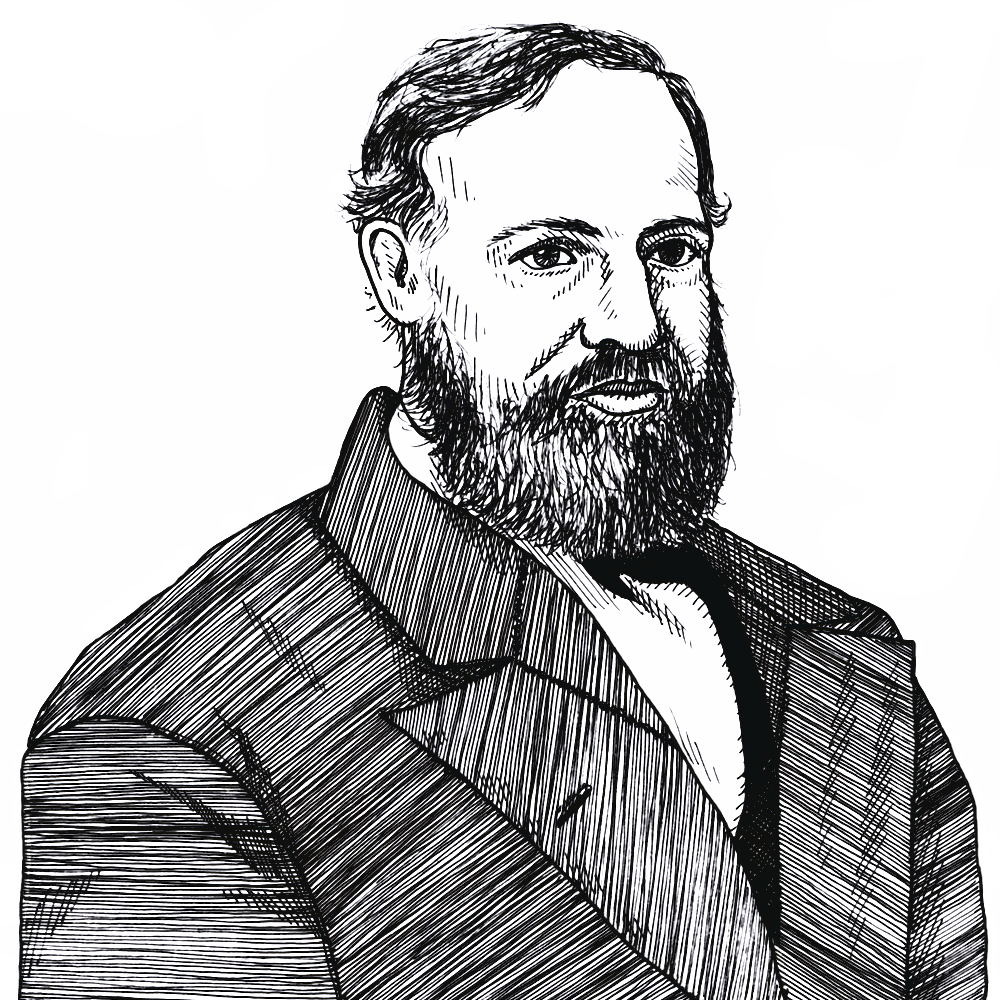

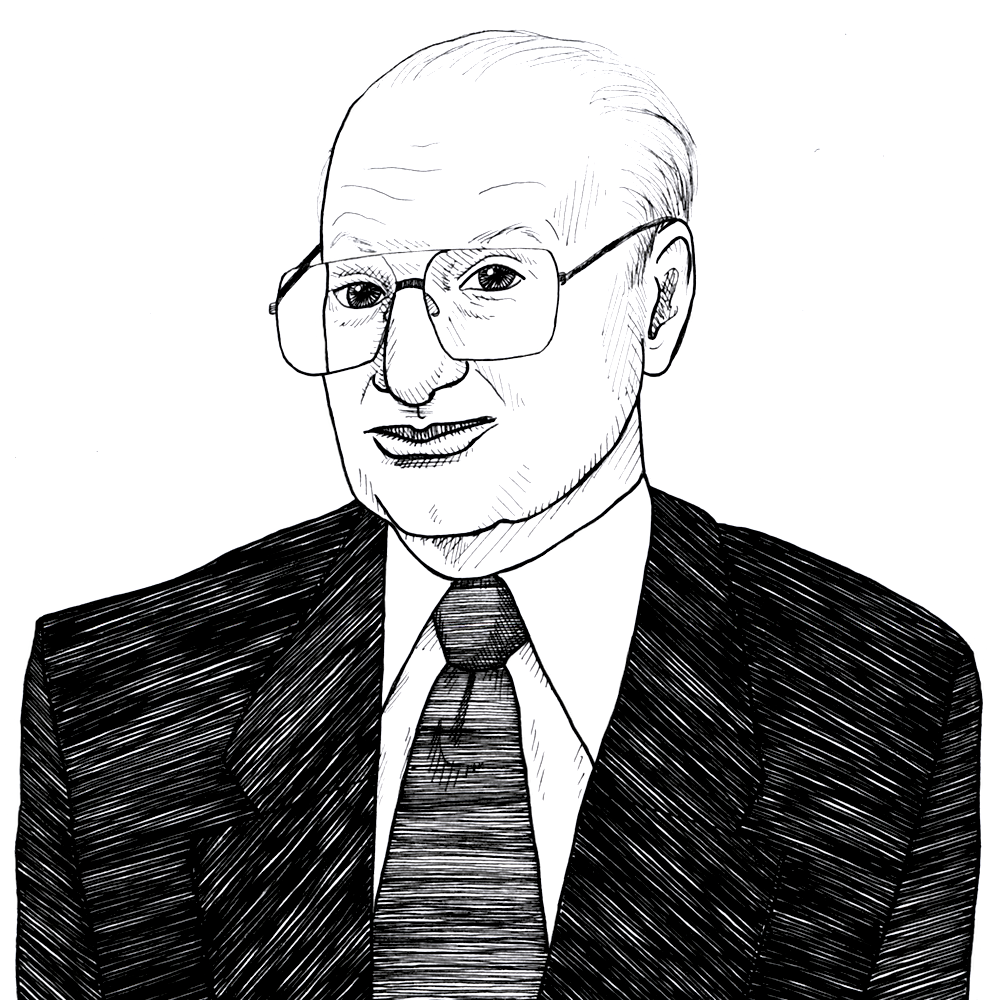
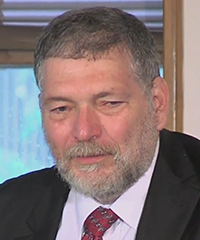
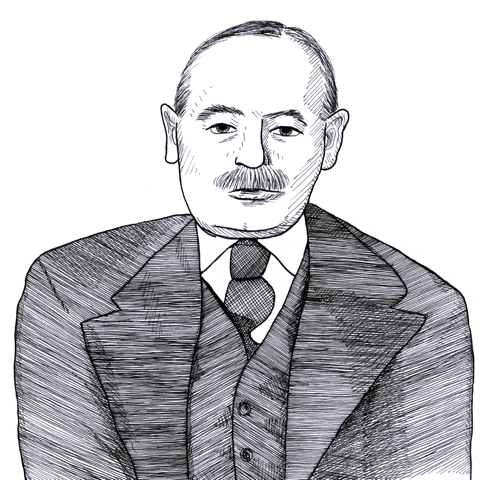
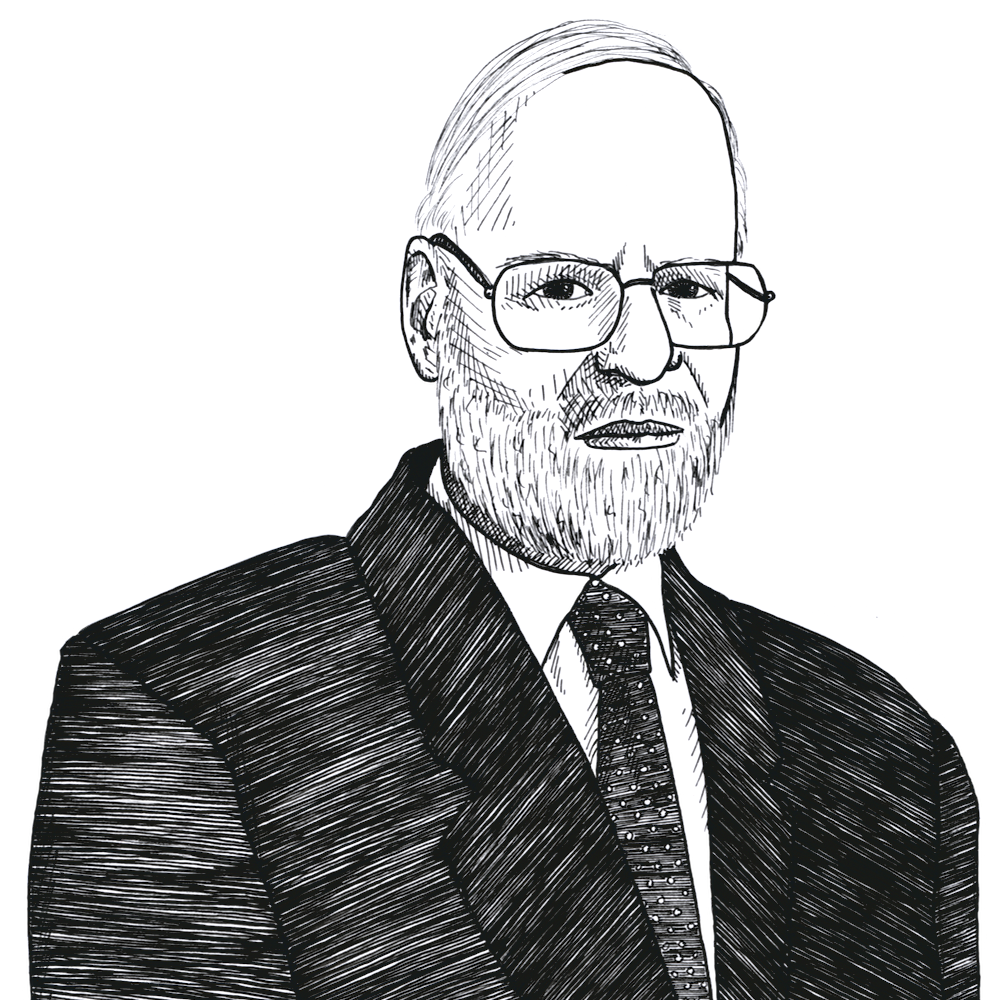


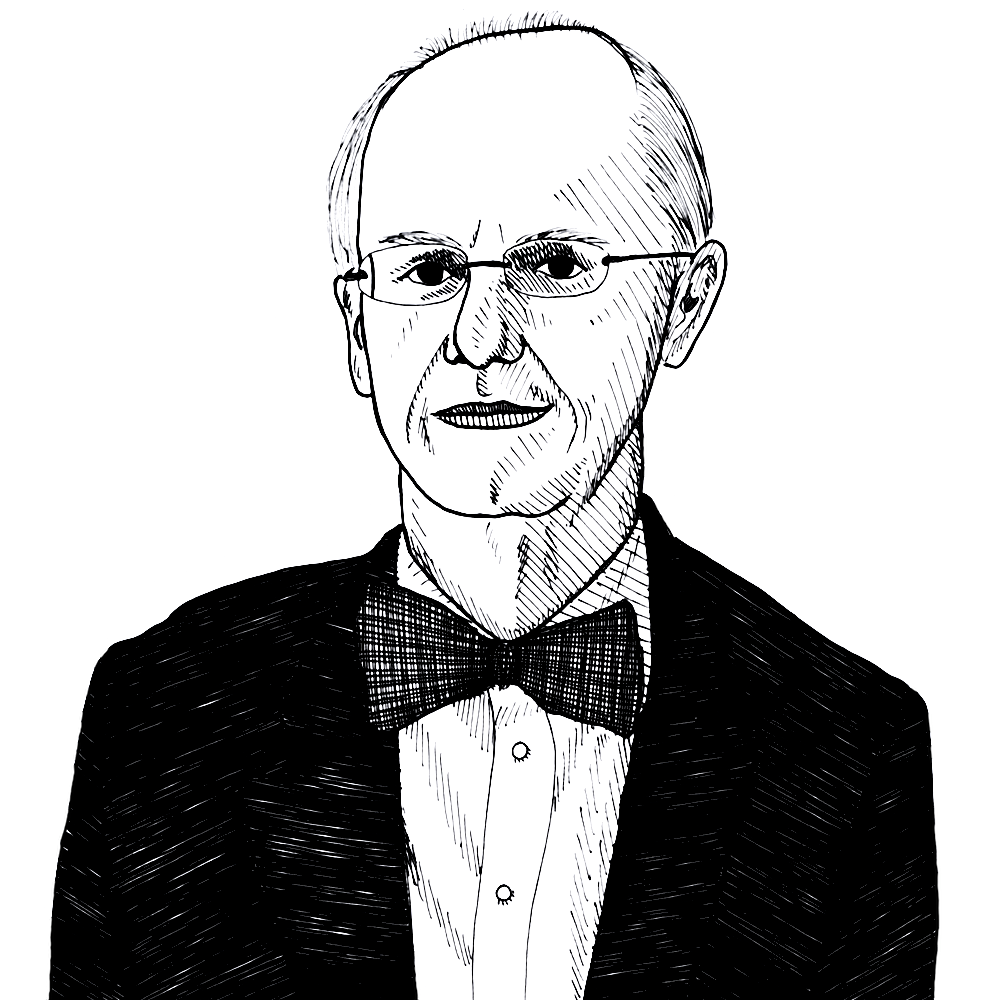
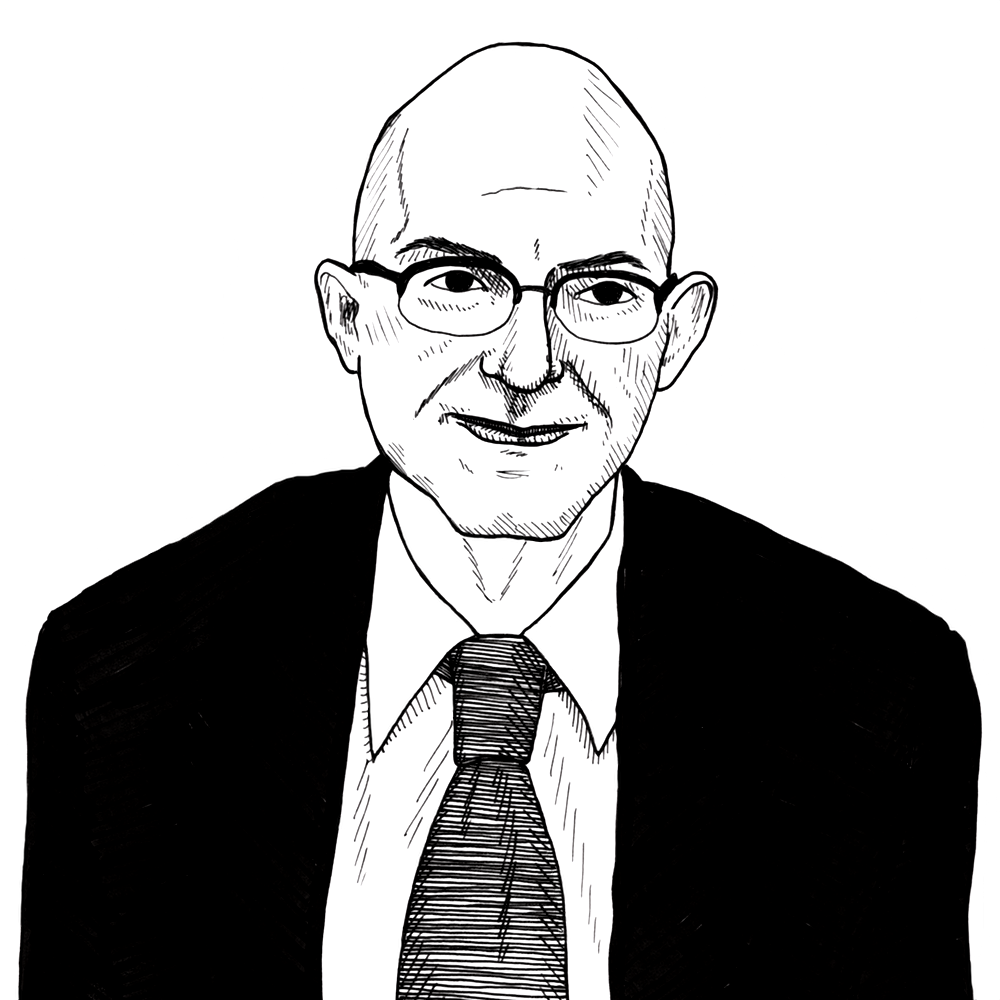
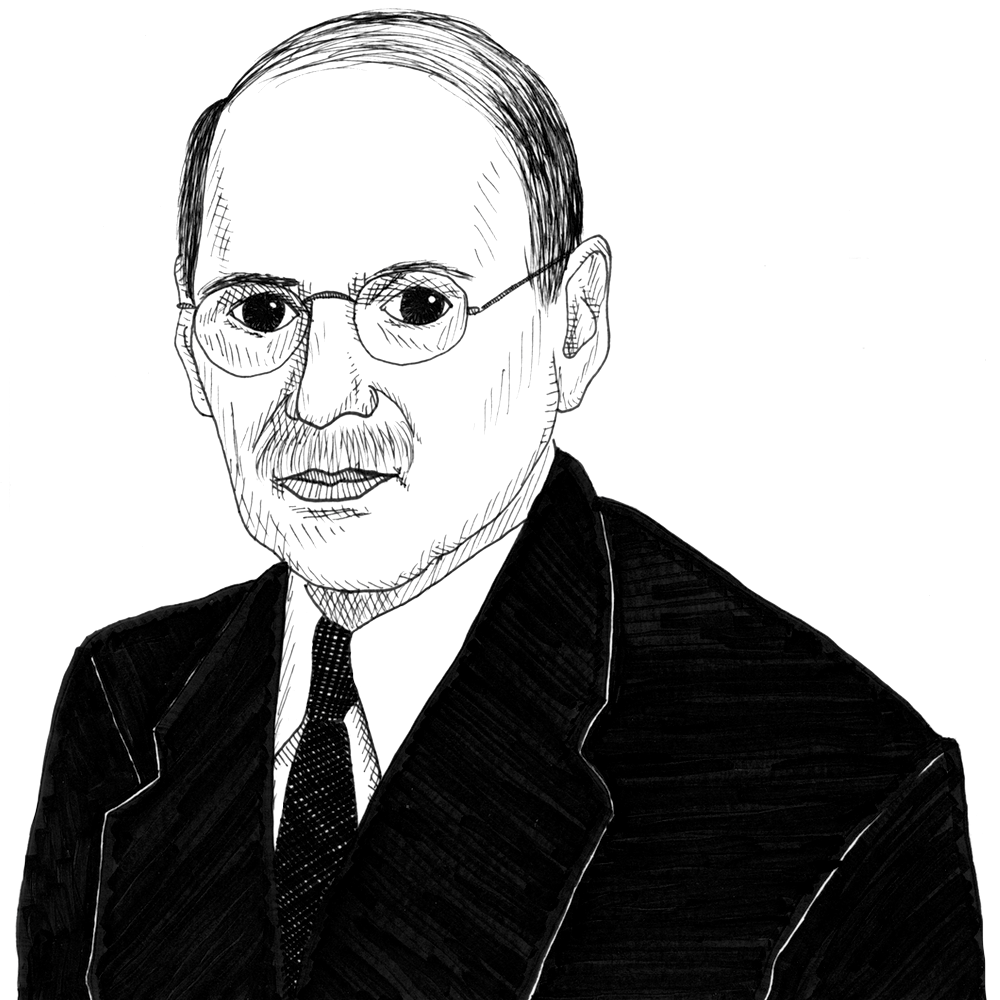

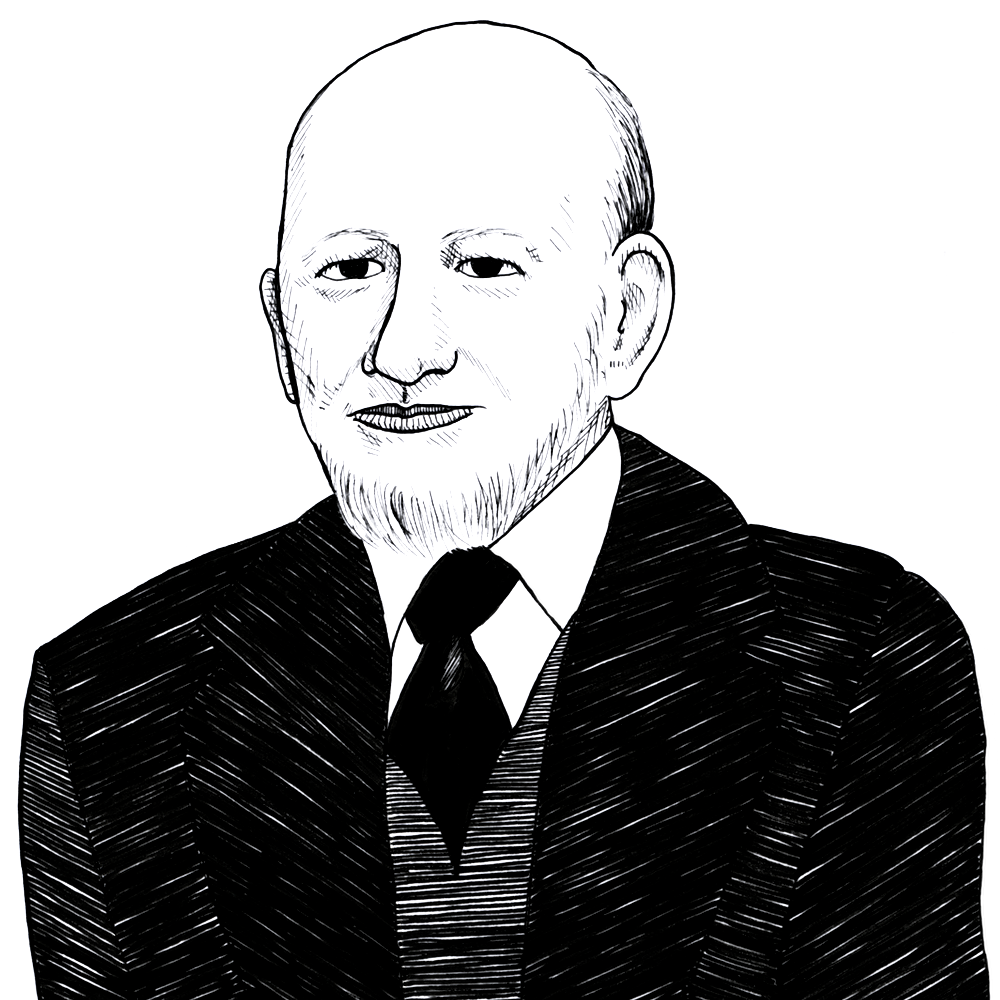





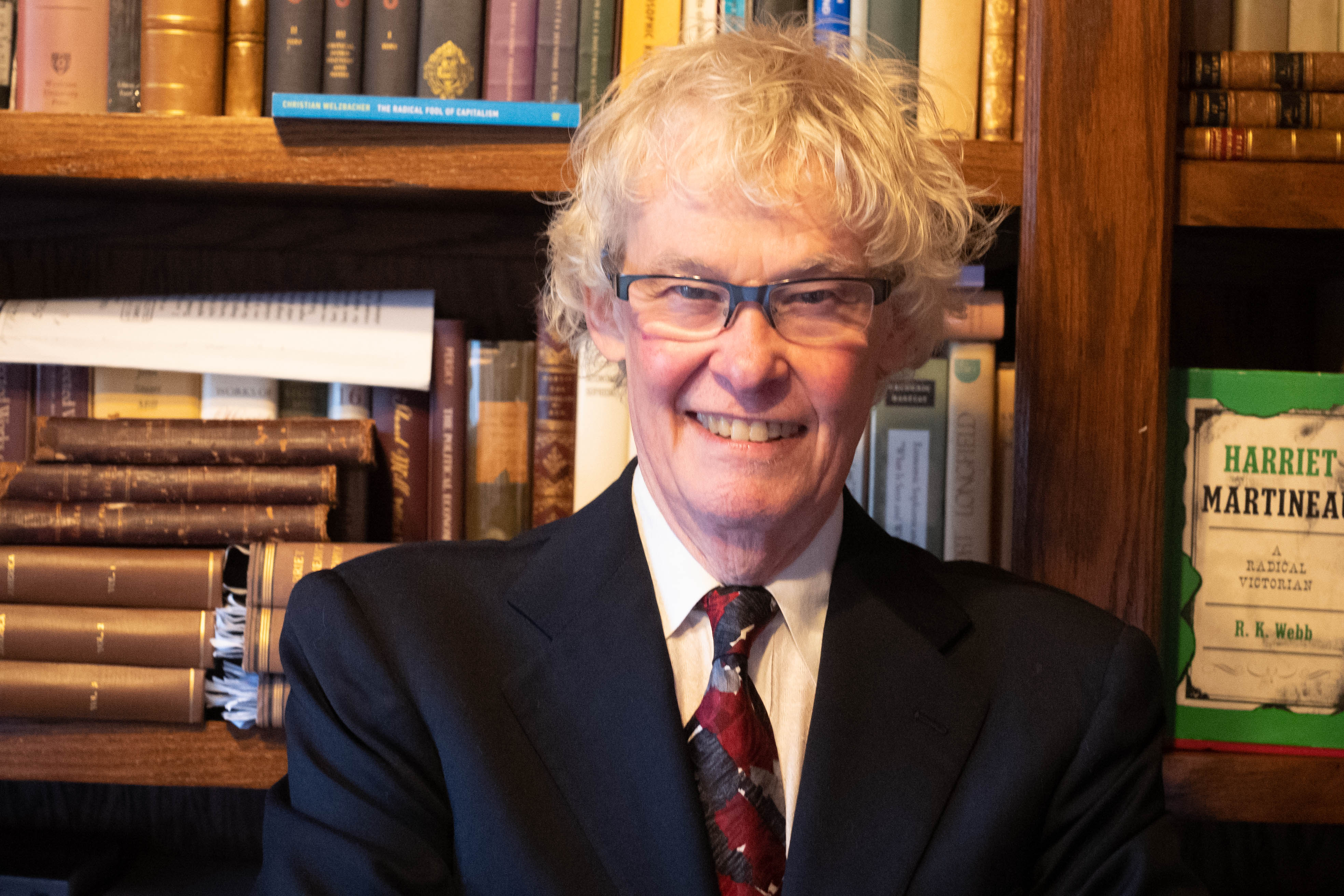


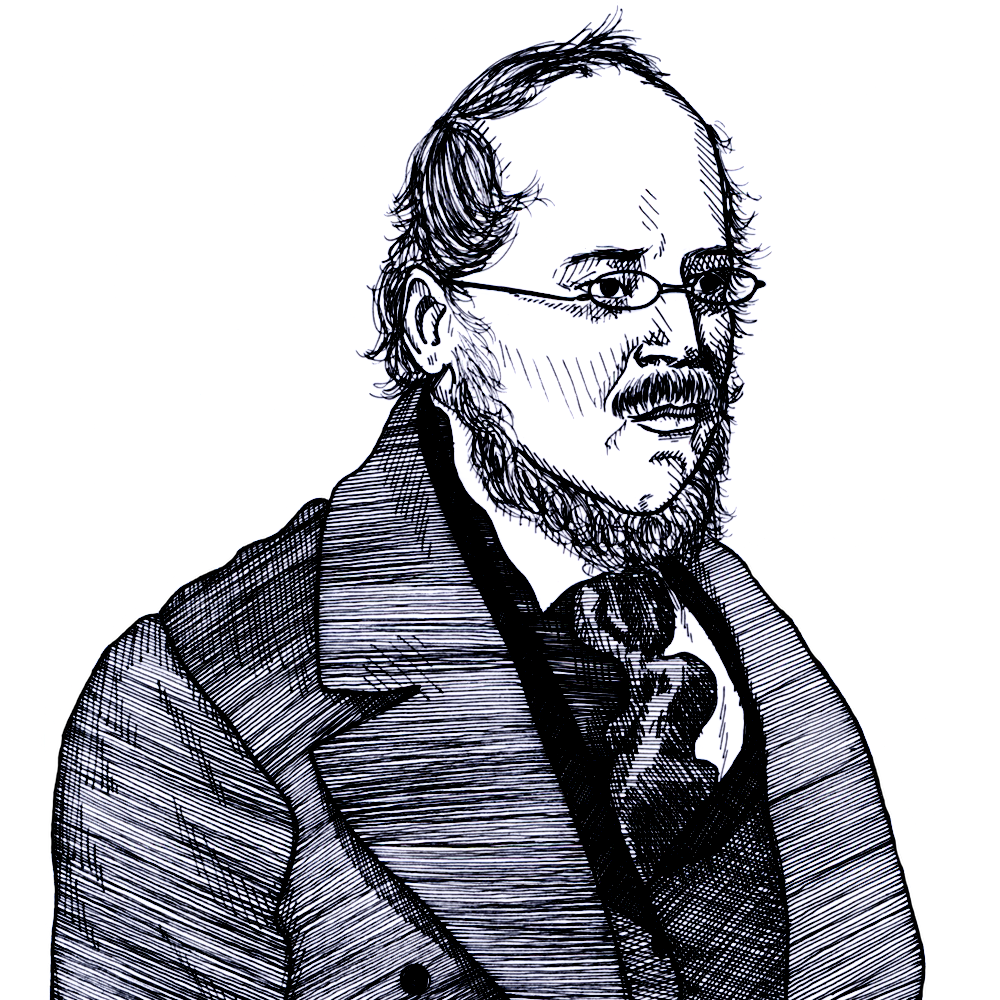


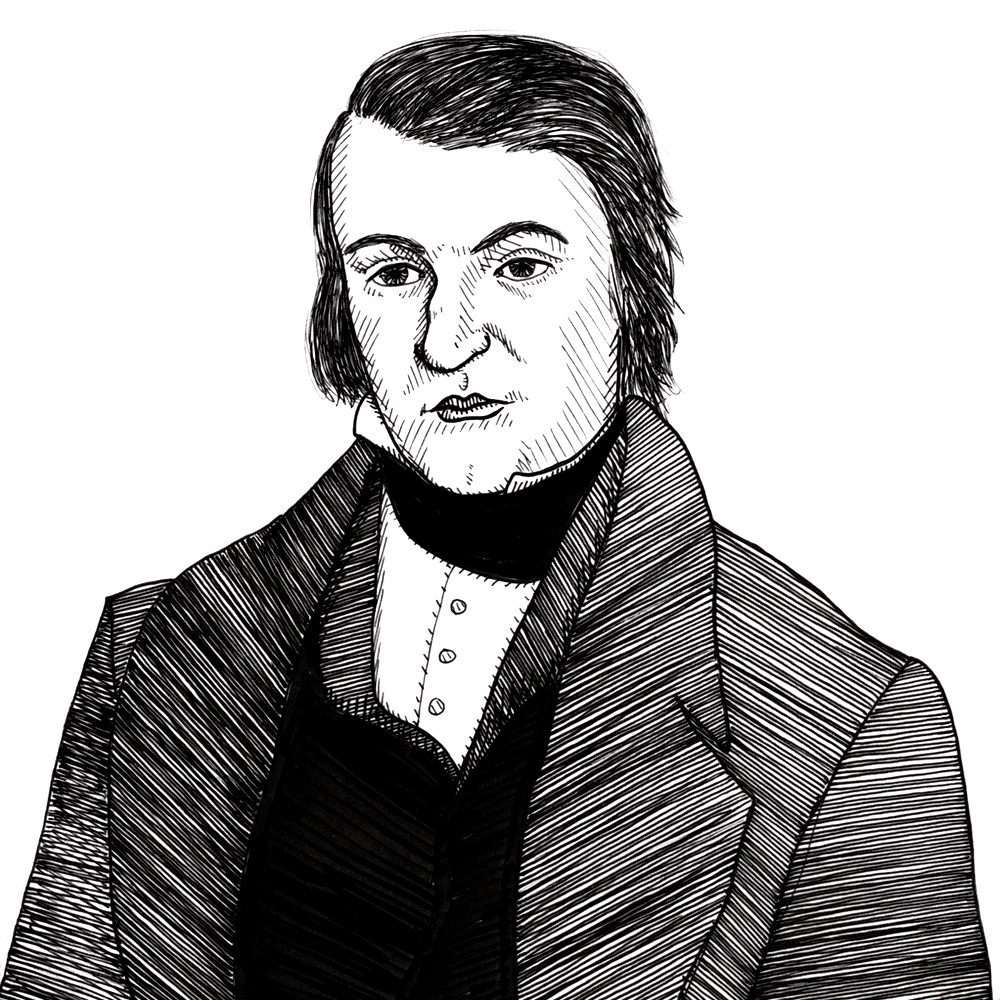

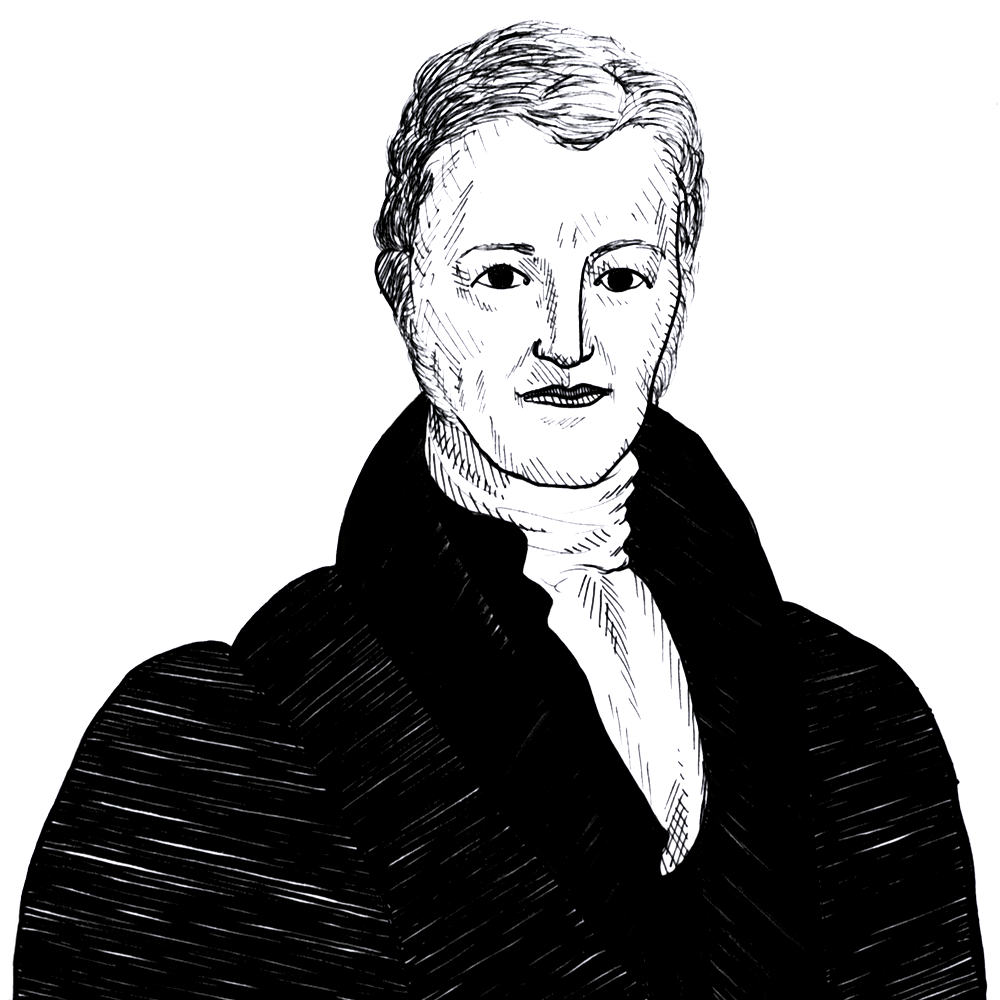
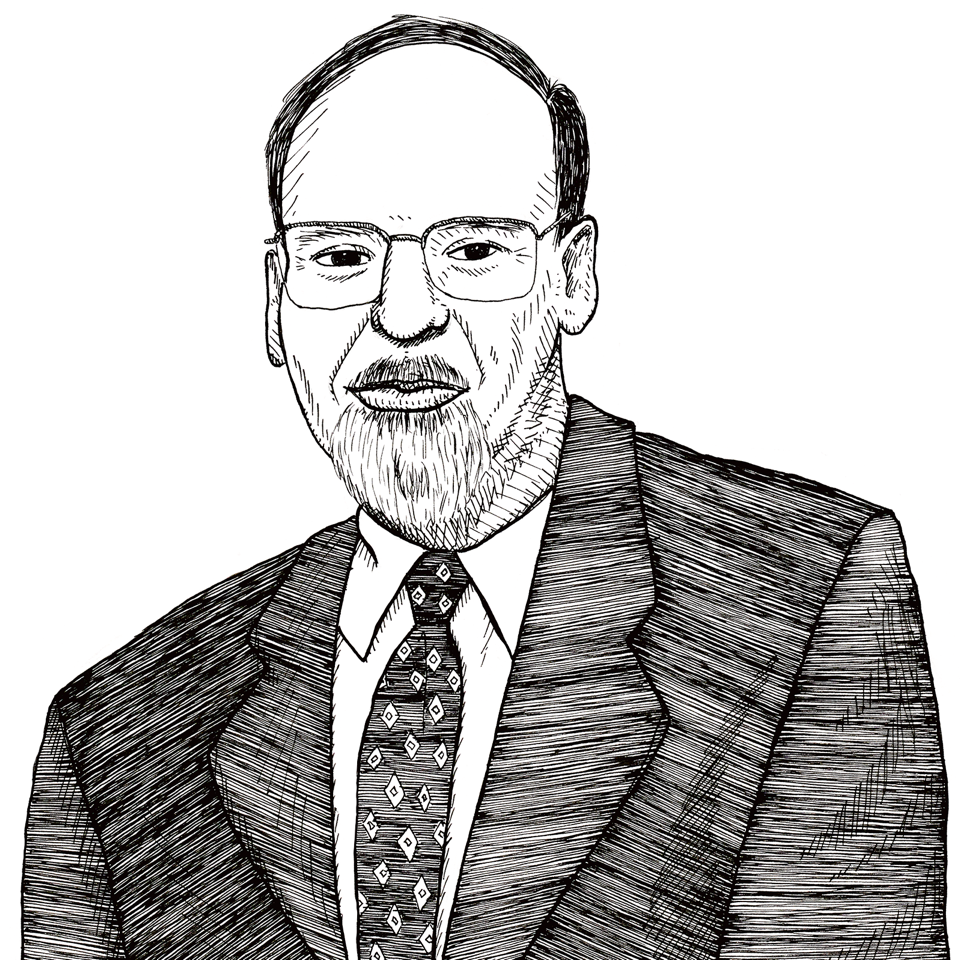
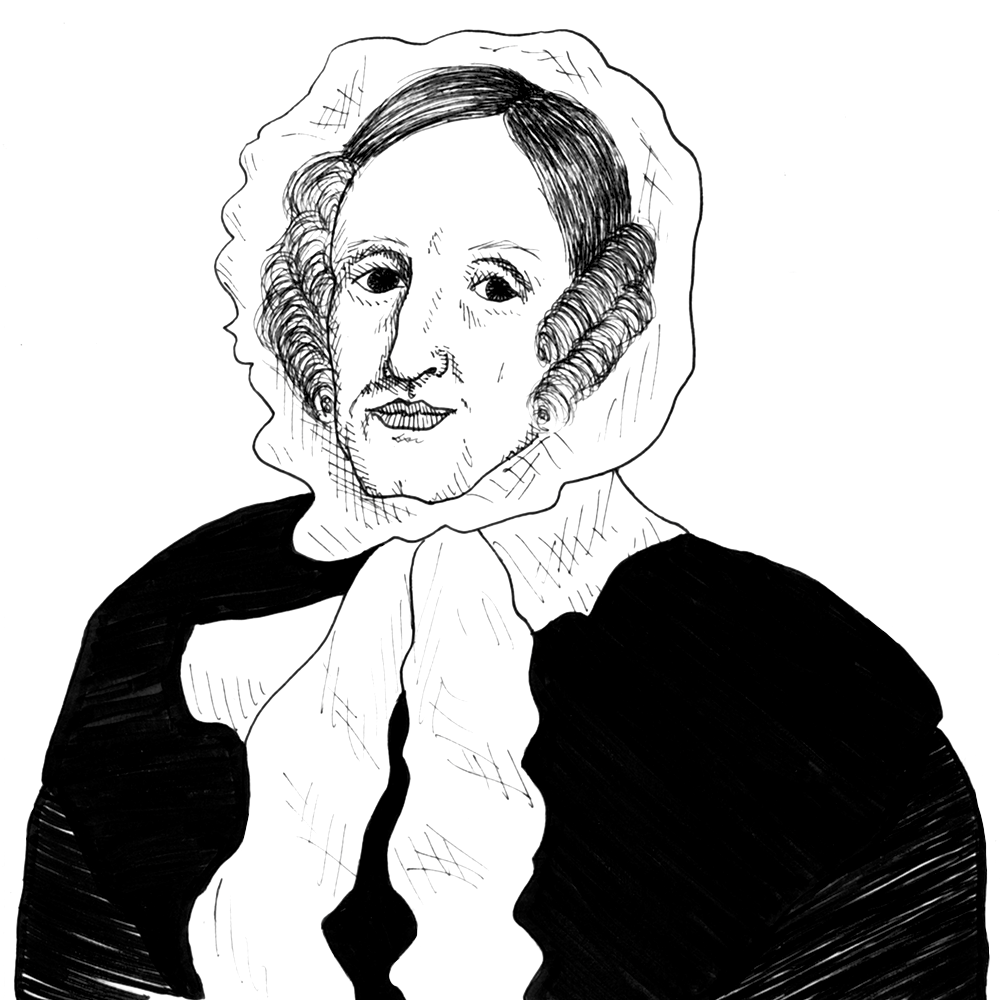
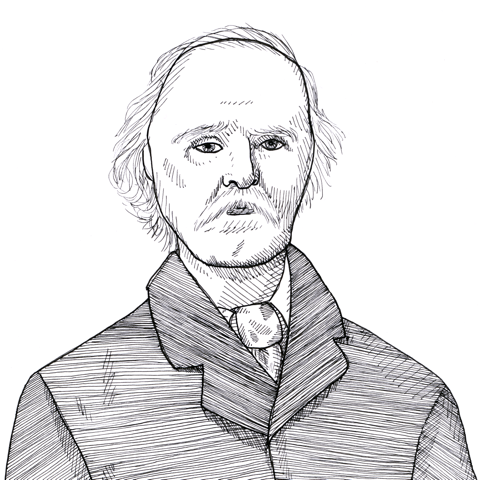

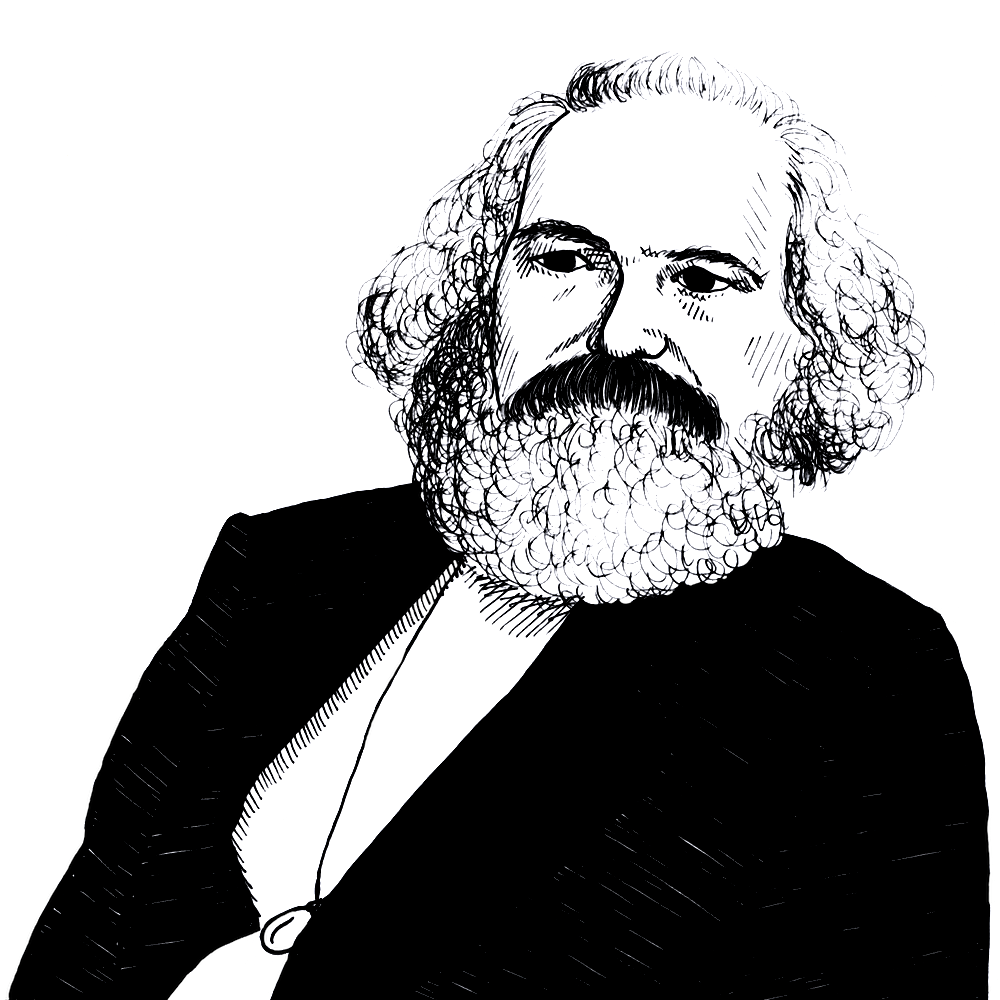

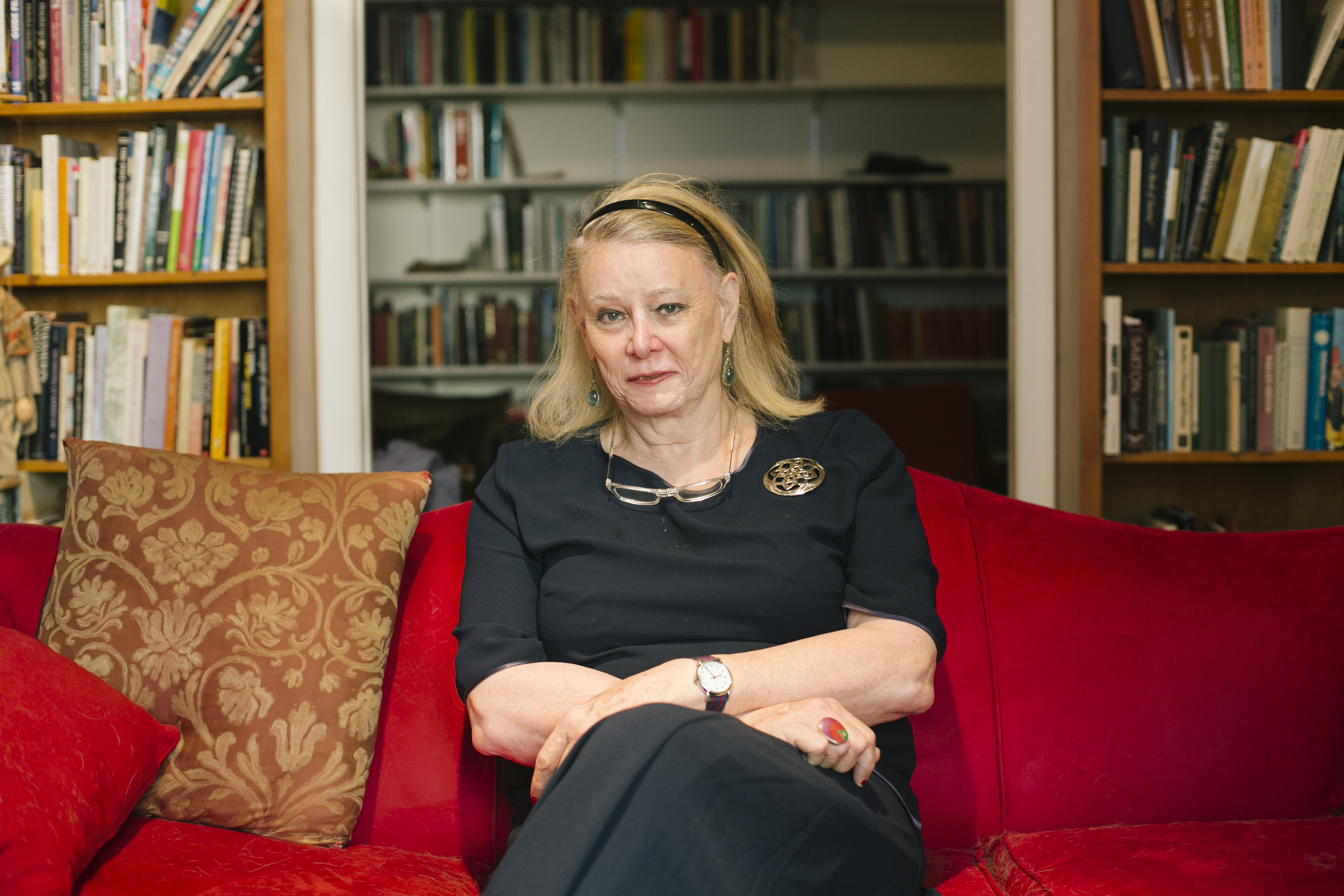
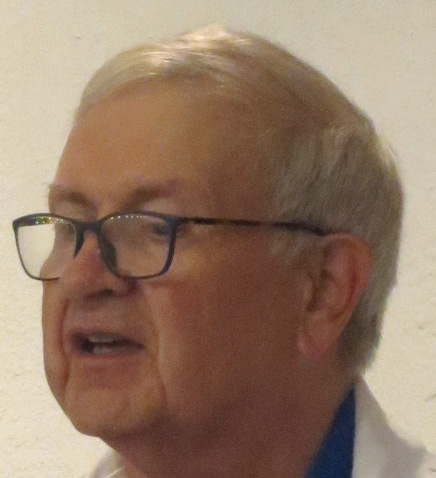

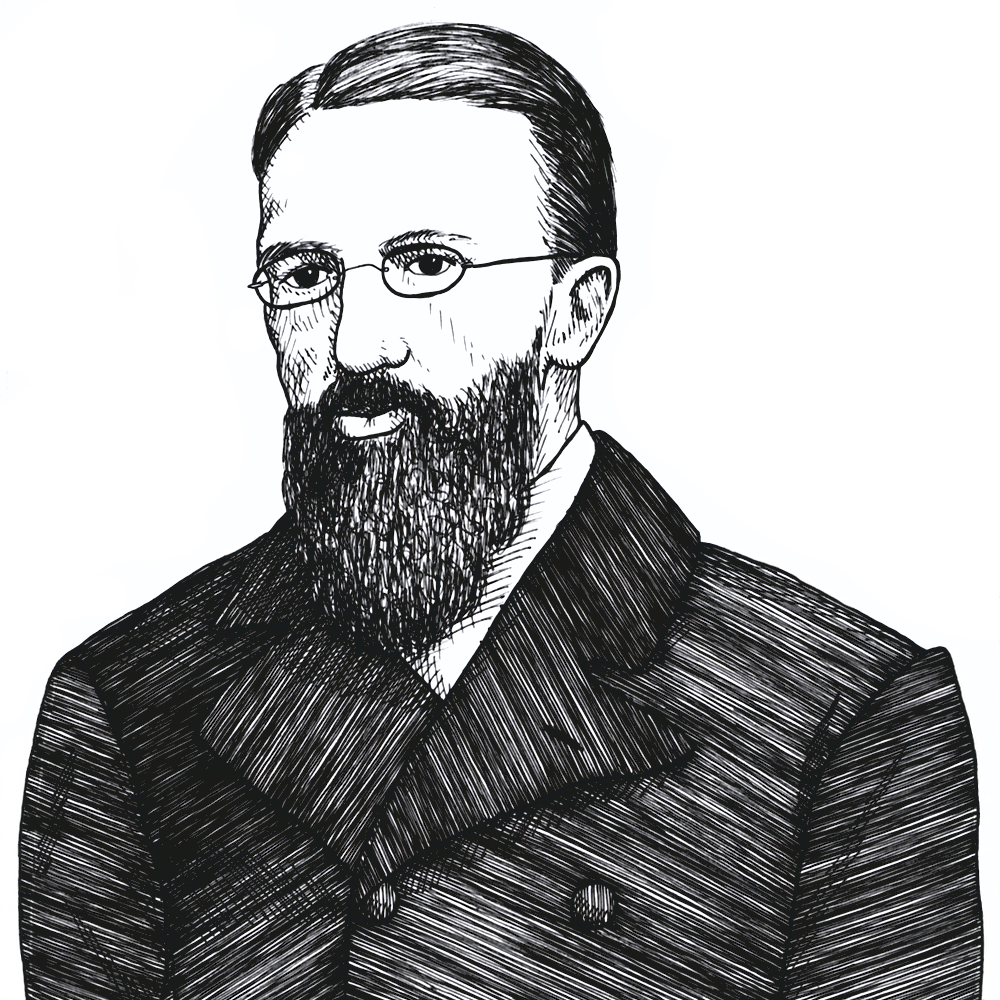


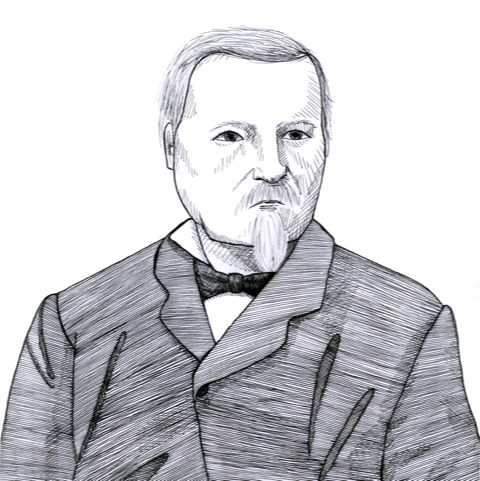



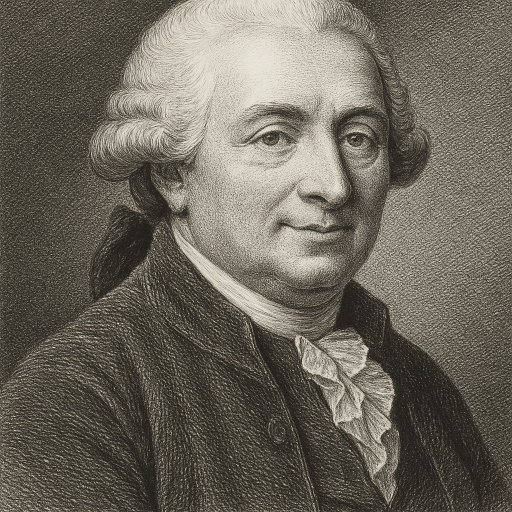


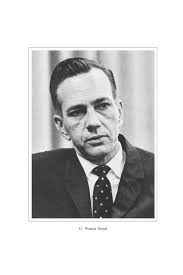


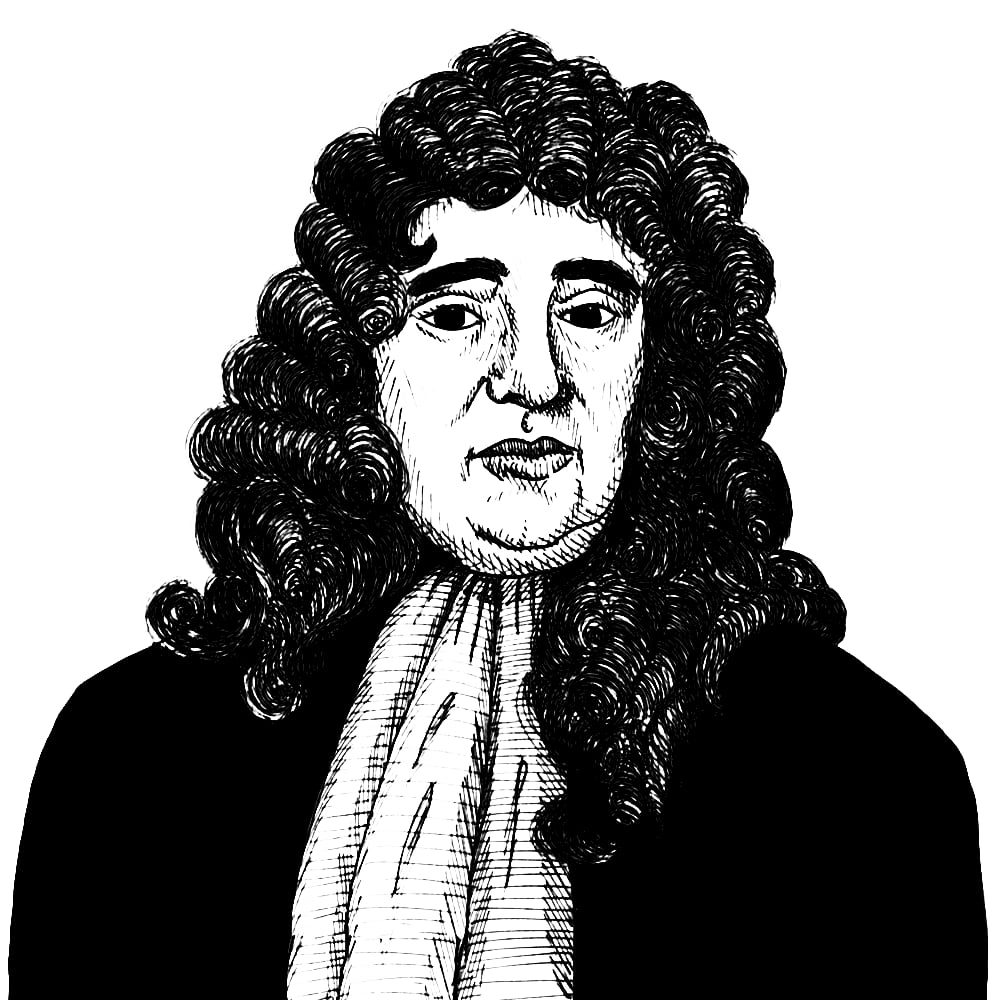
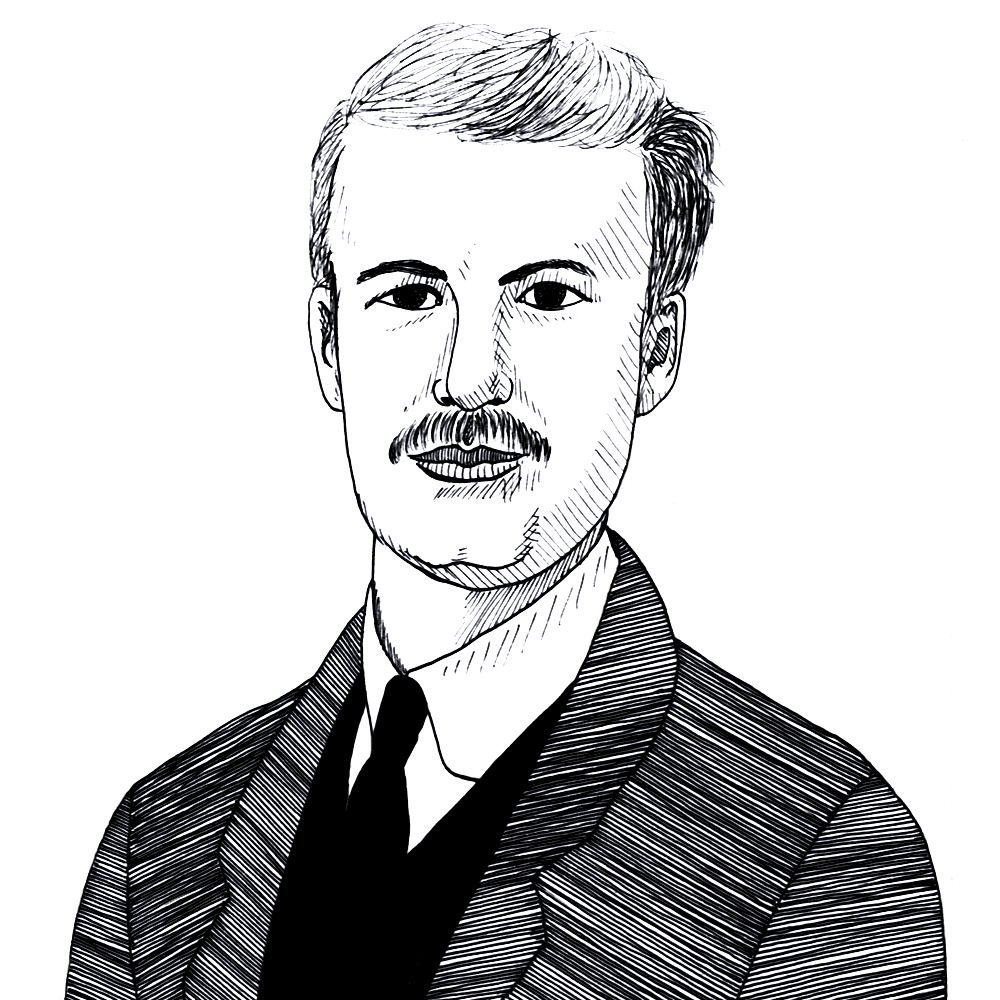

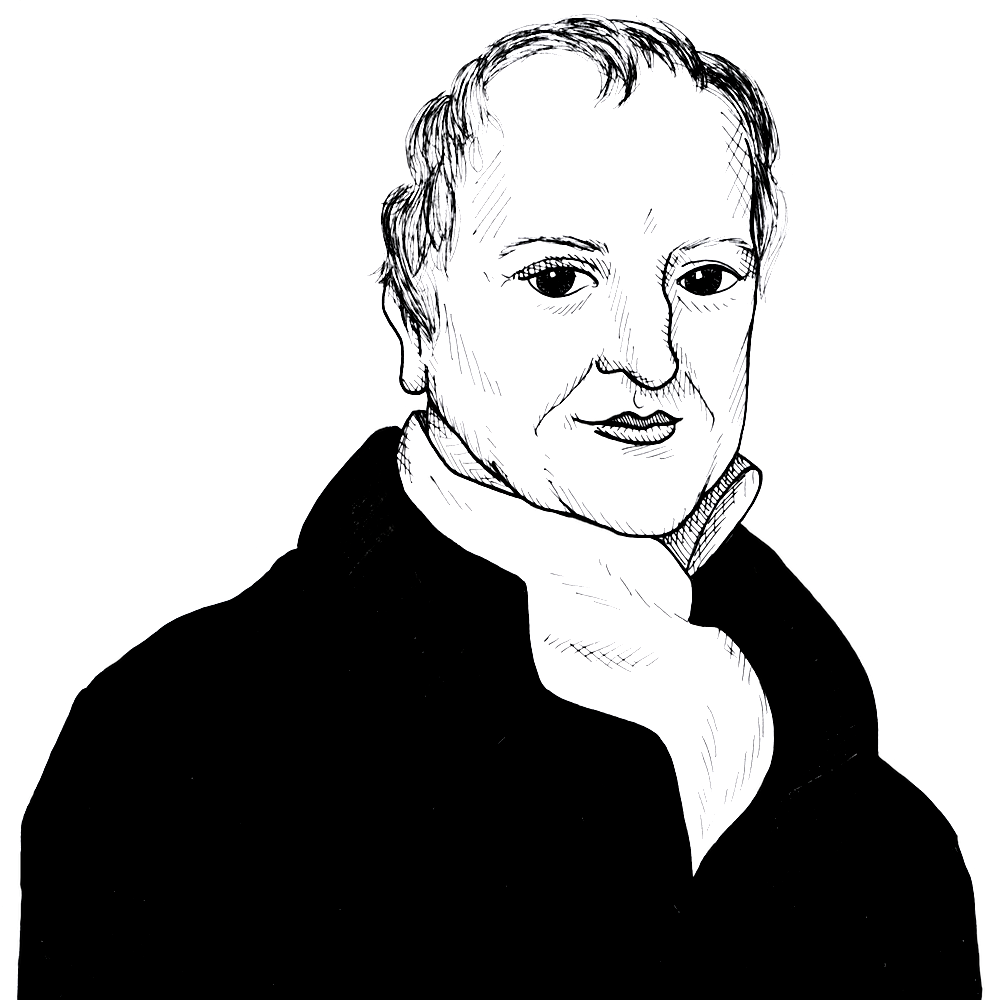
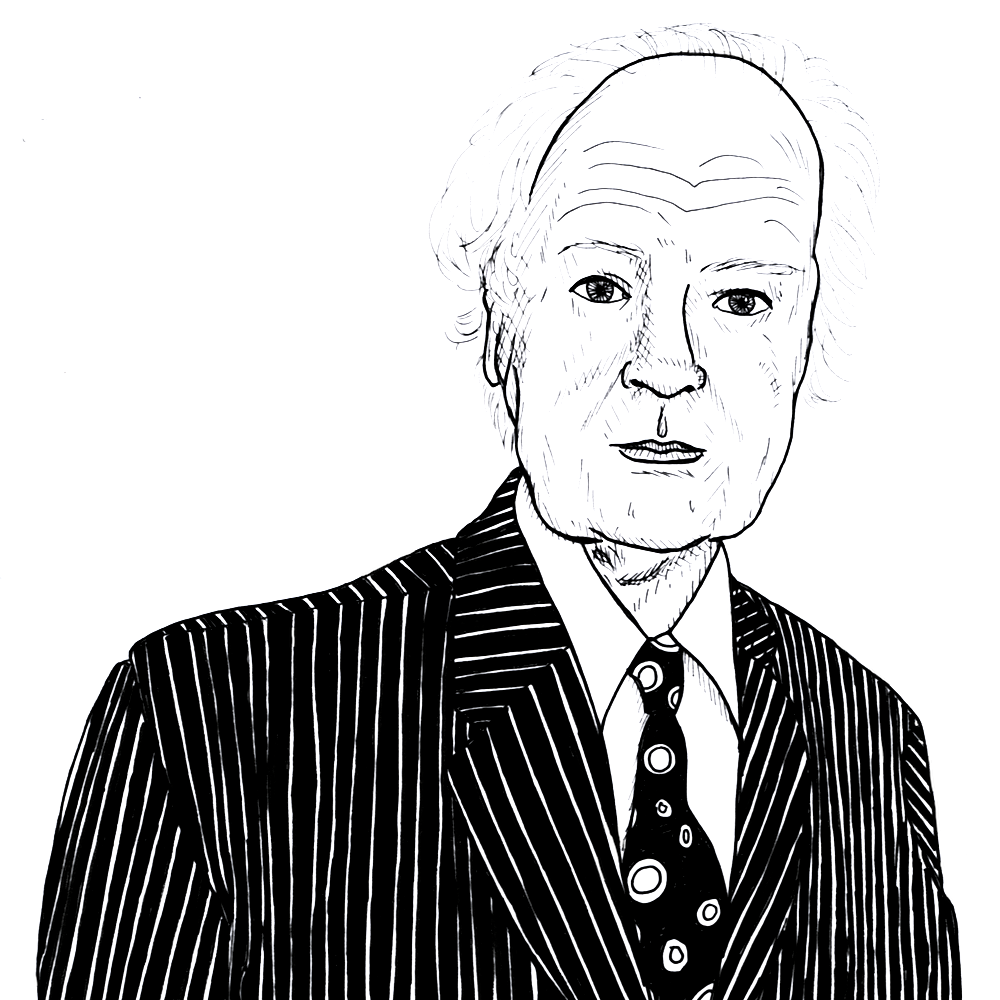
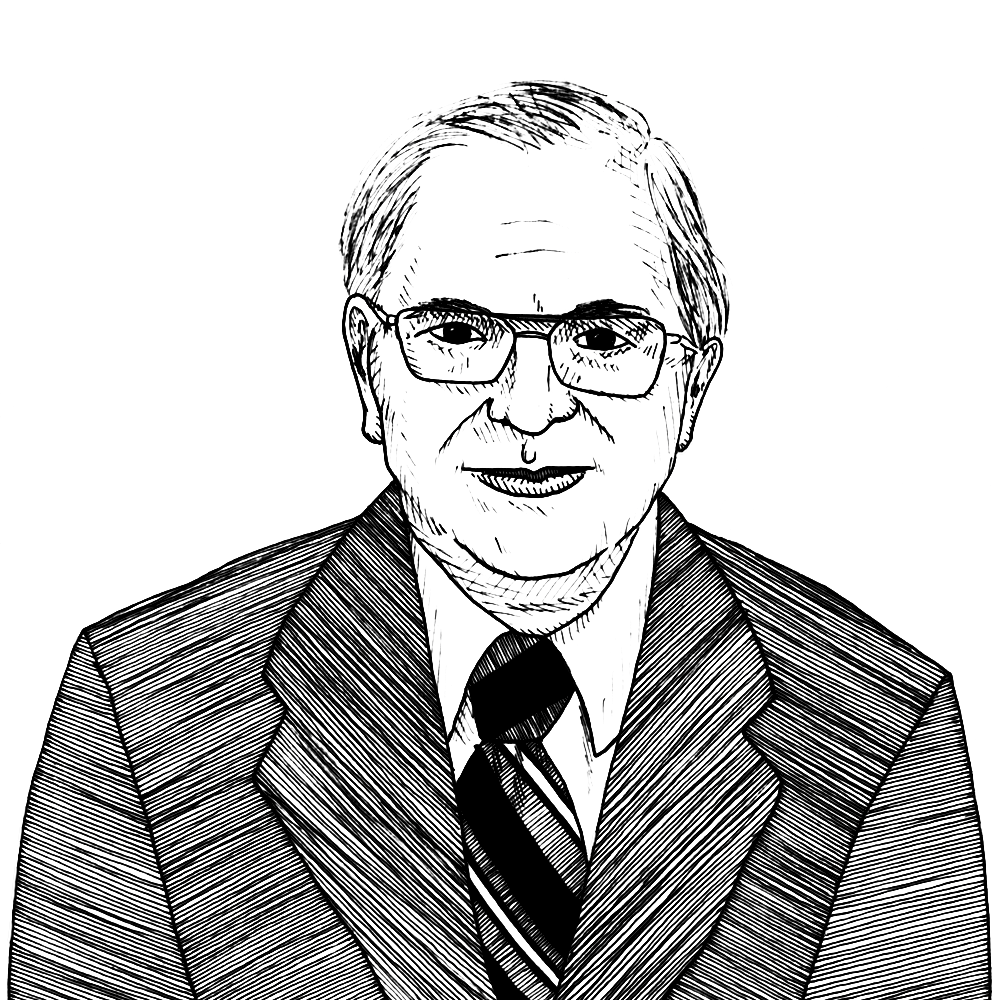
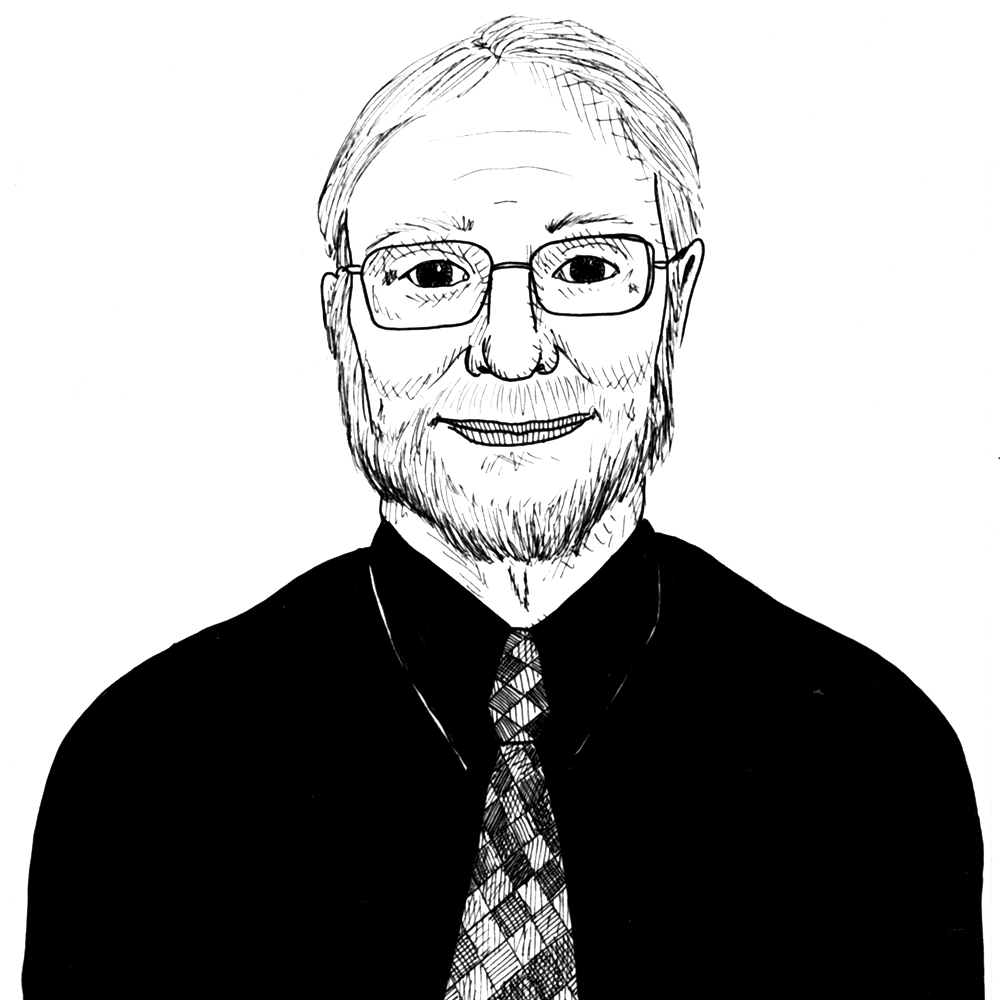
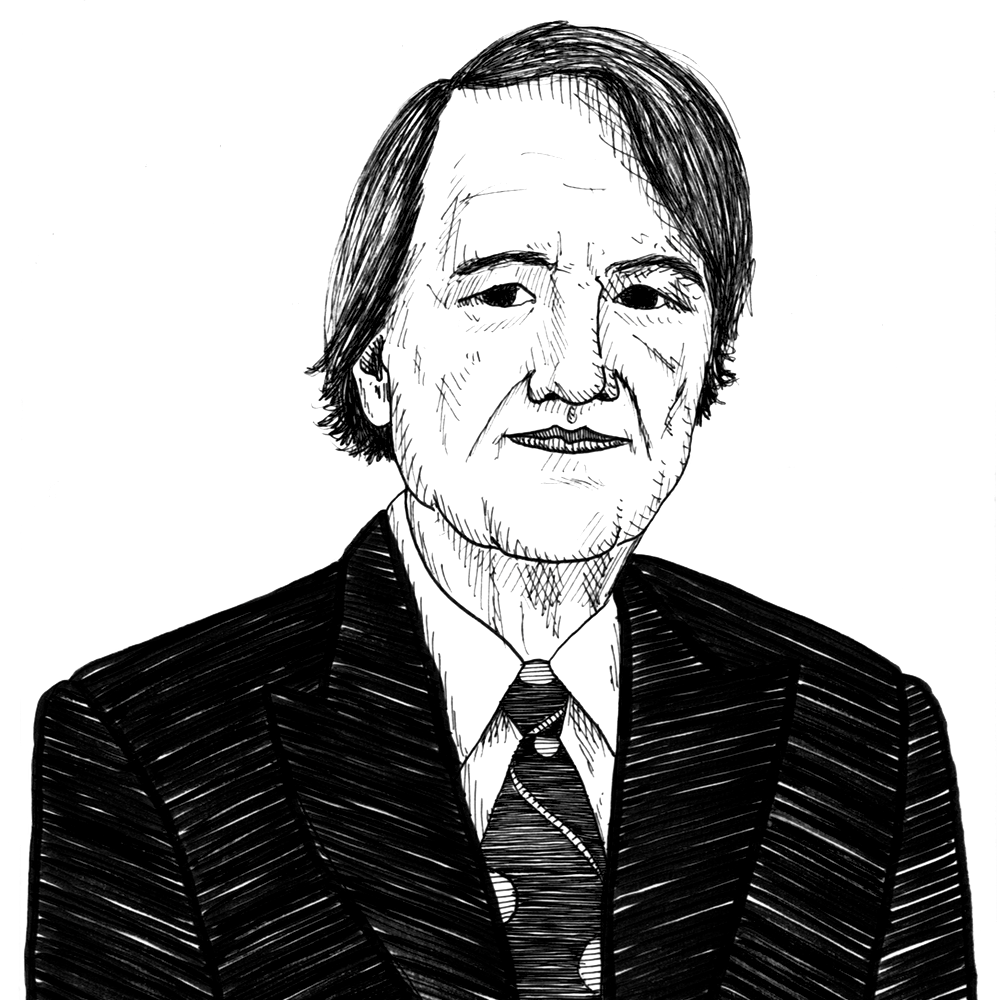

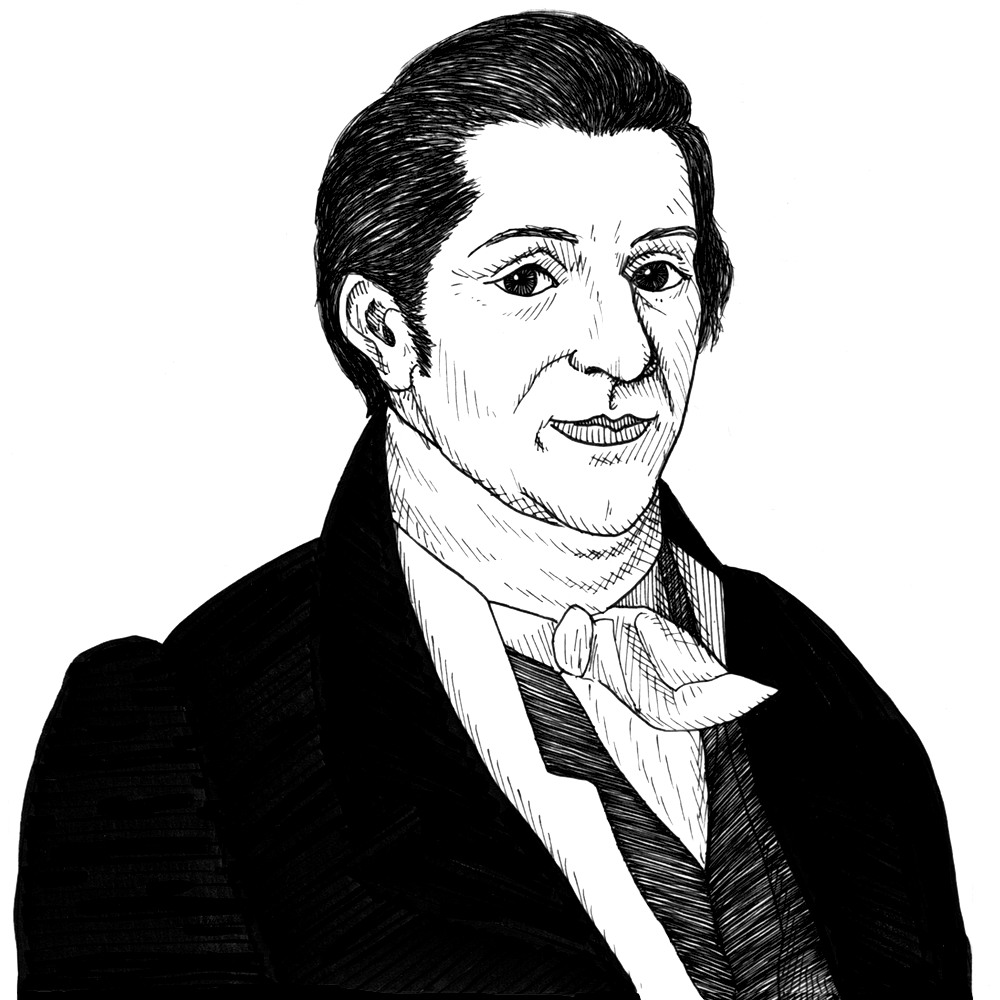
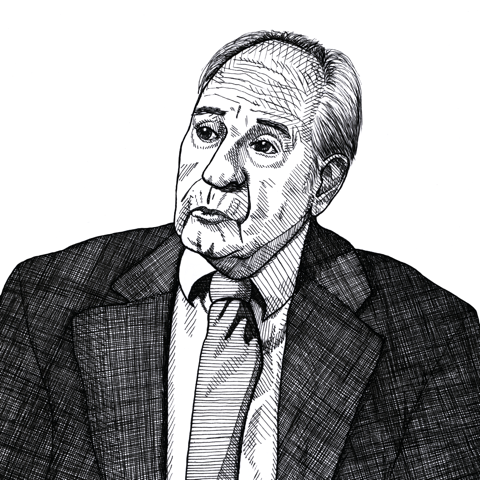

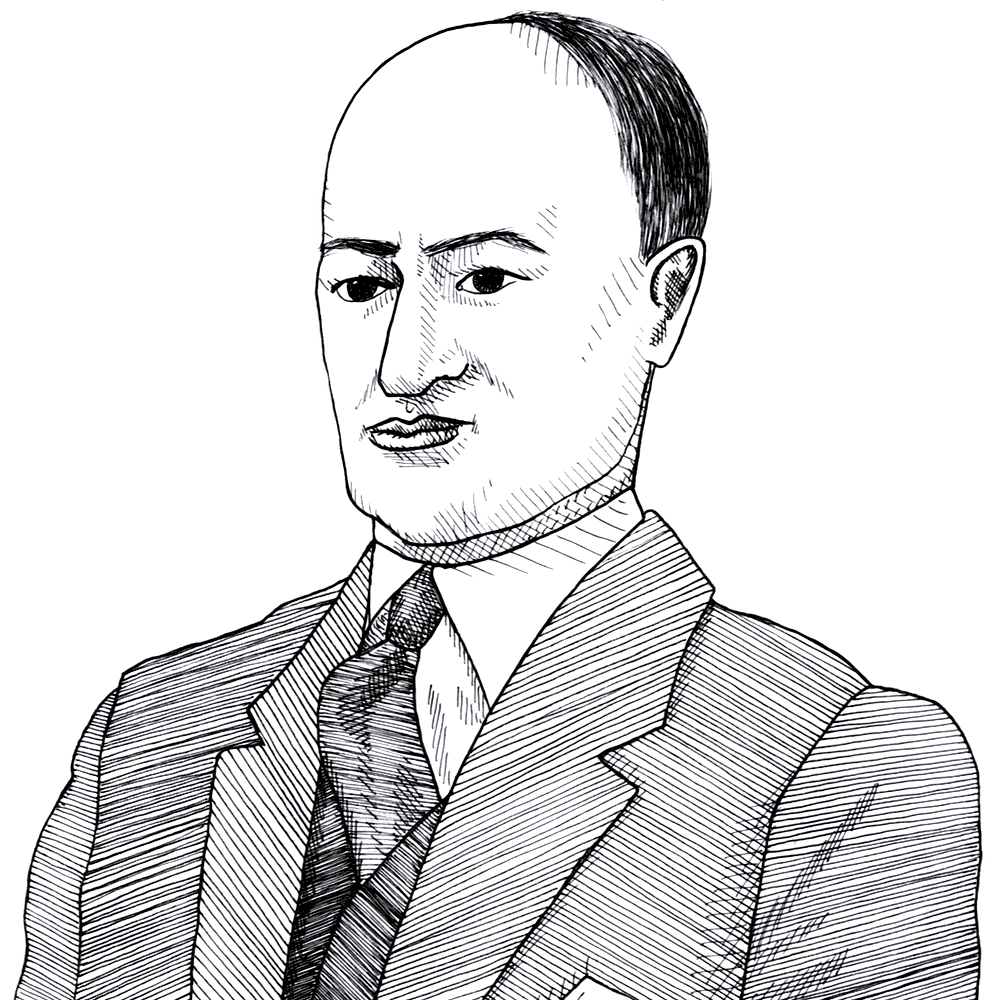
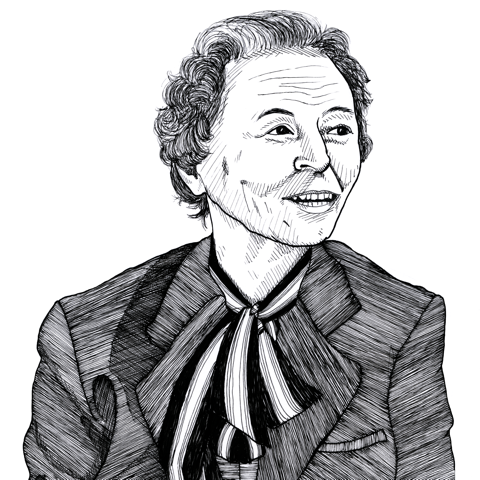
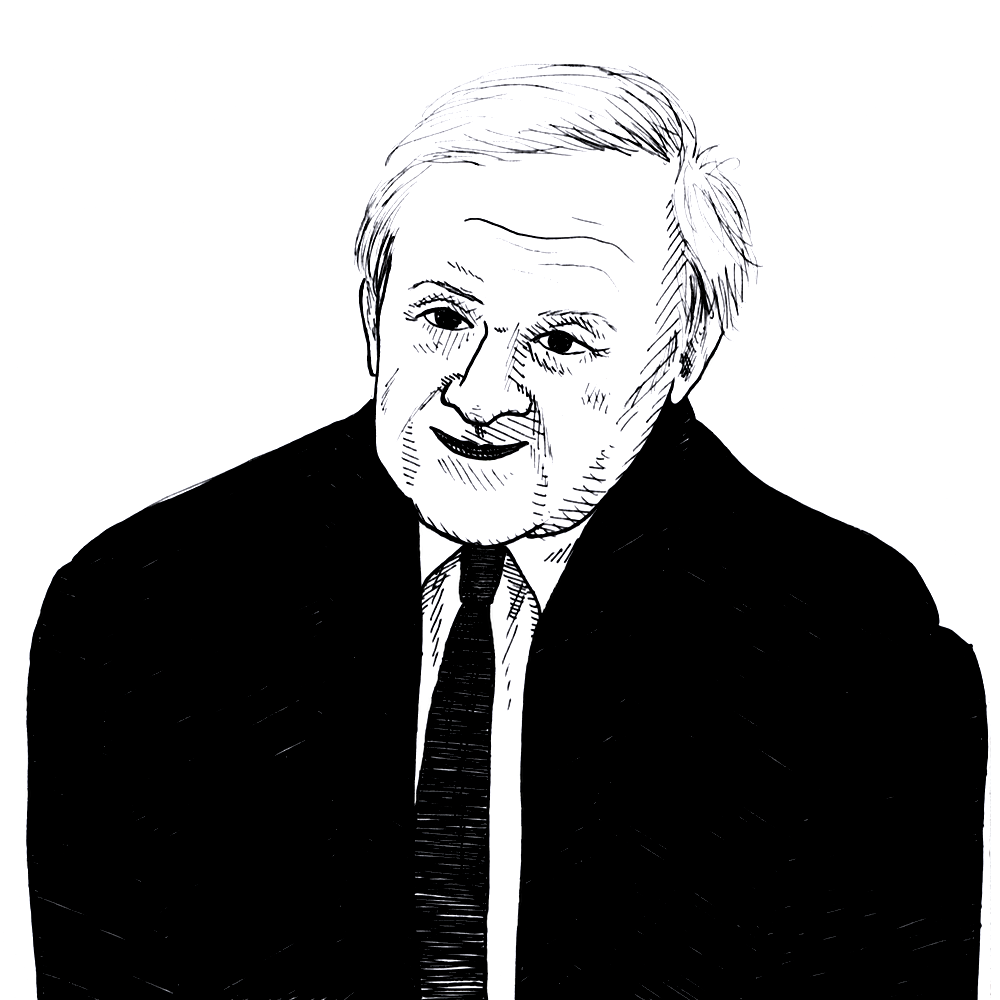

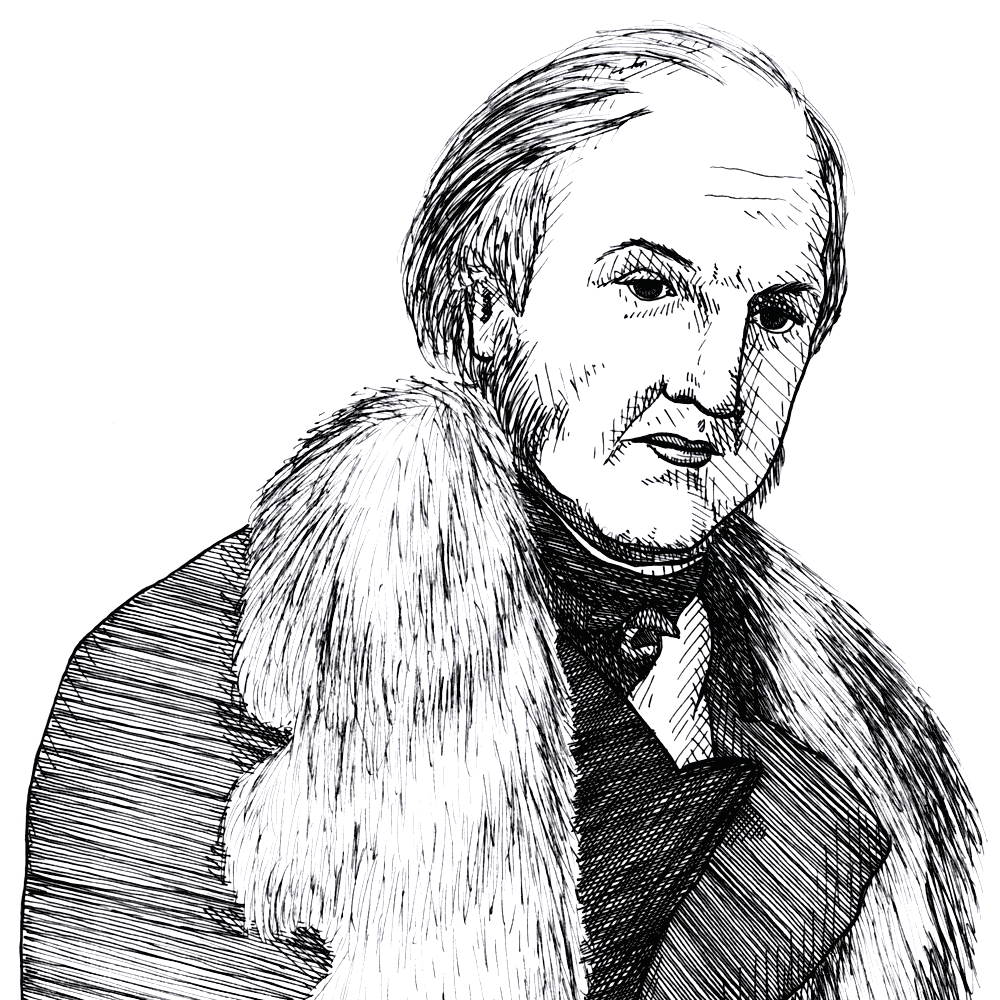
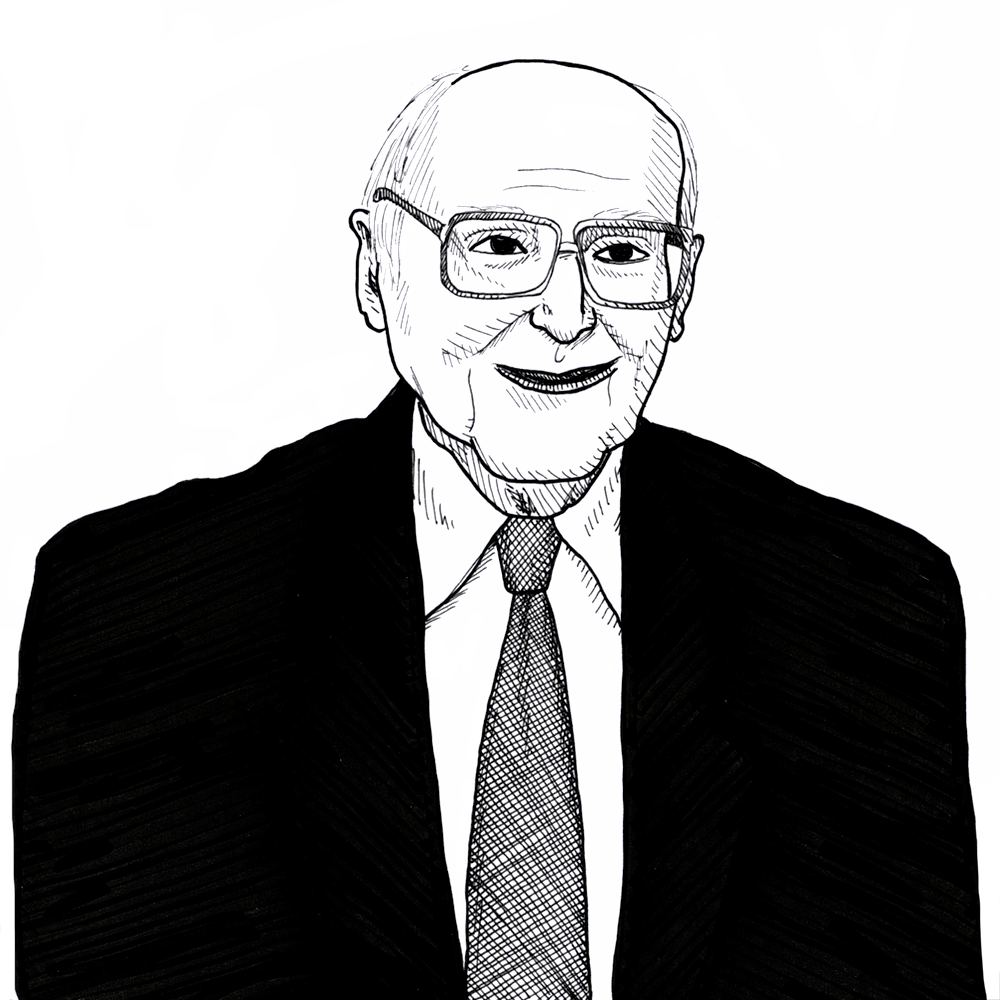


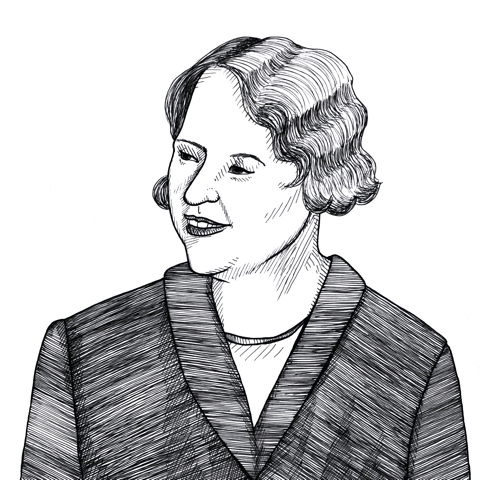
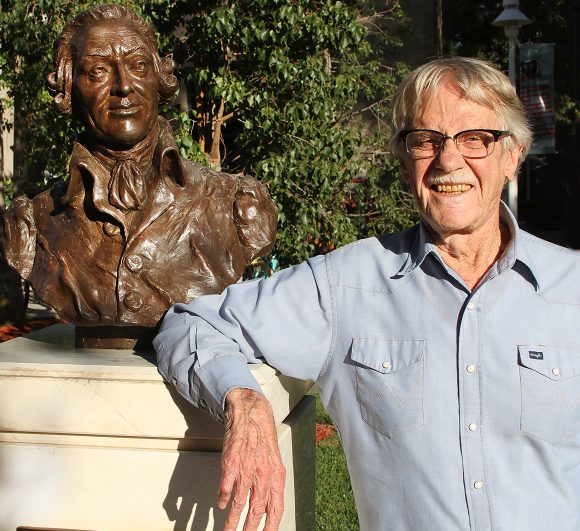
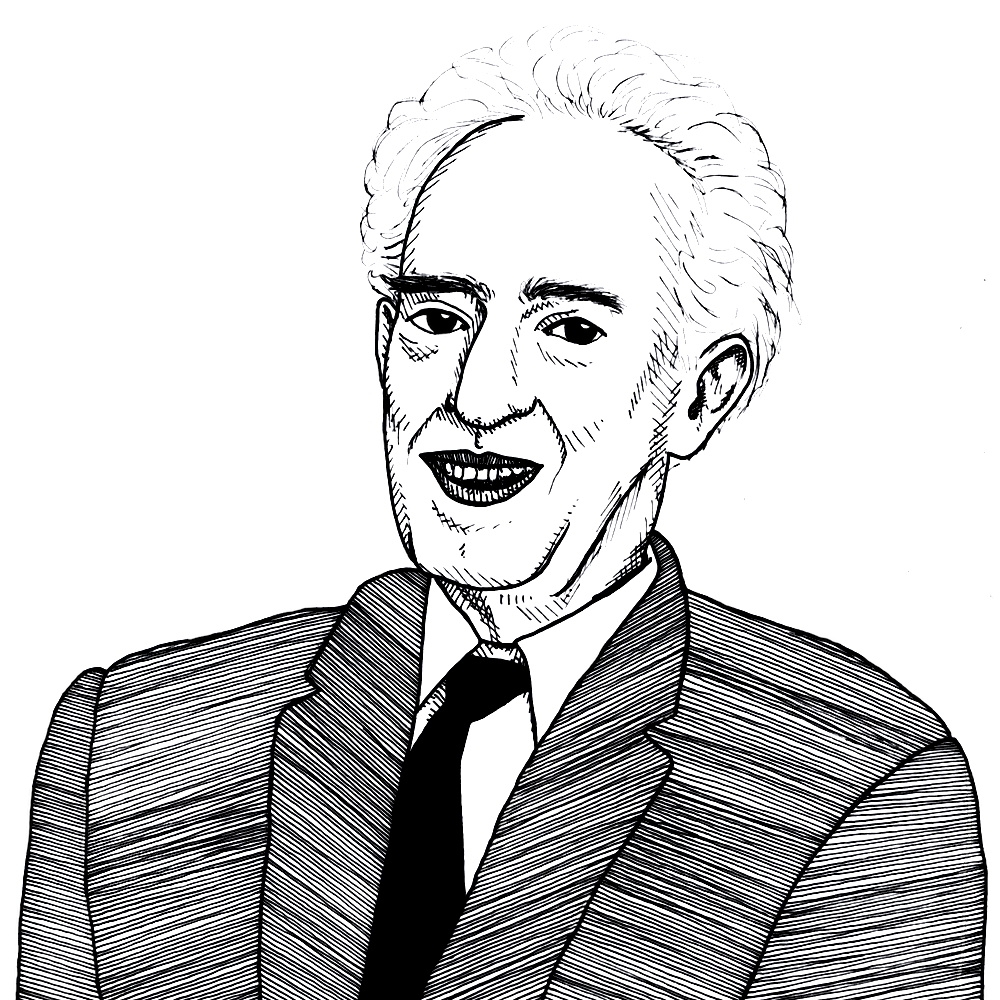
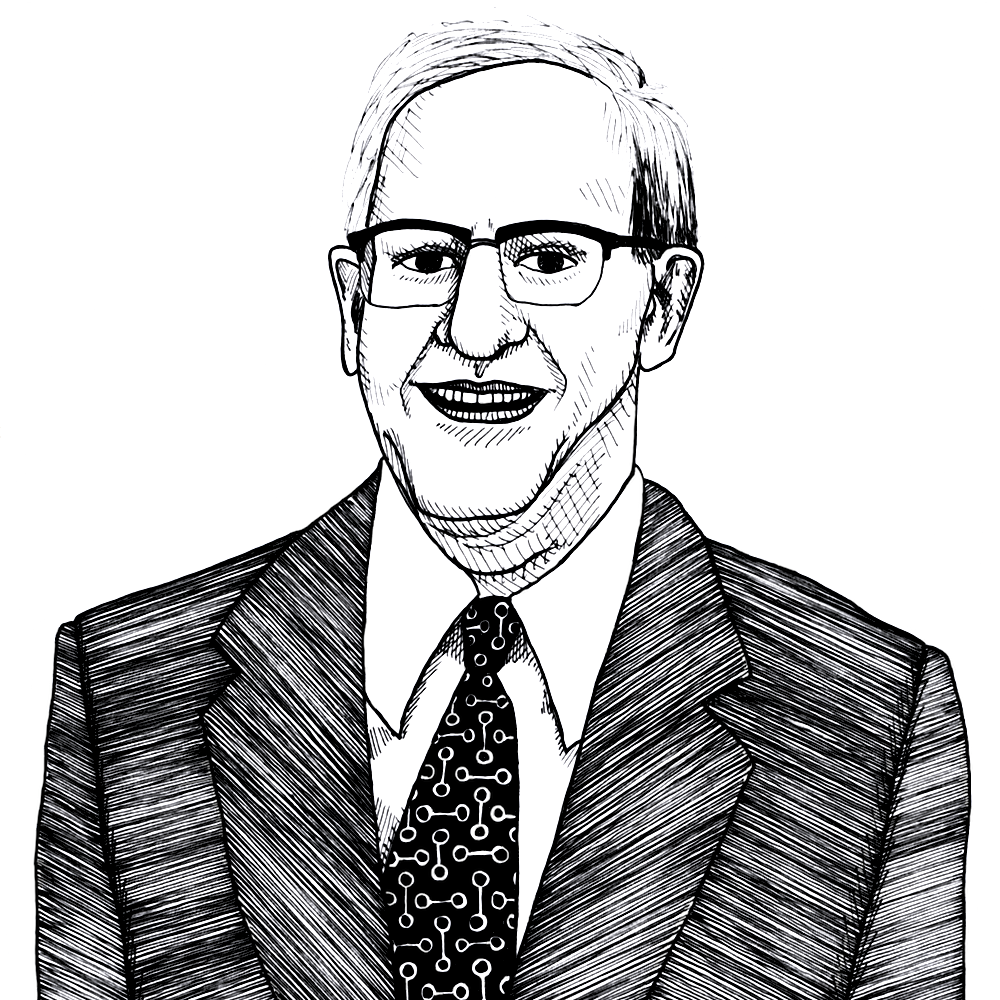

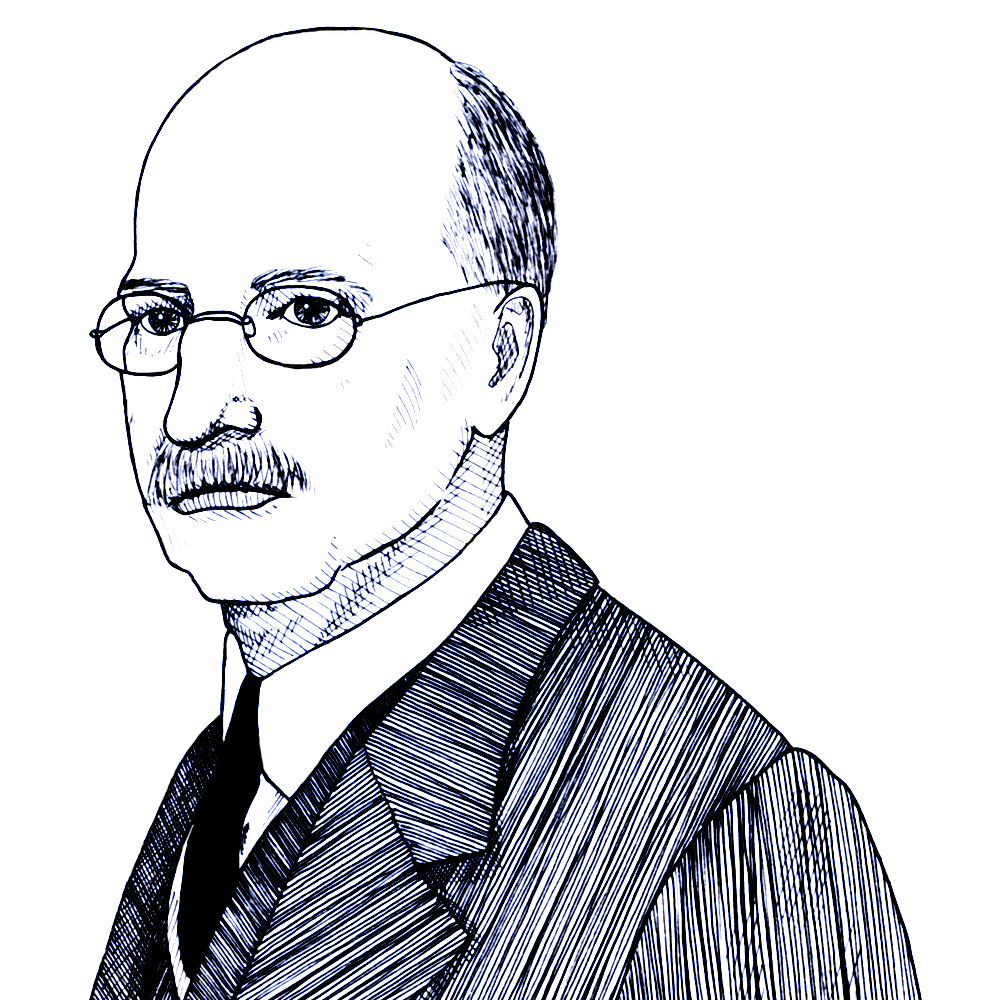

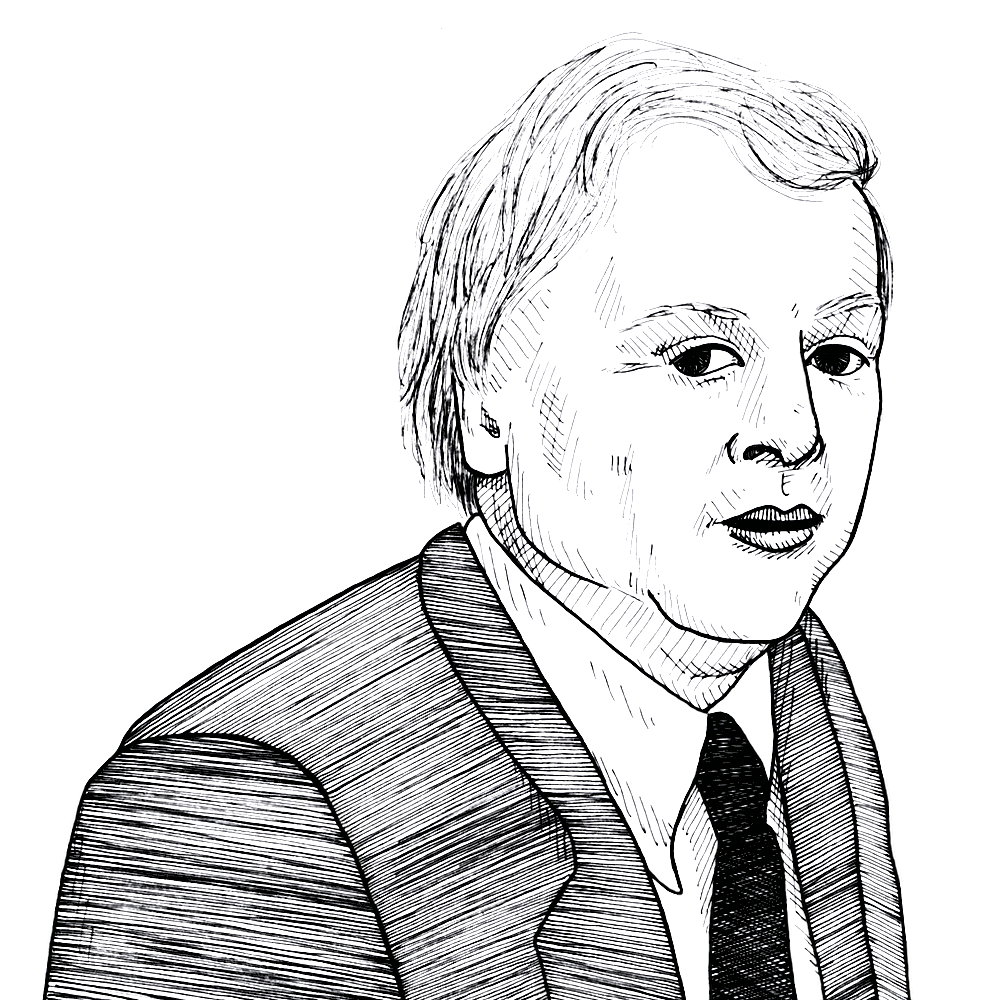

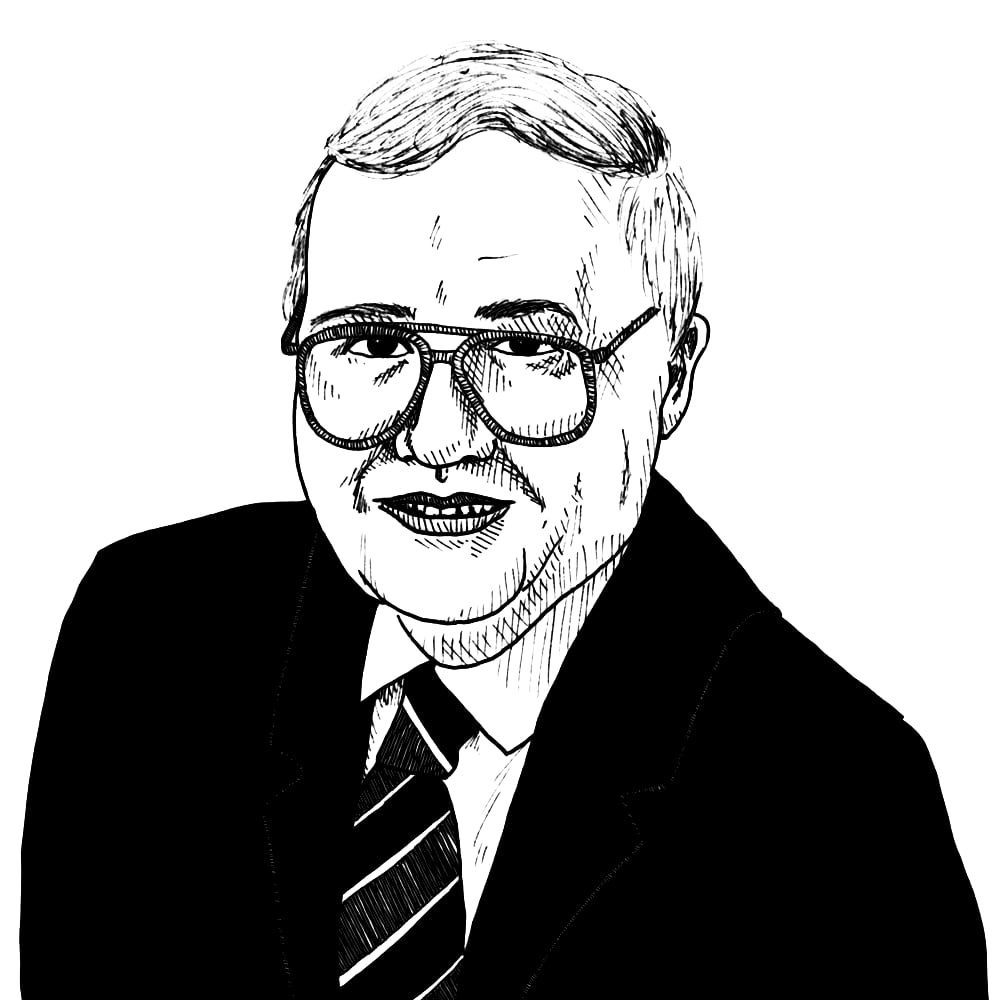


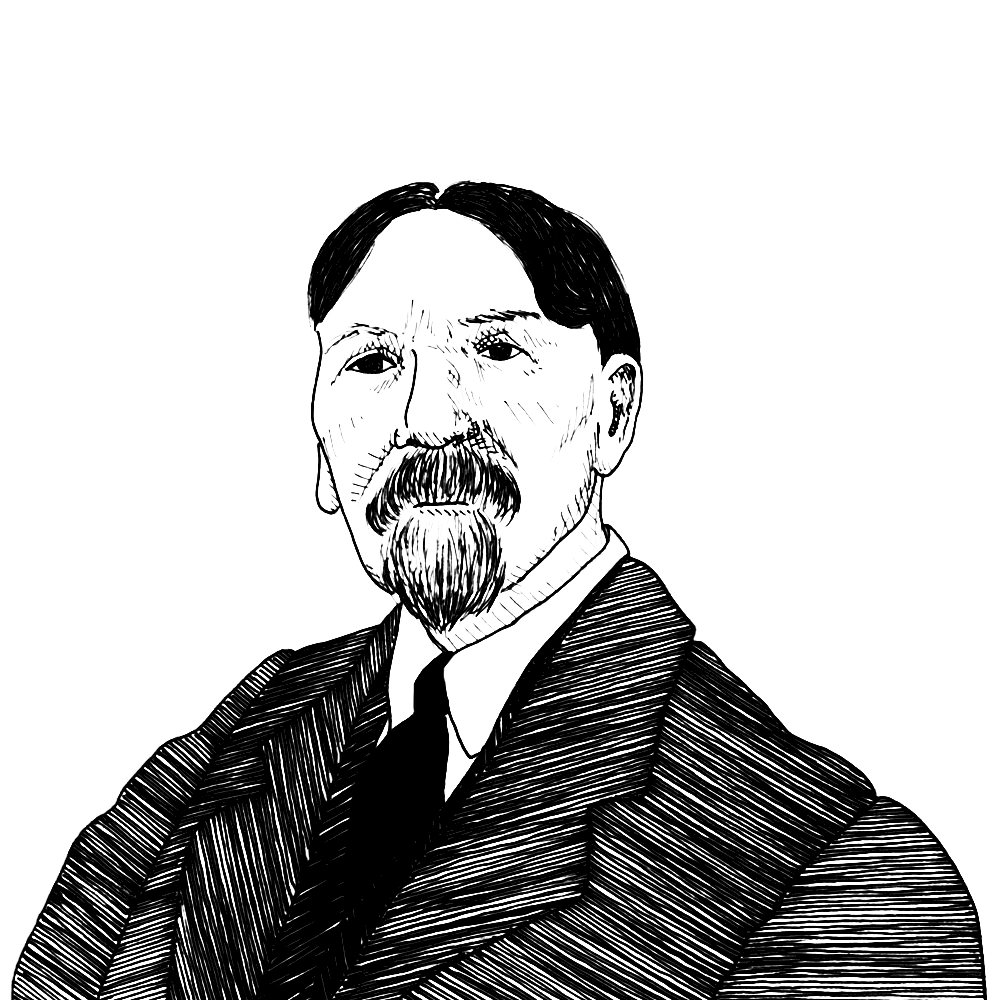
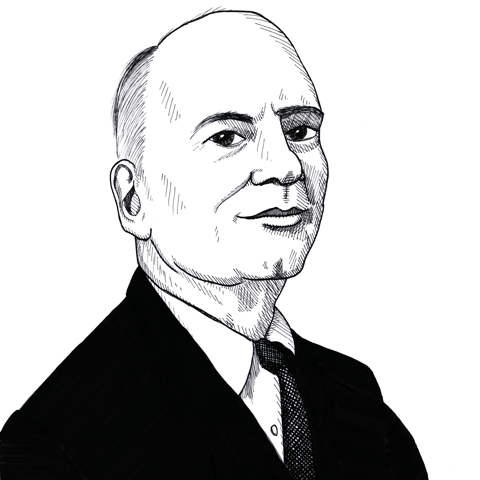

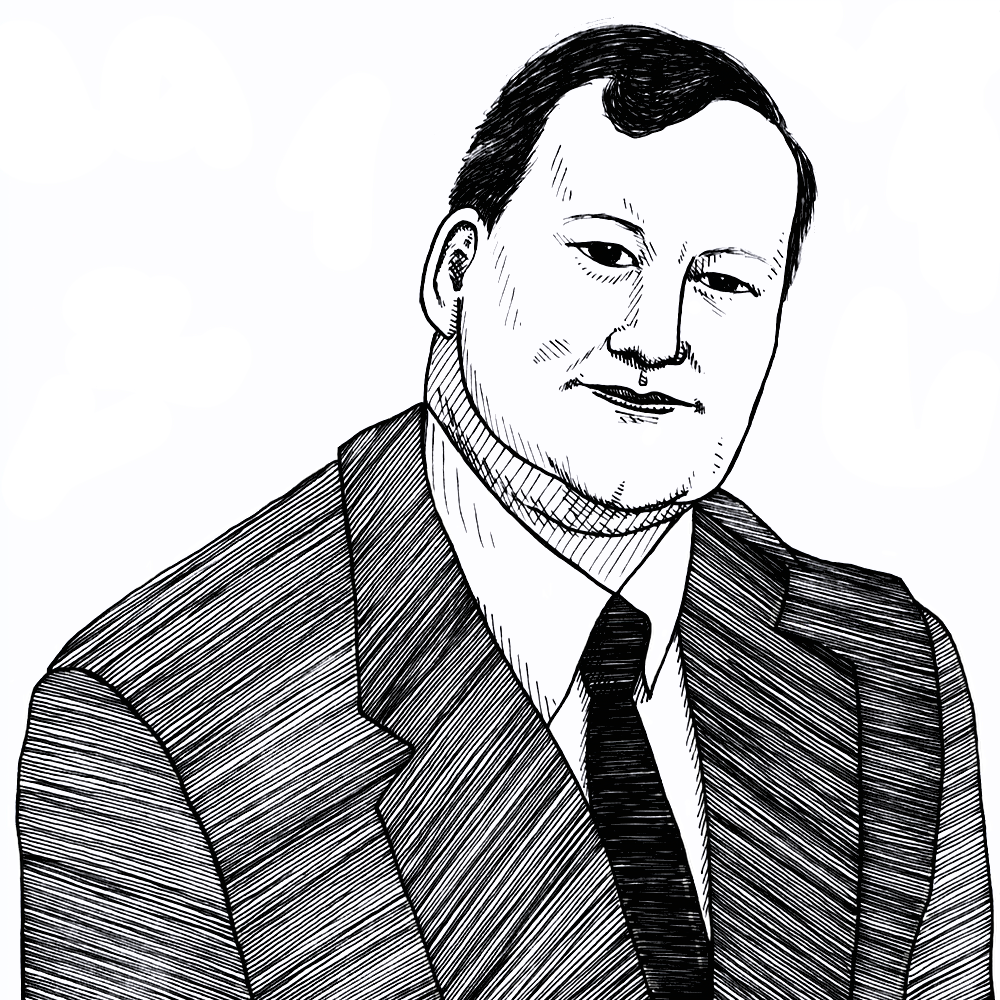
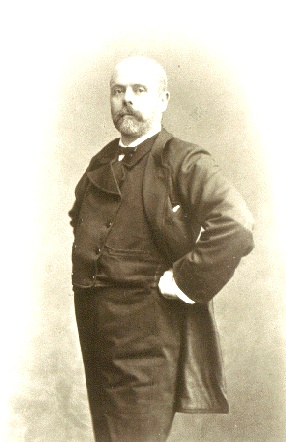
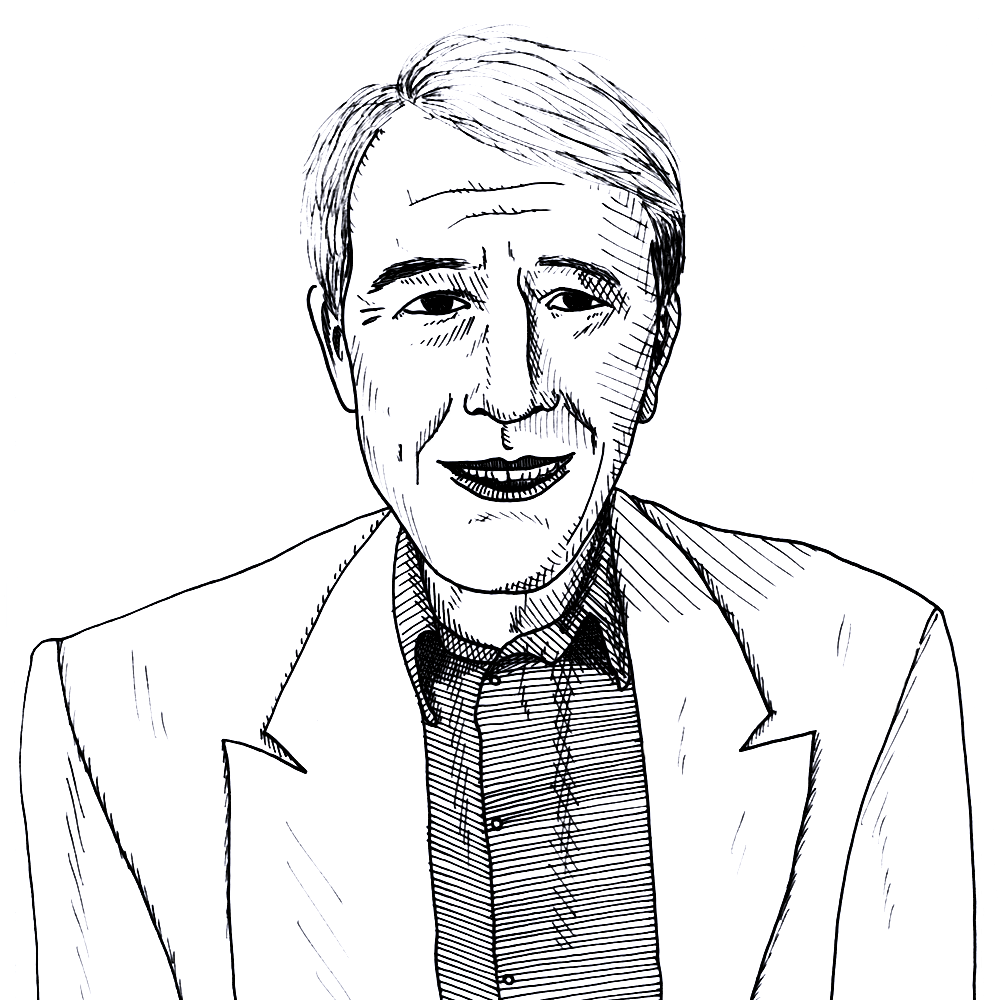

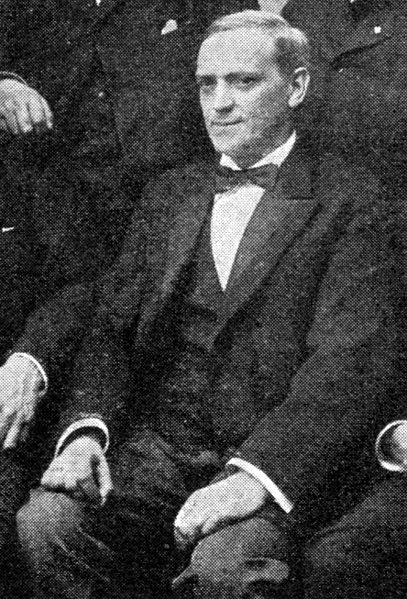
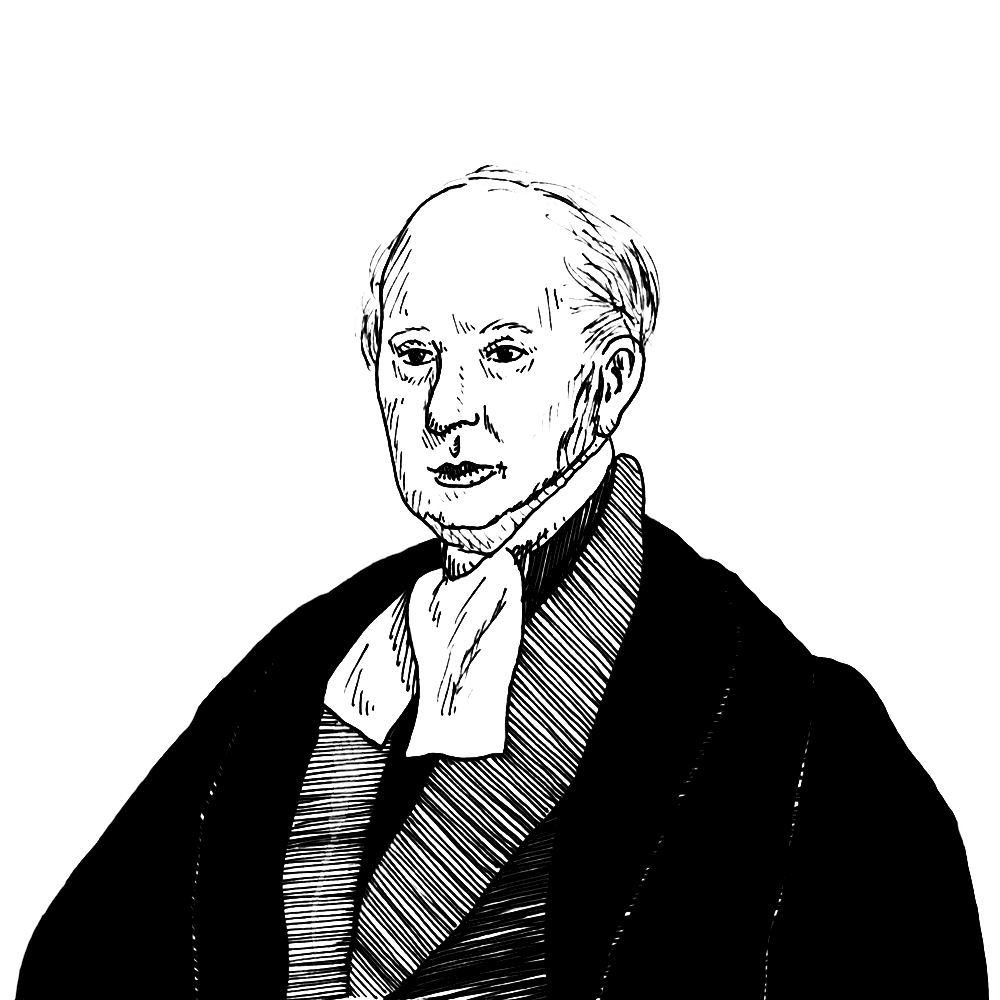
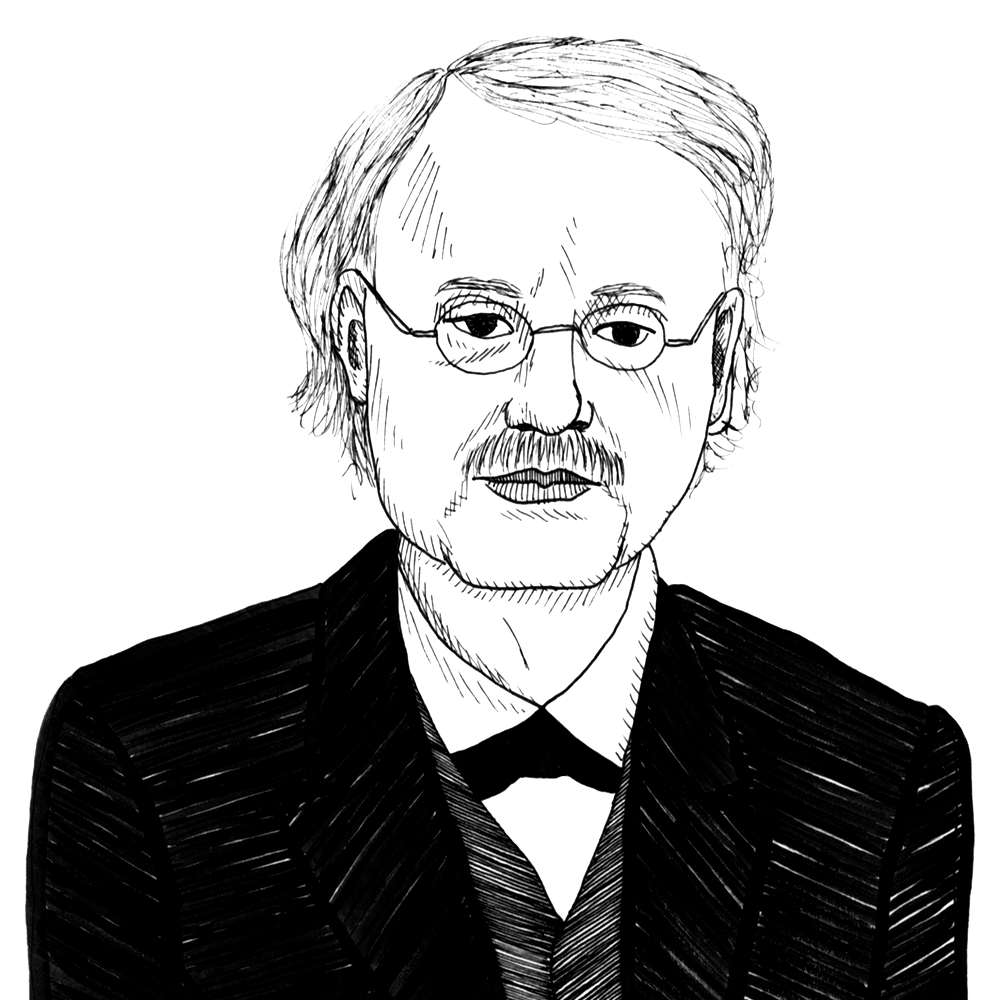
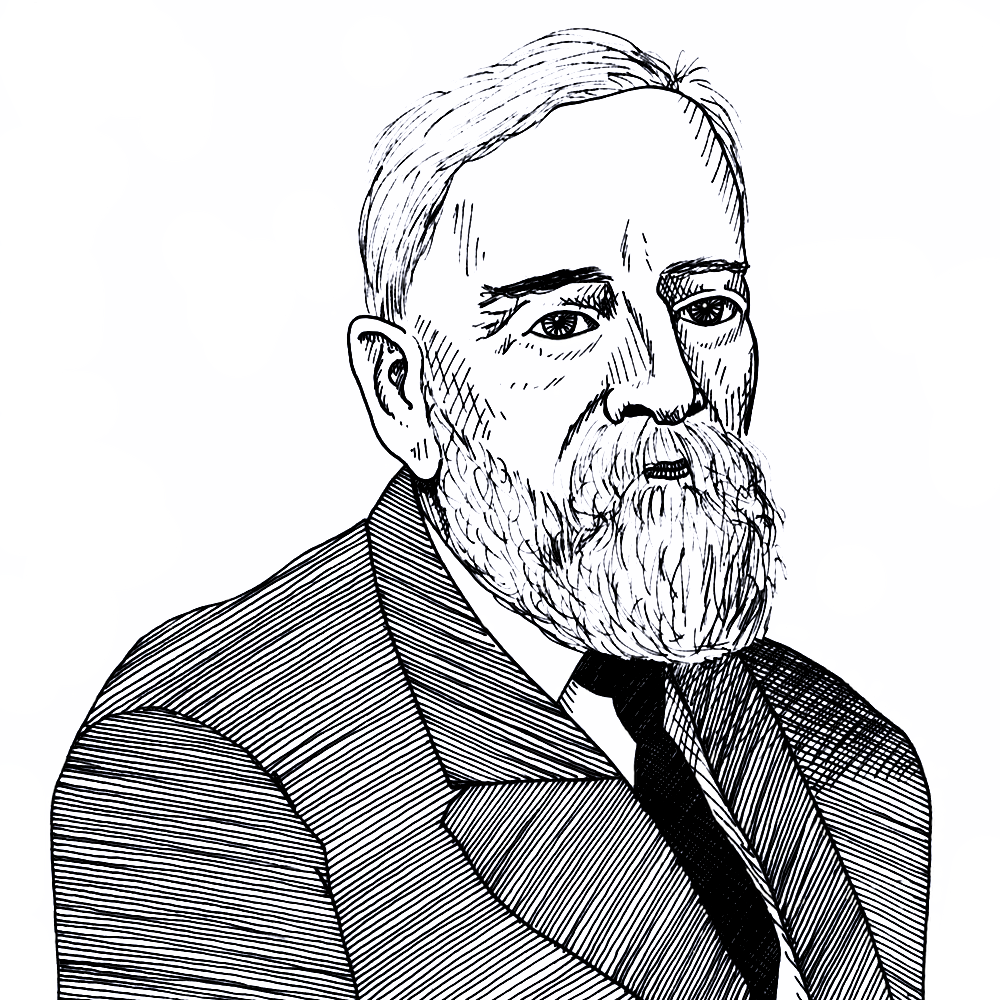
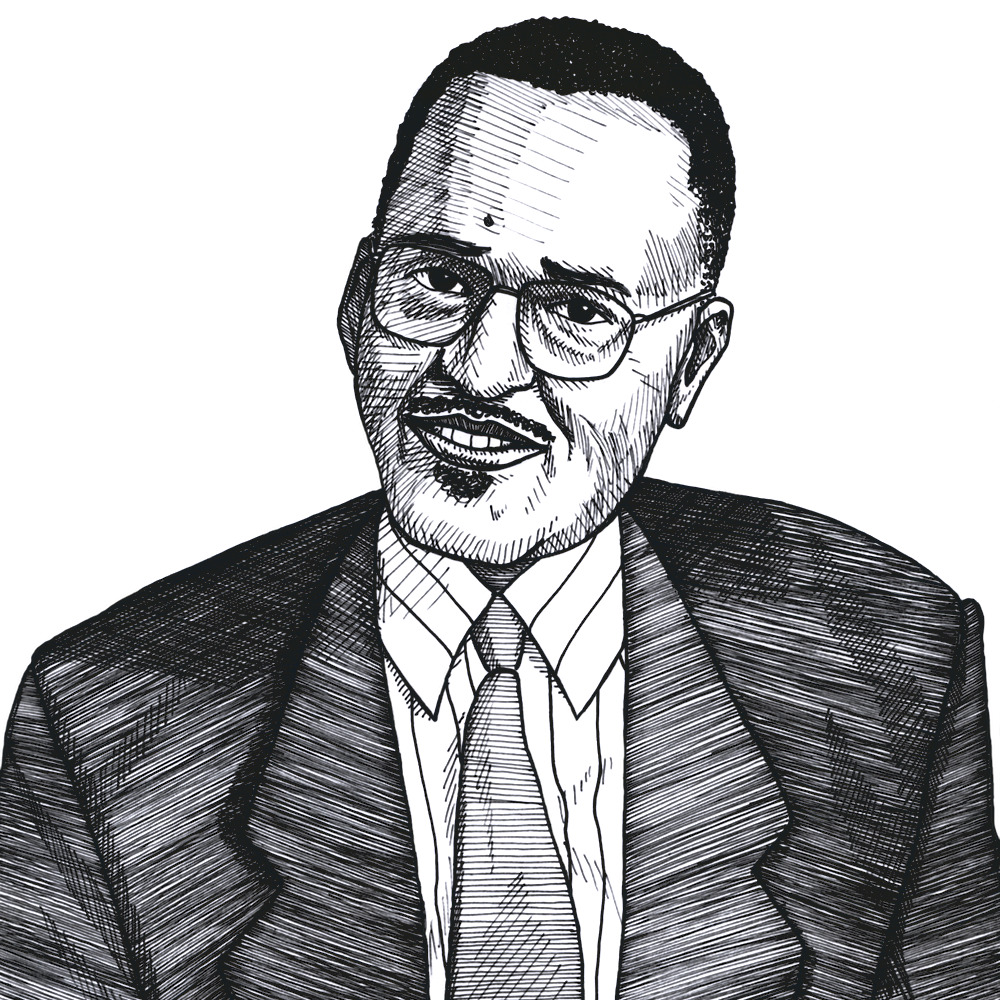


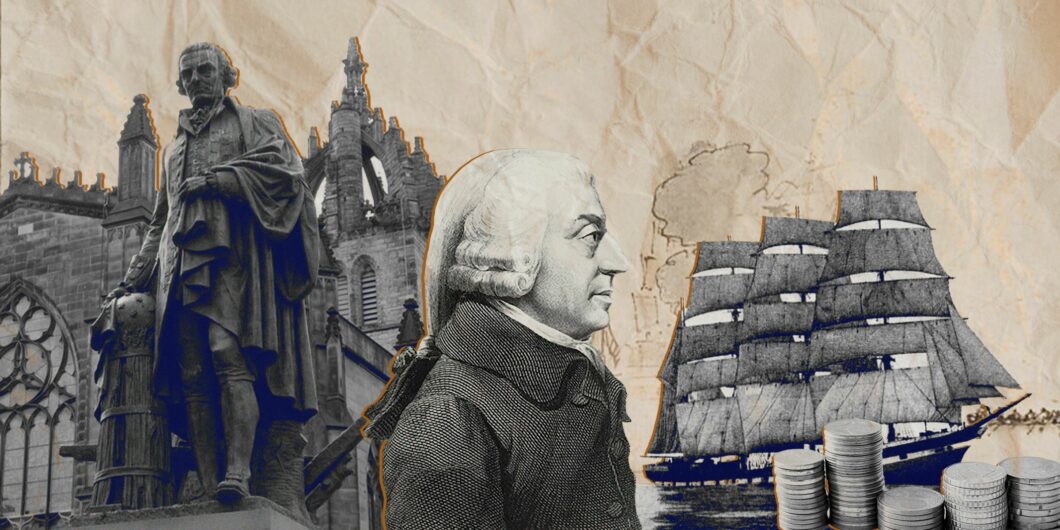
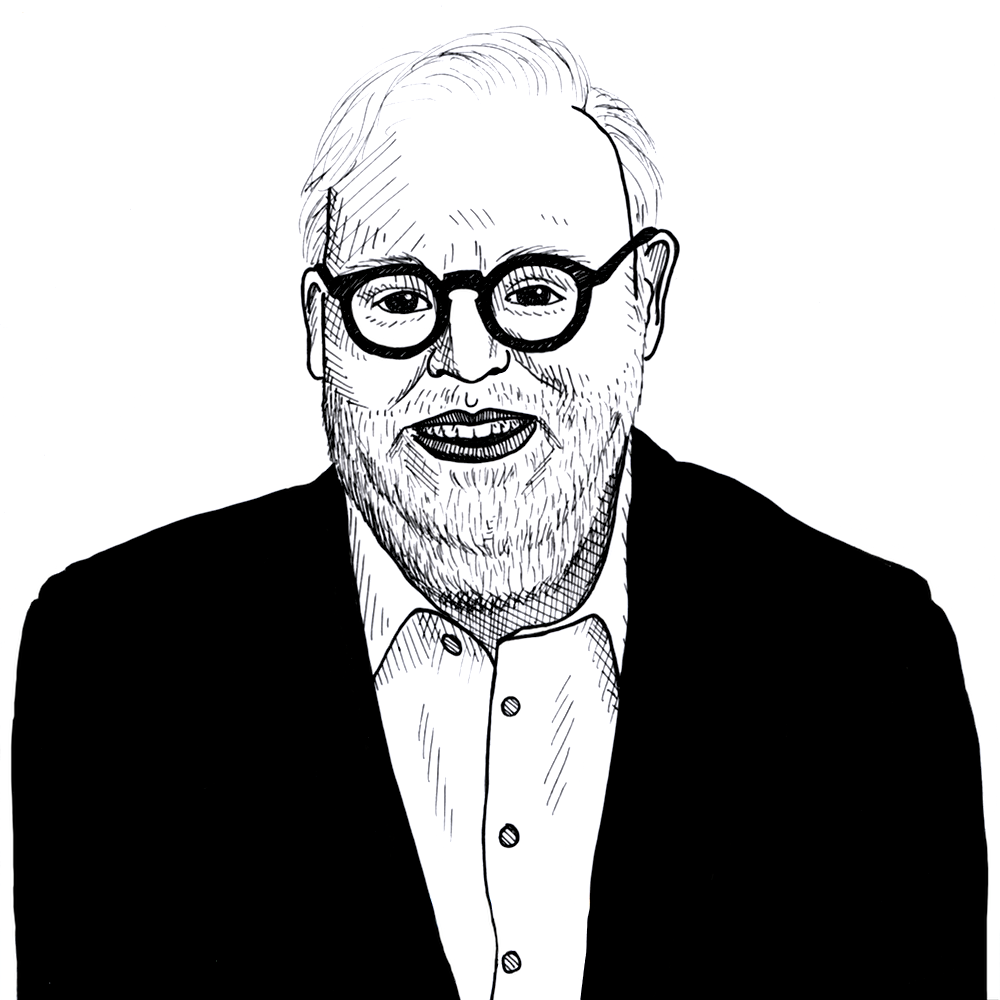
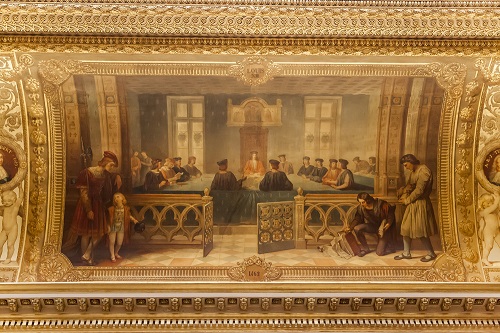
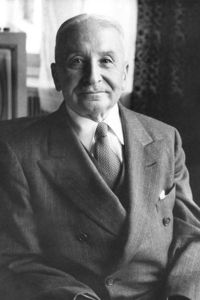
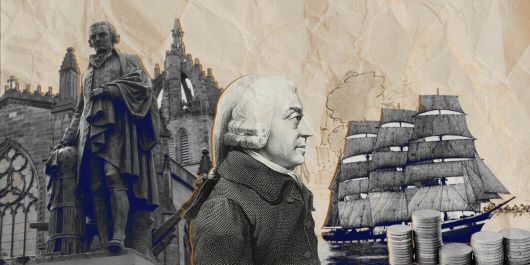
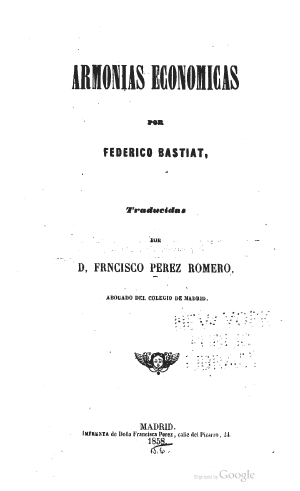
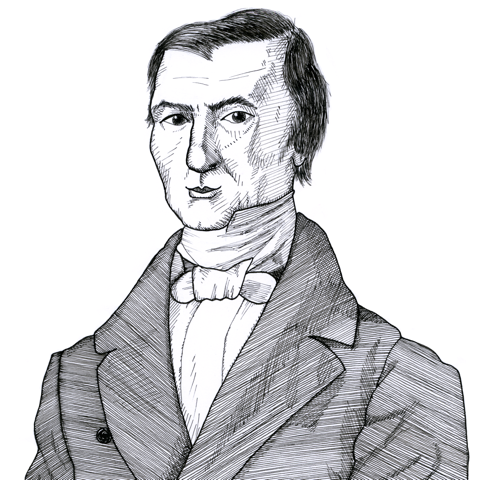

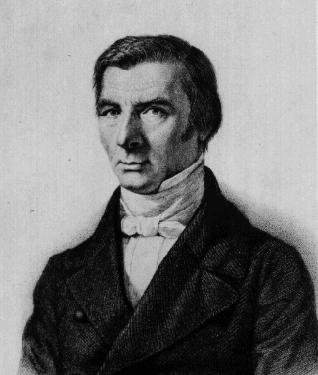






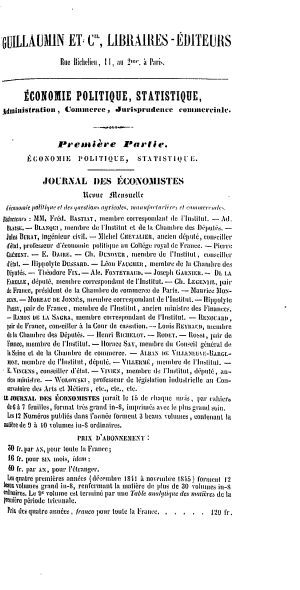
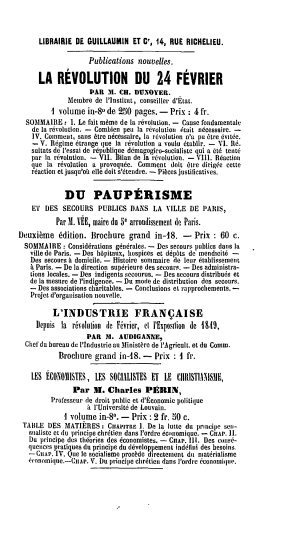
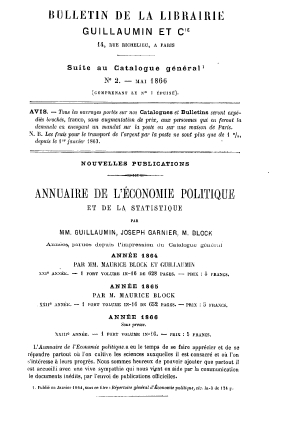
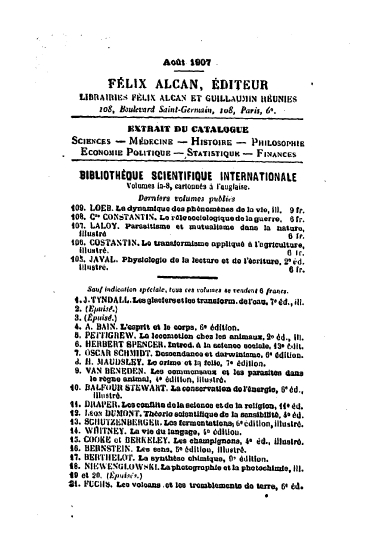
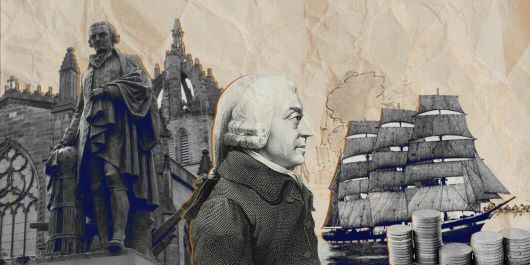
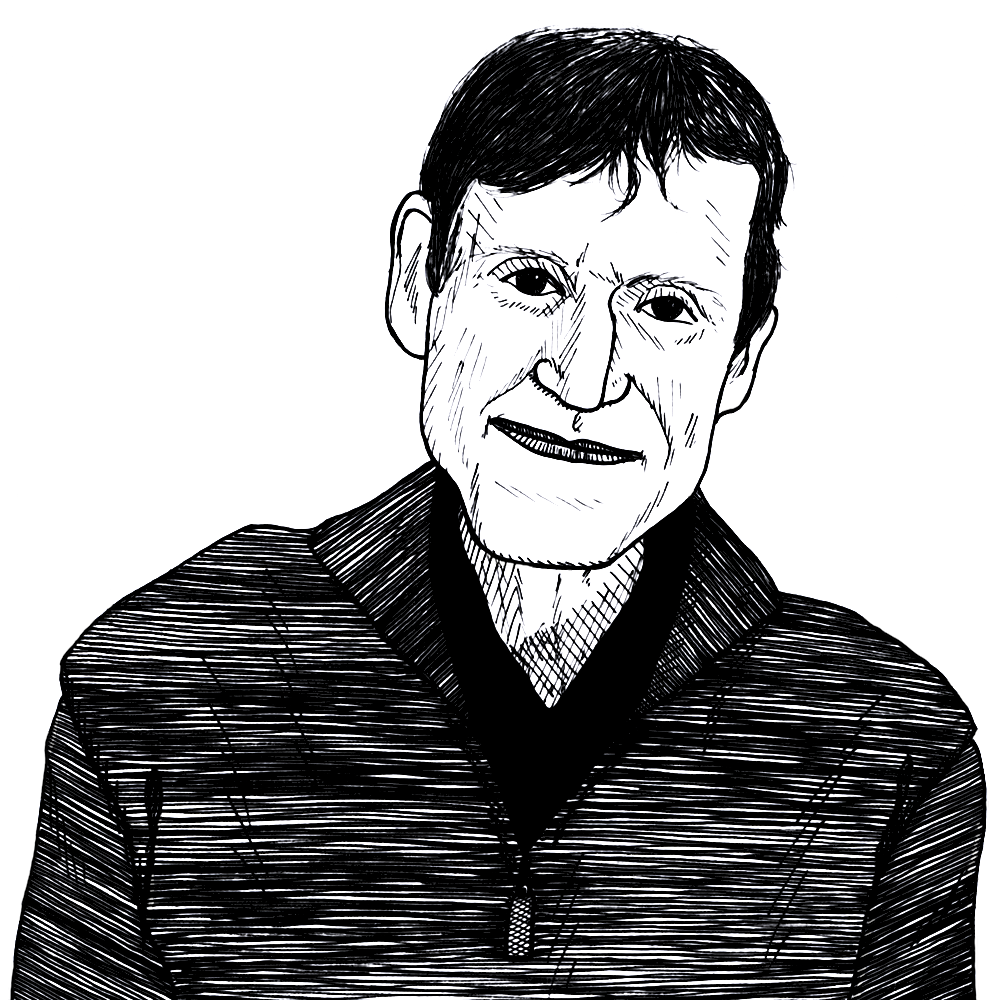
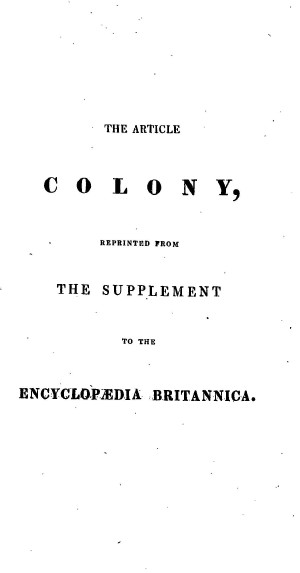
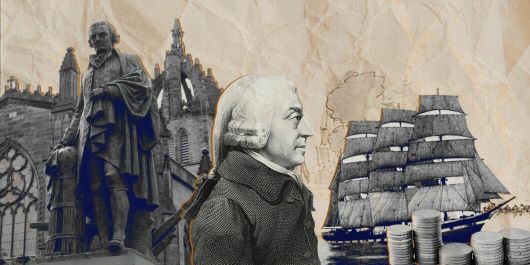
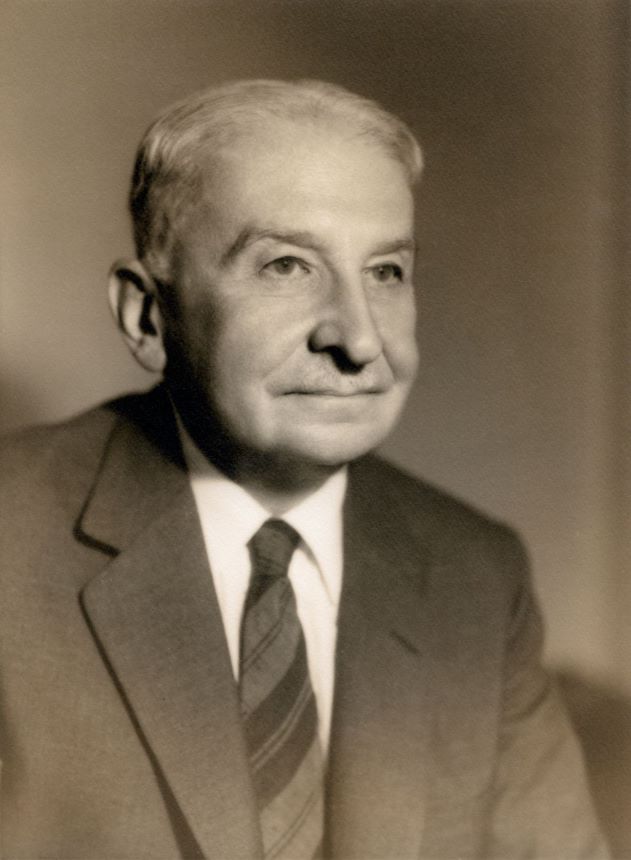

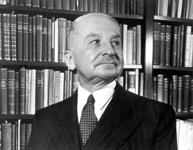
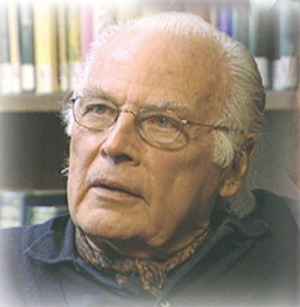

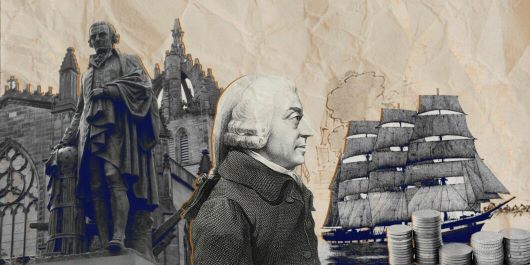
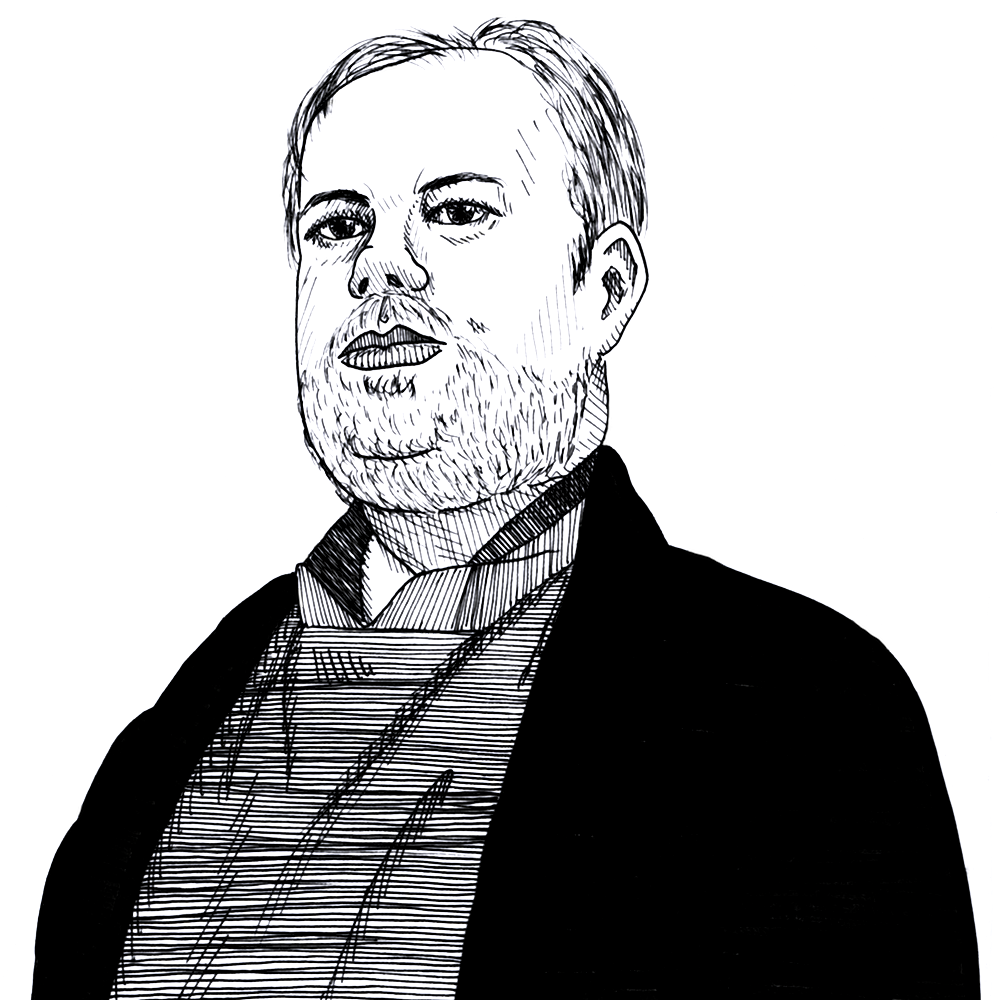

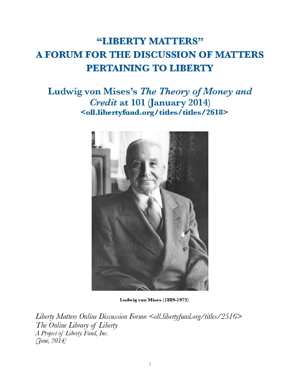
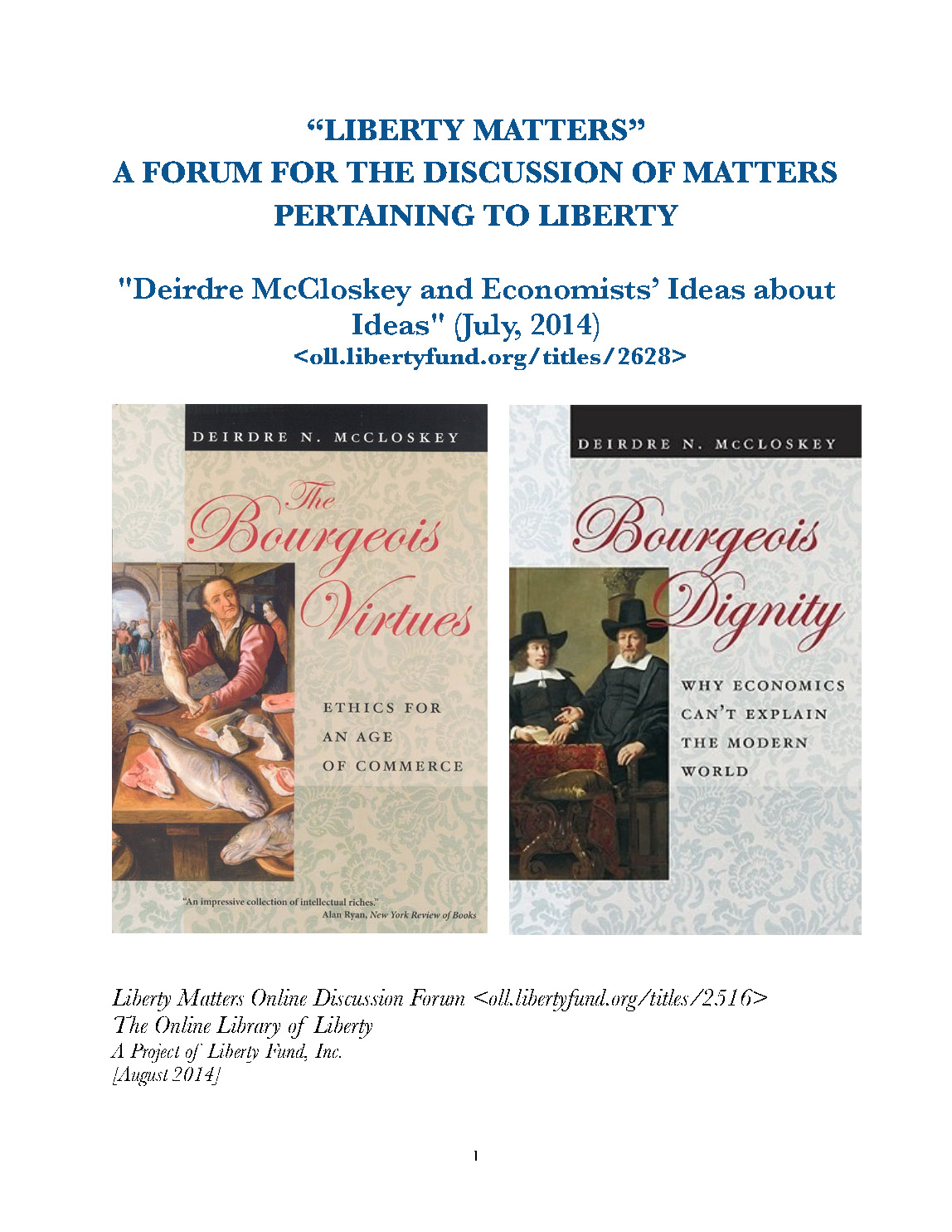
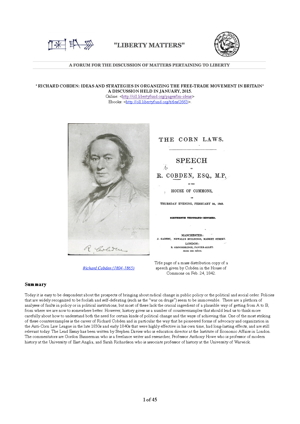
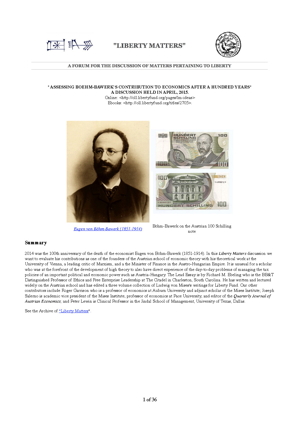
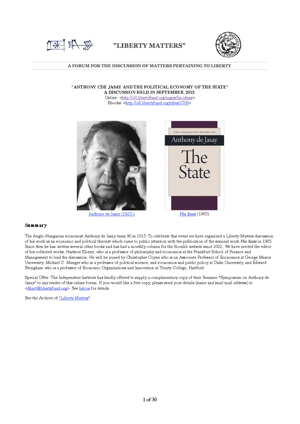
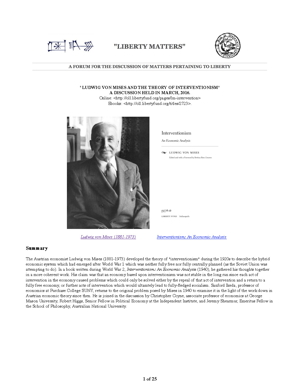
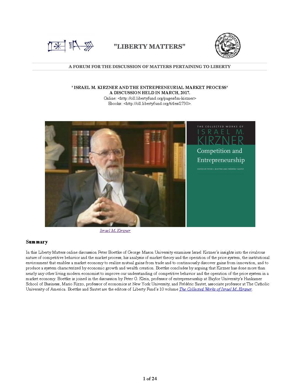
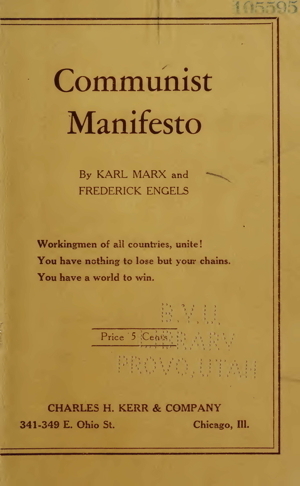
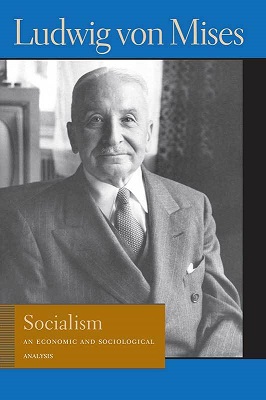
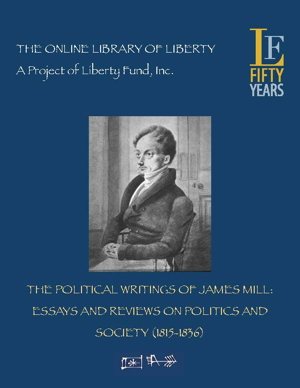
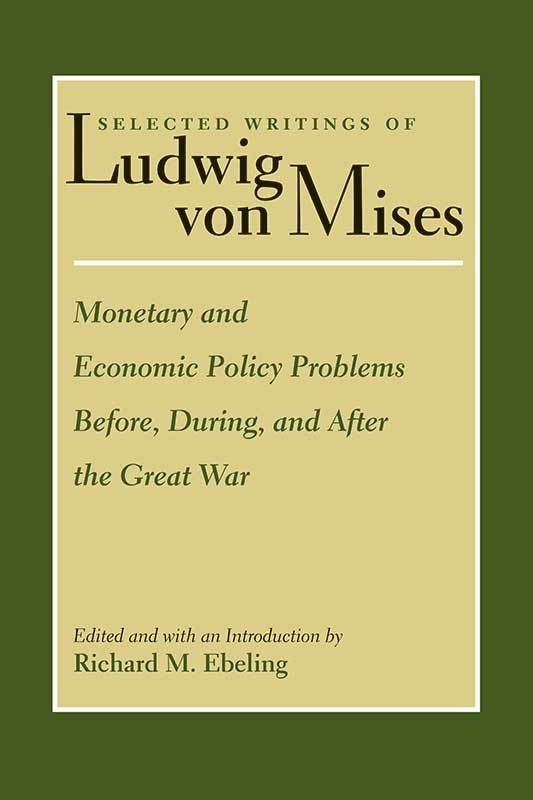
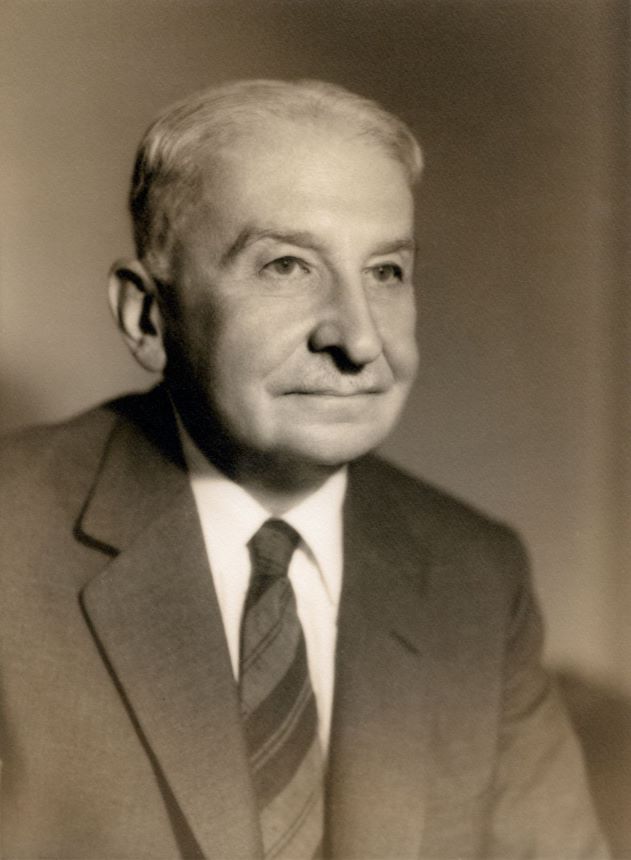
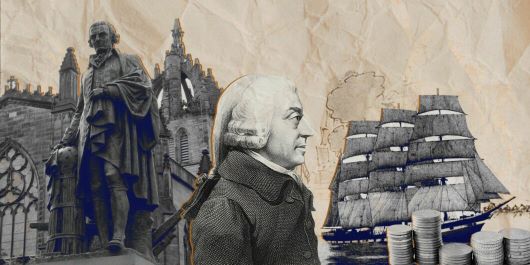
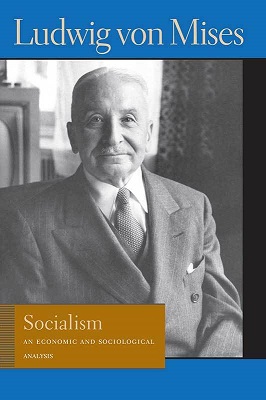

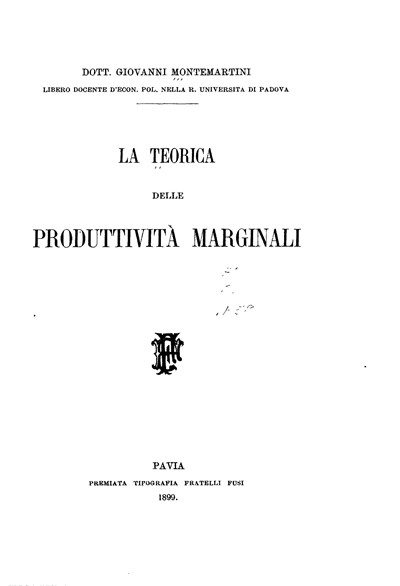
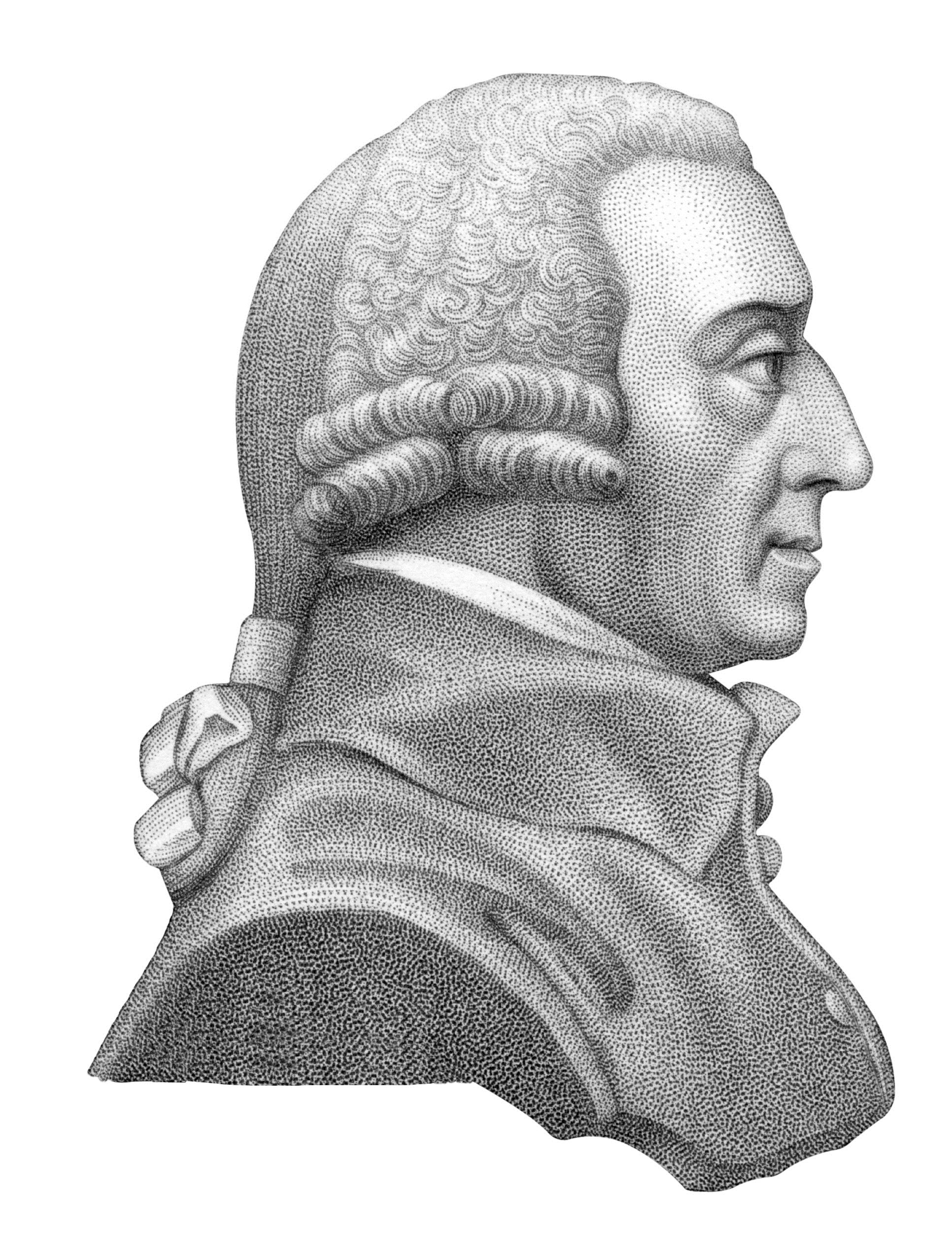
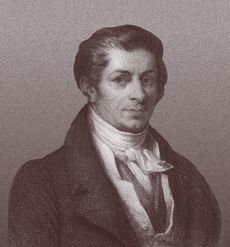
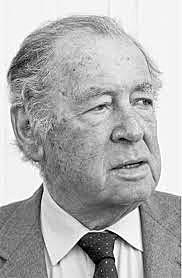
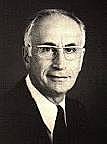
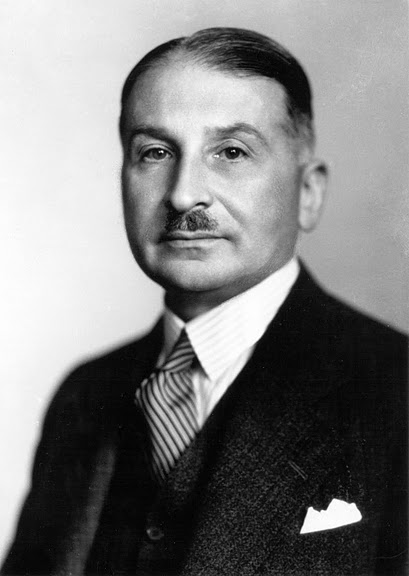
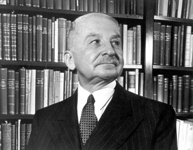
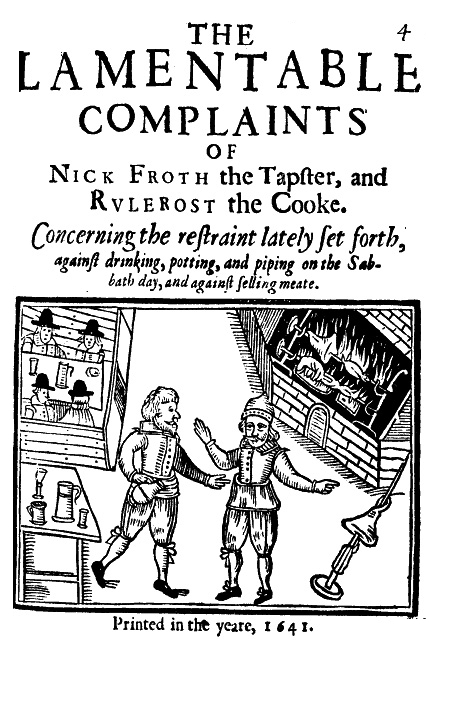
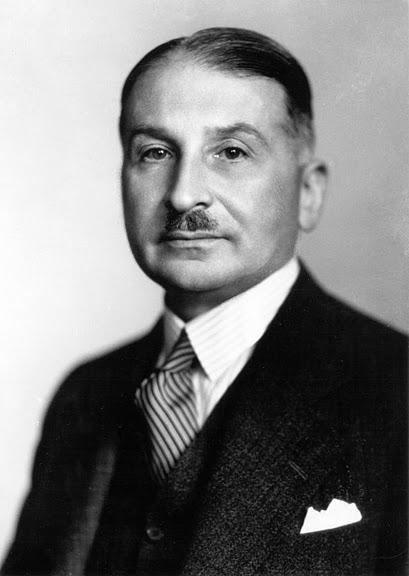
Social History And Conditions. Social Problems. Social Reform